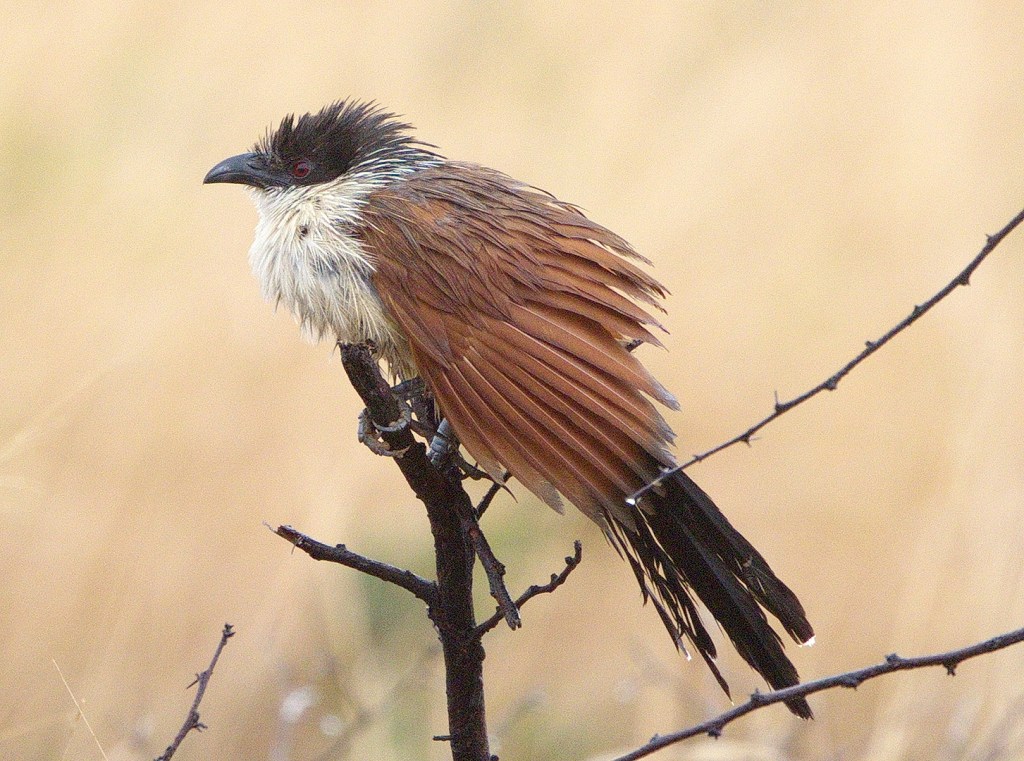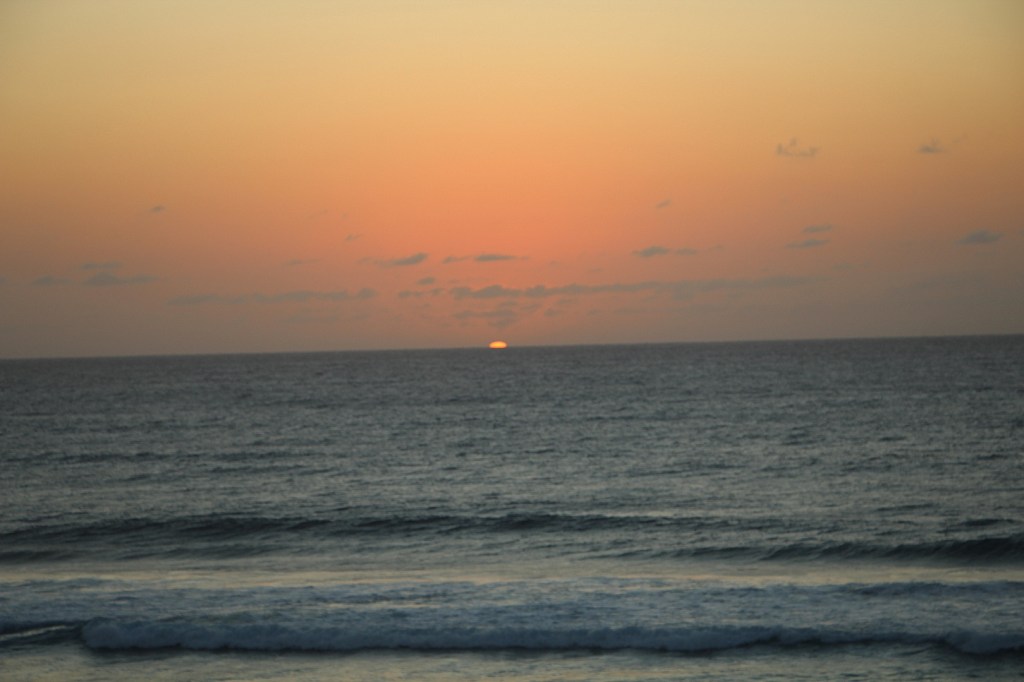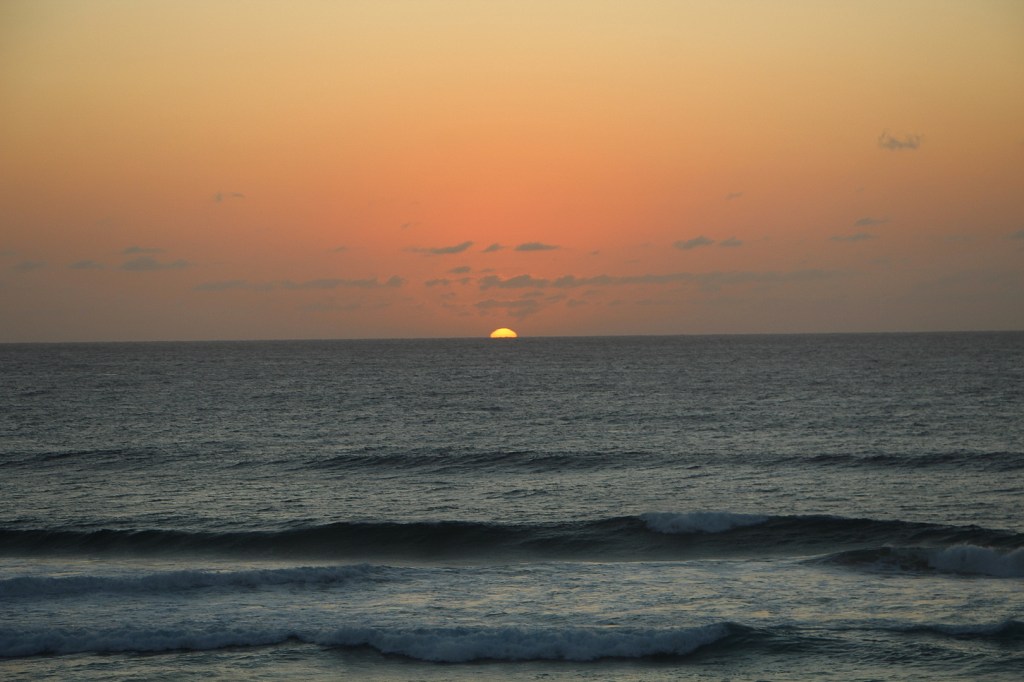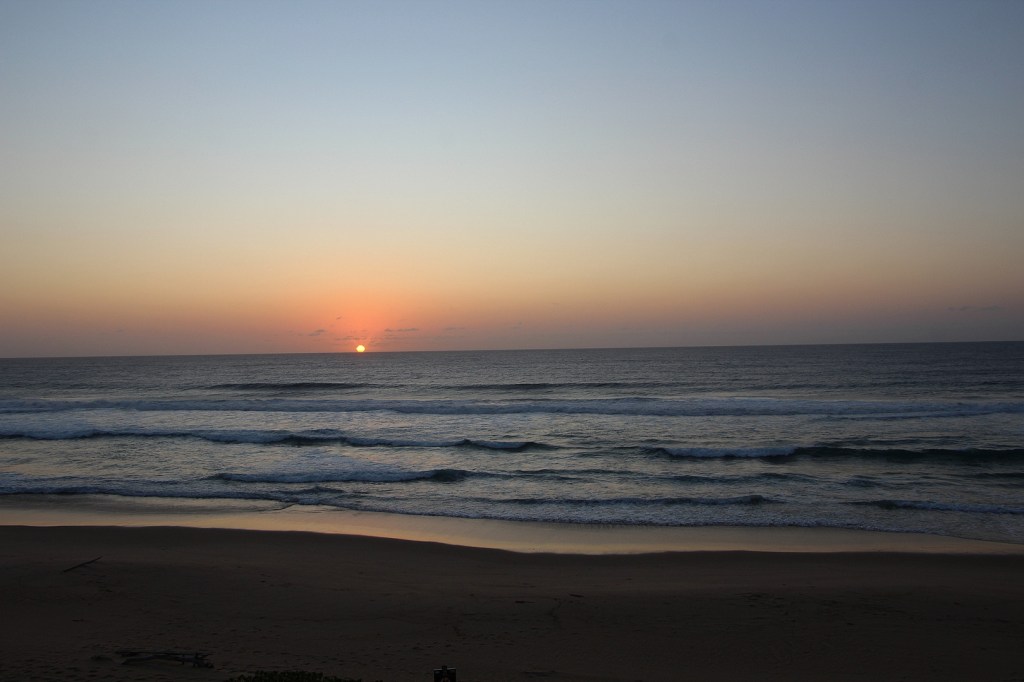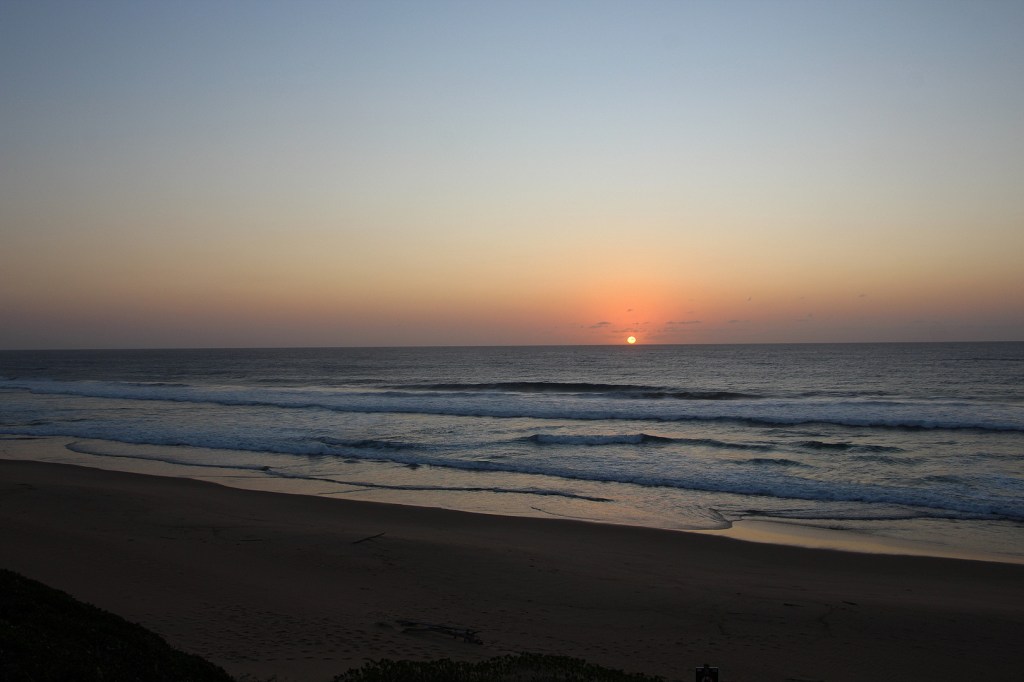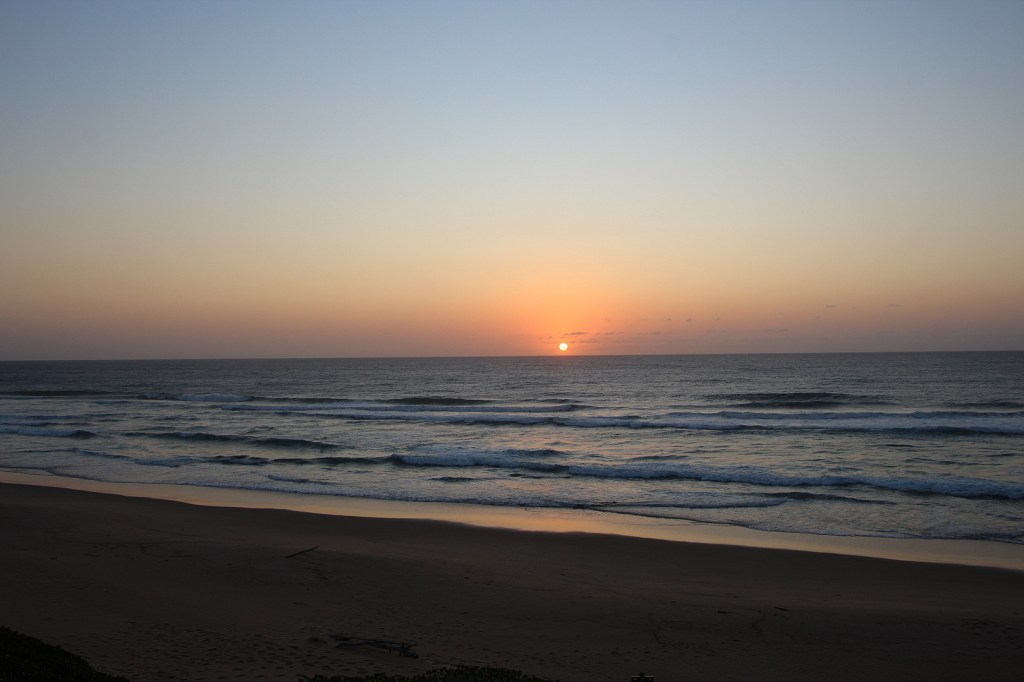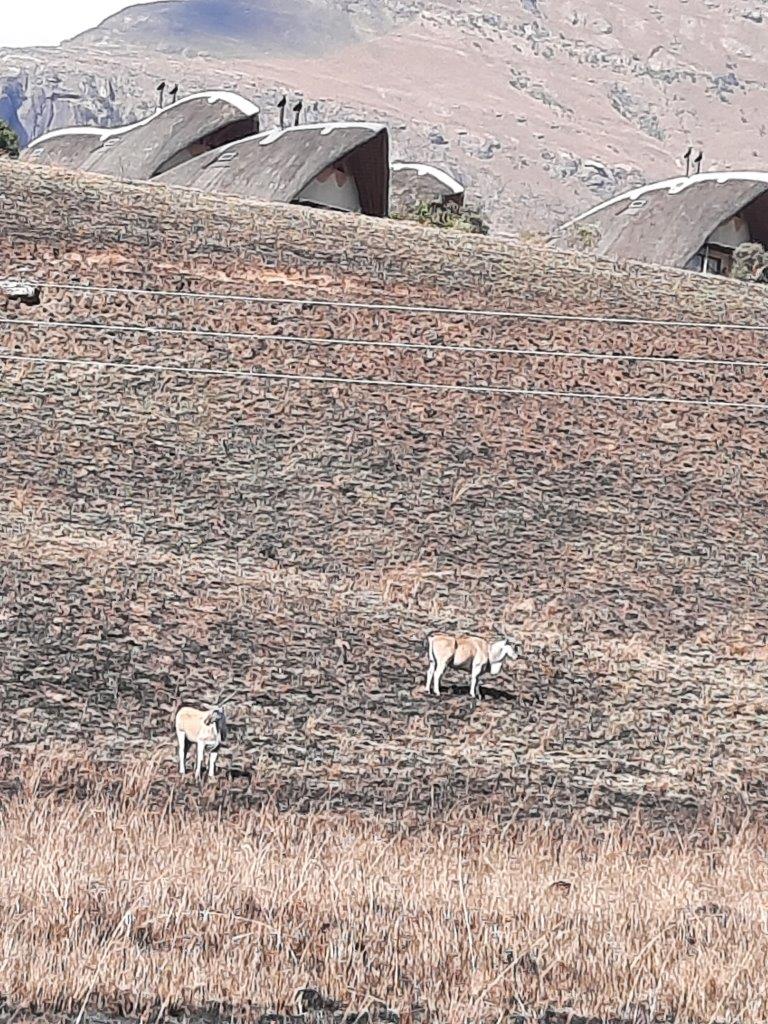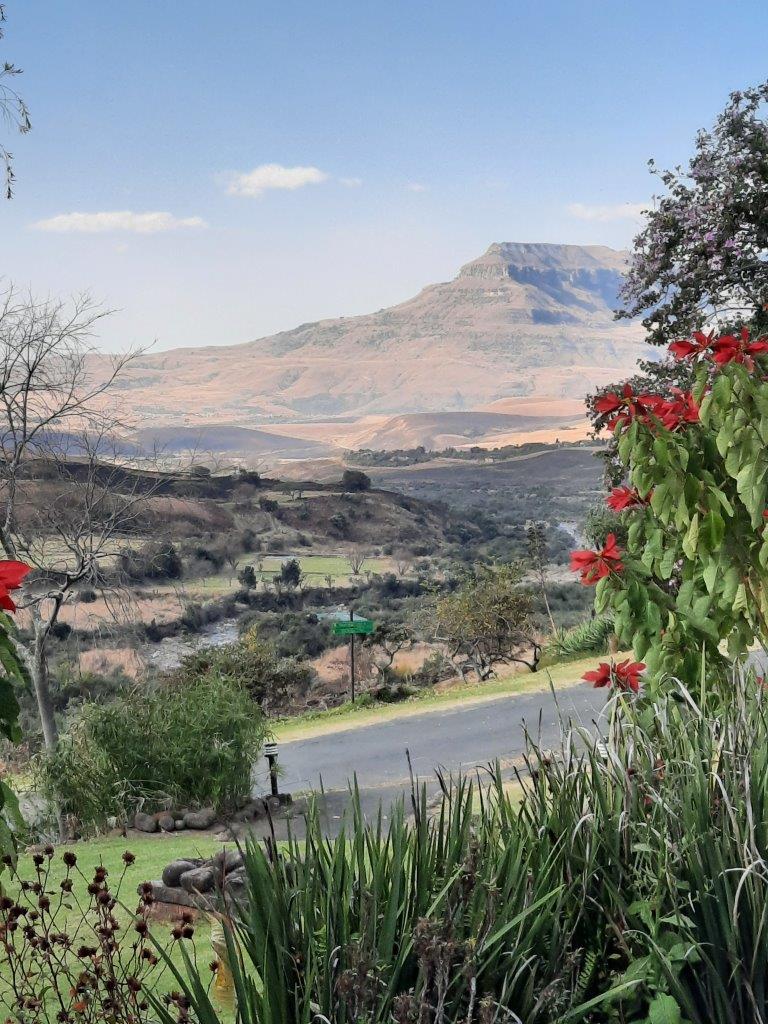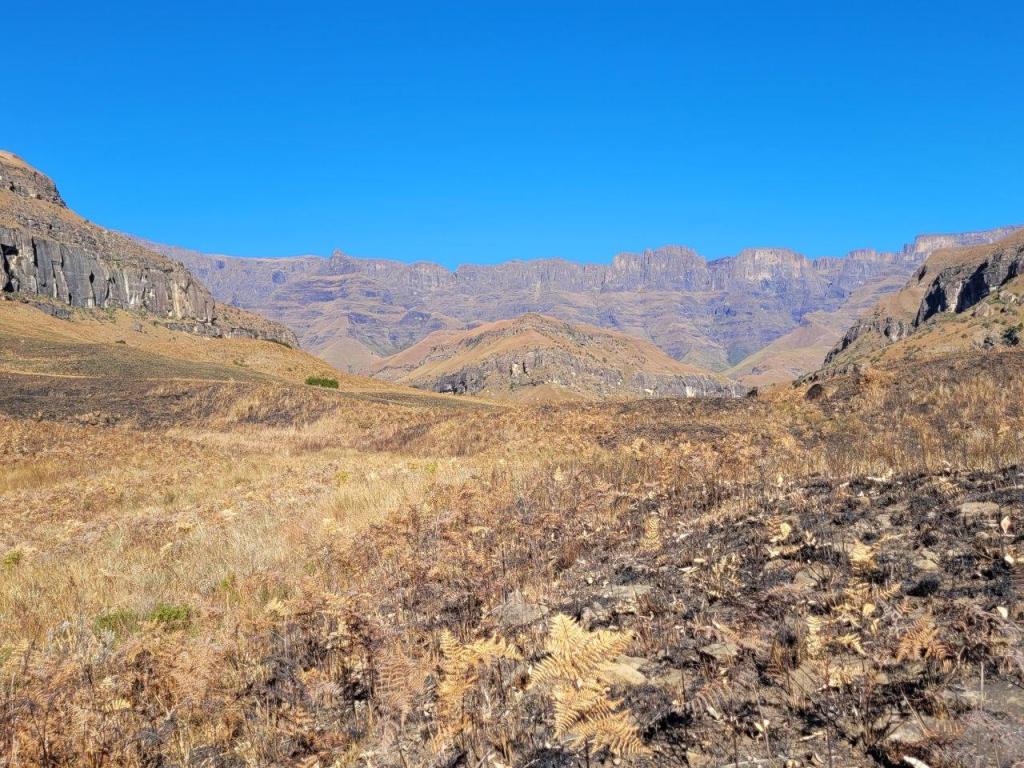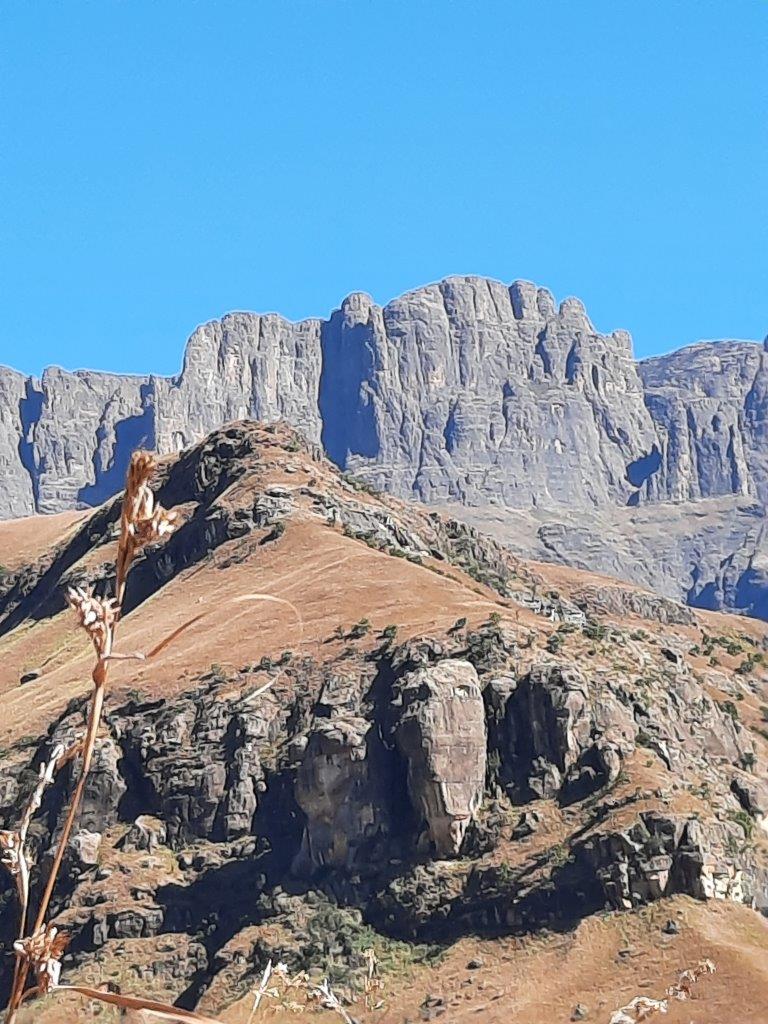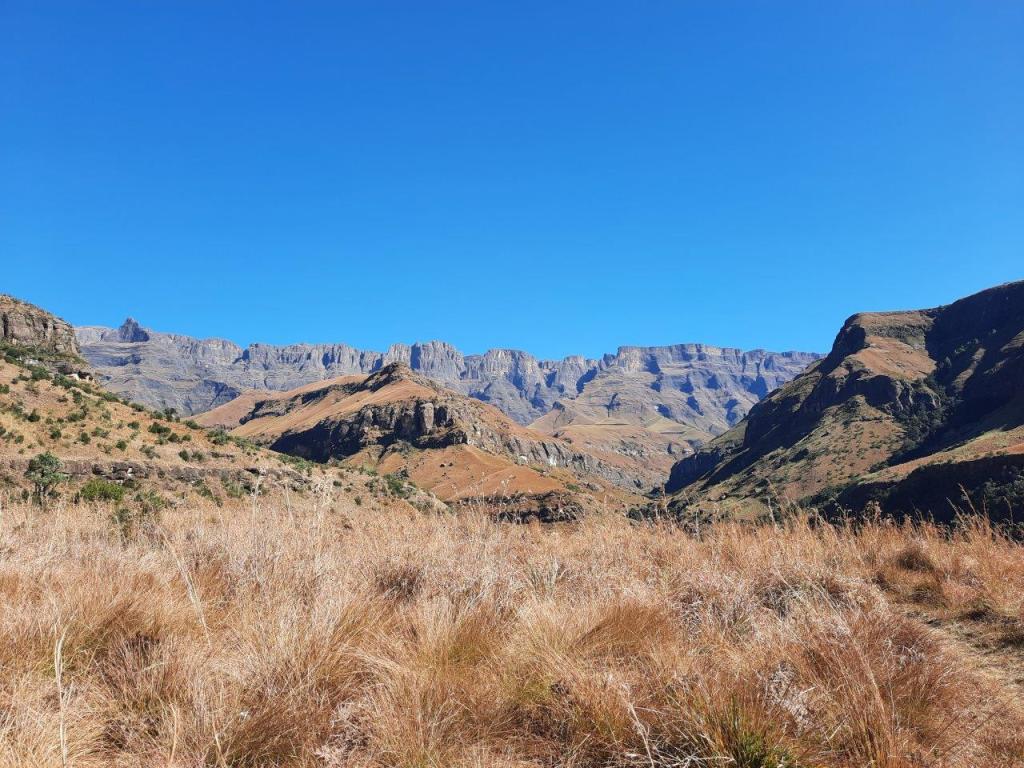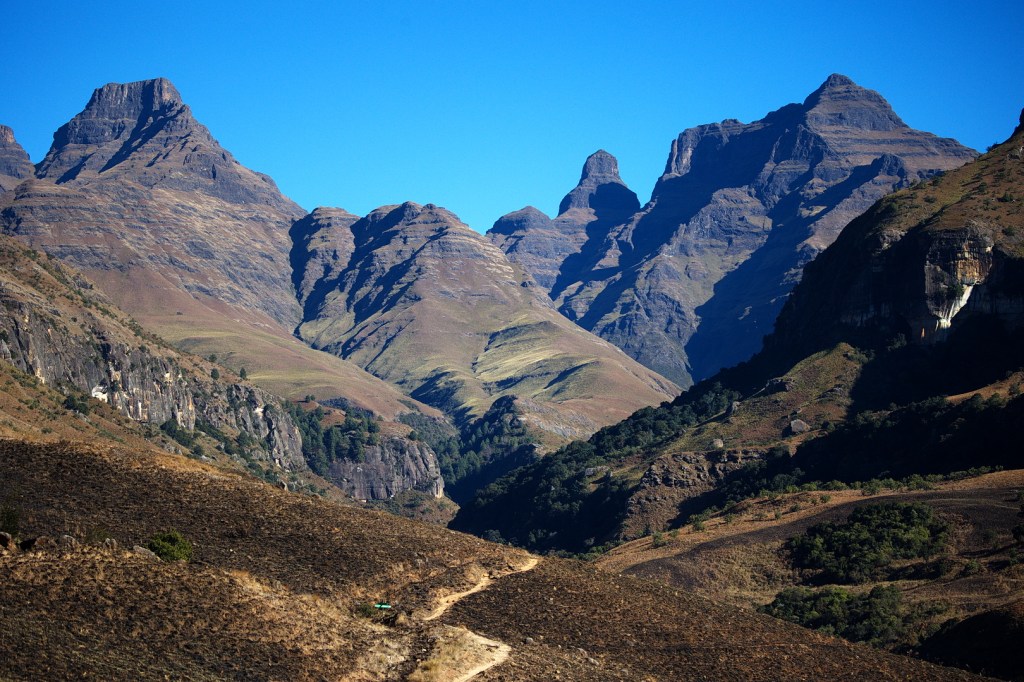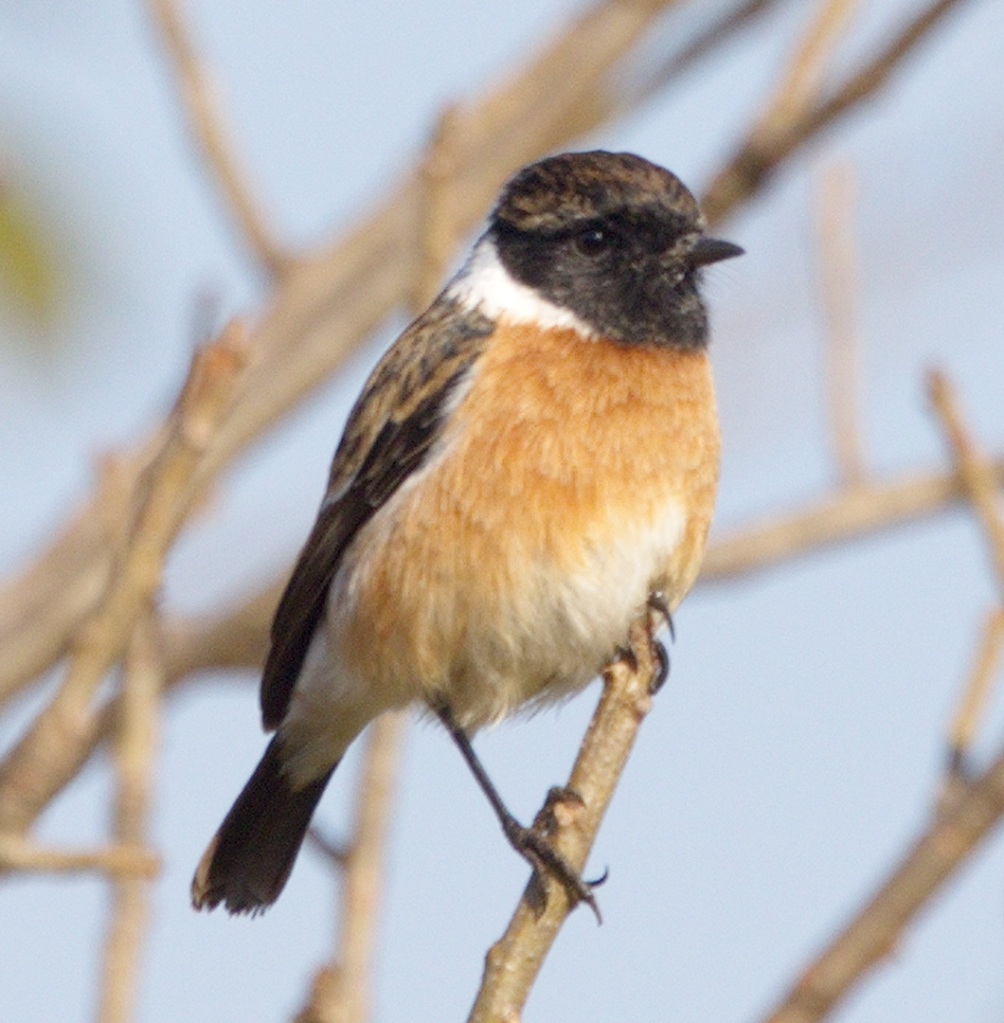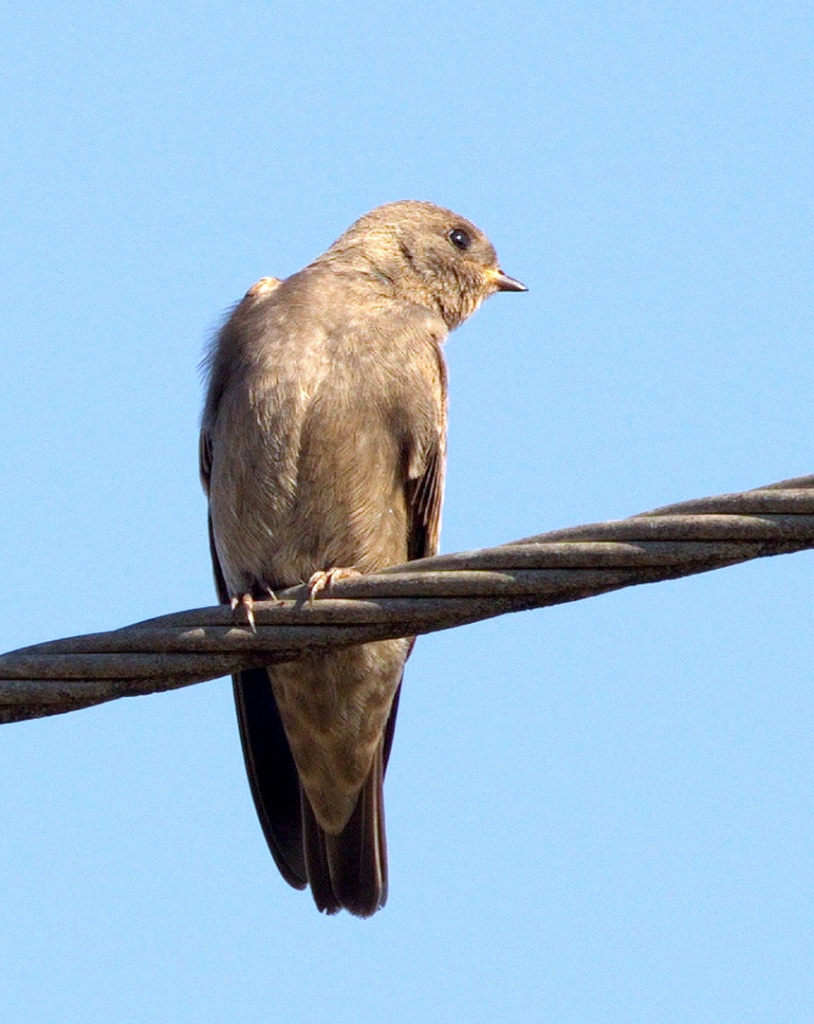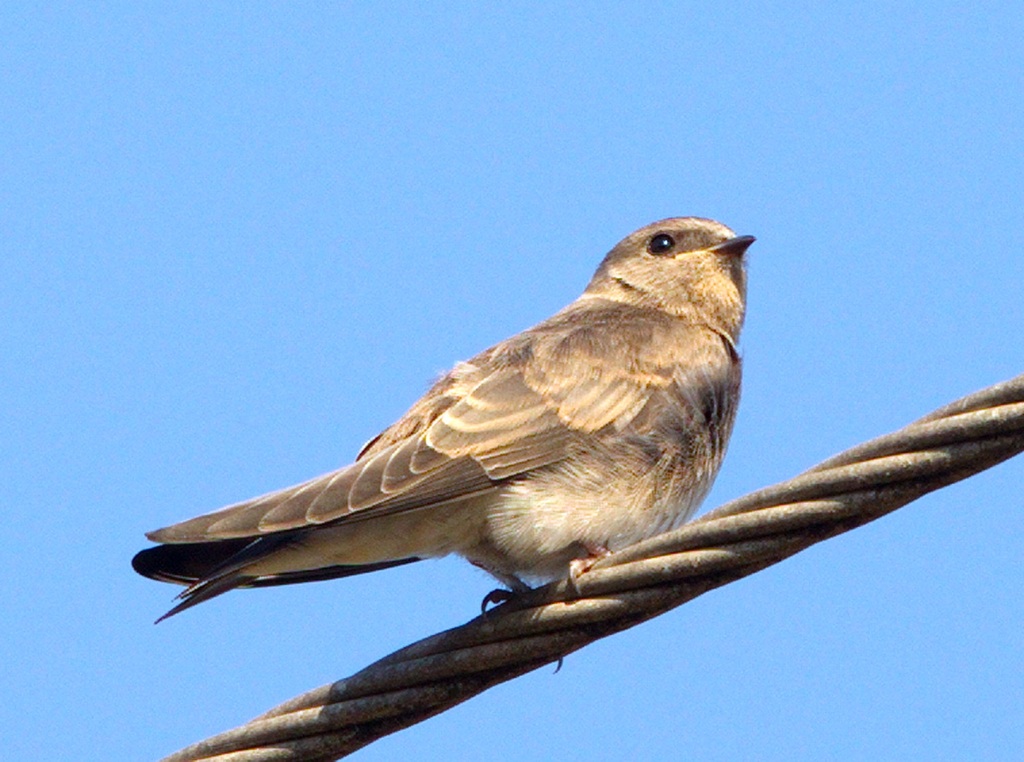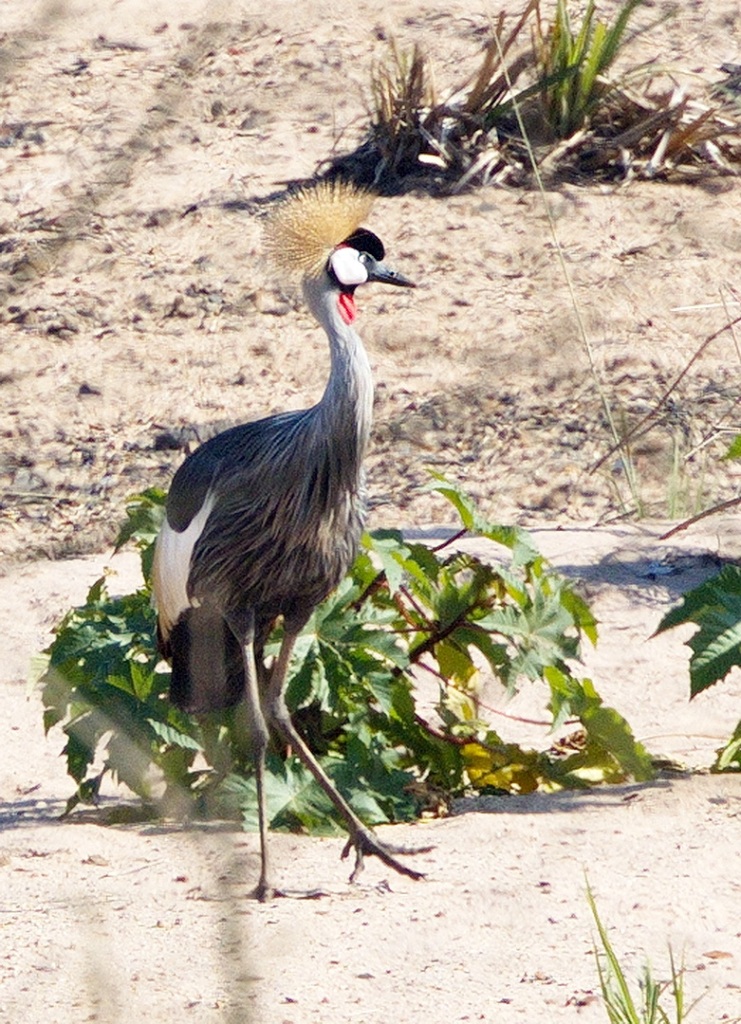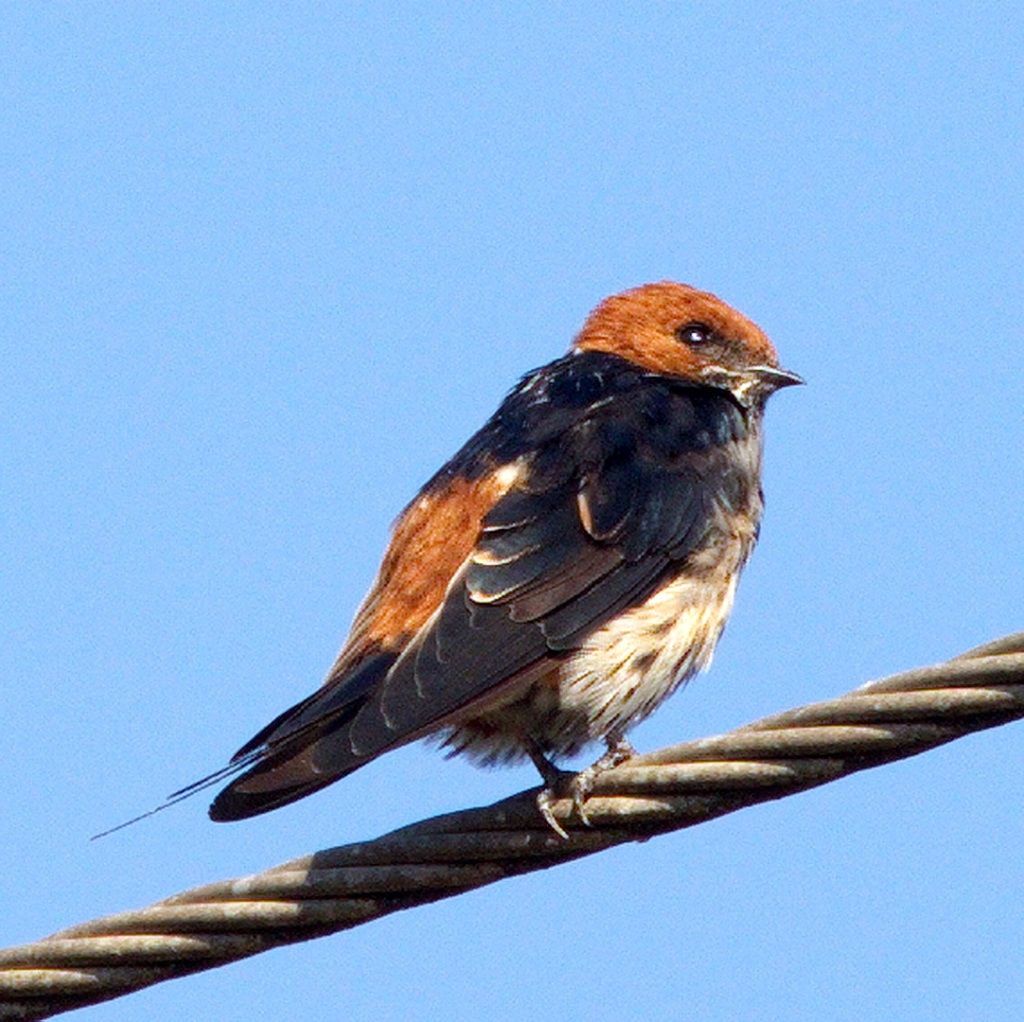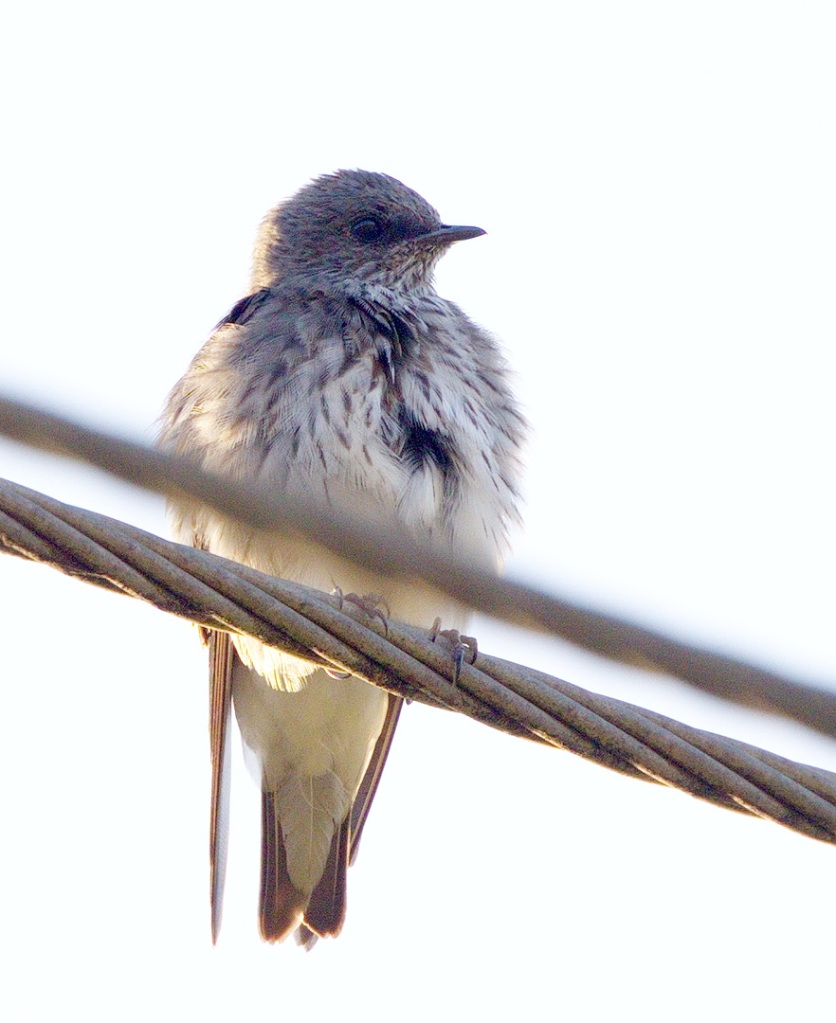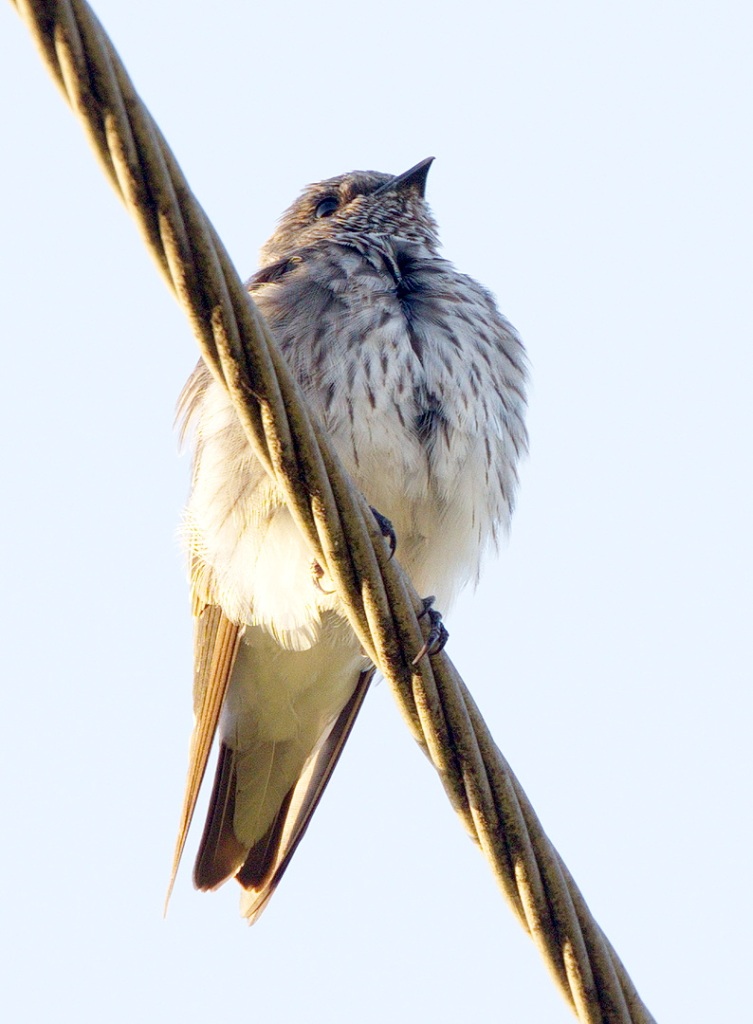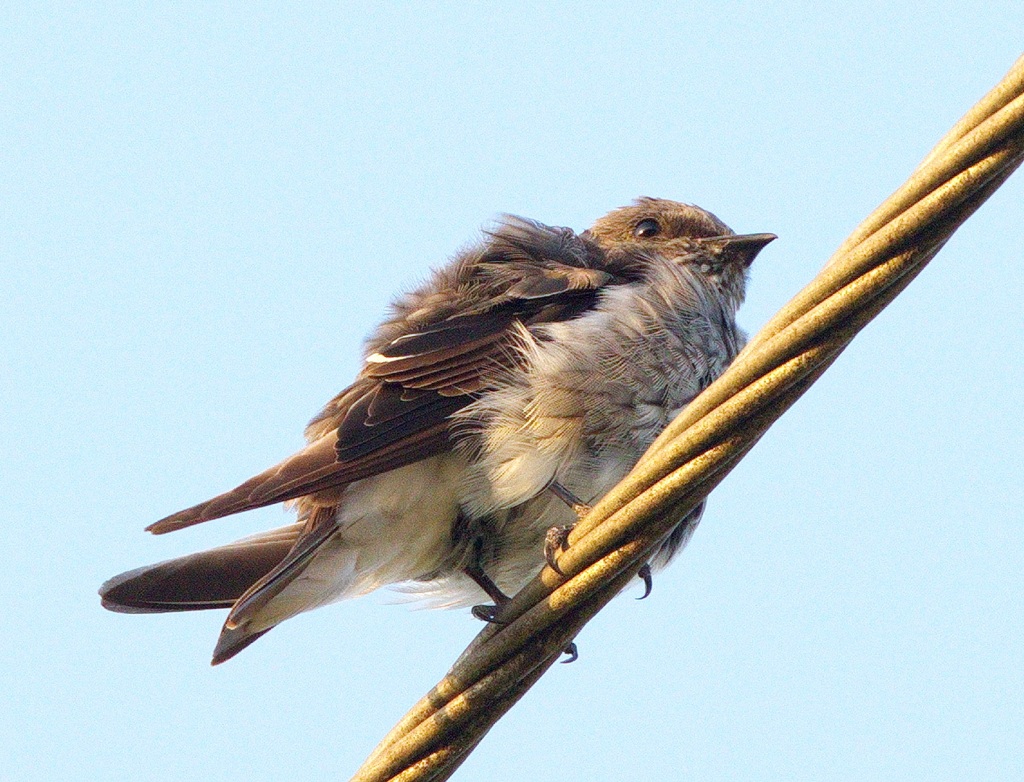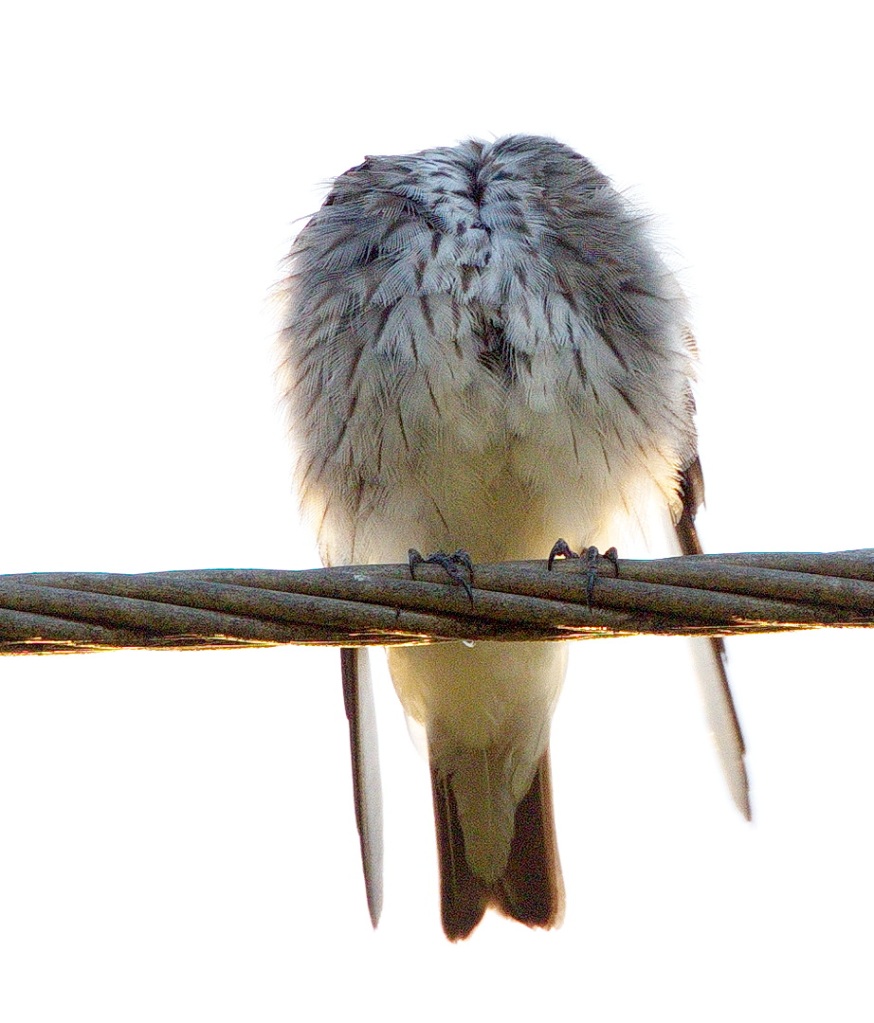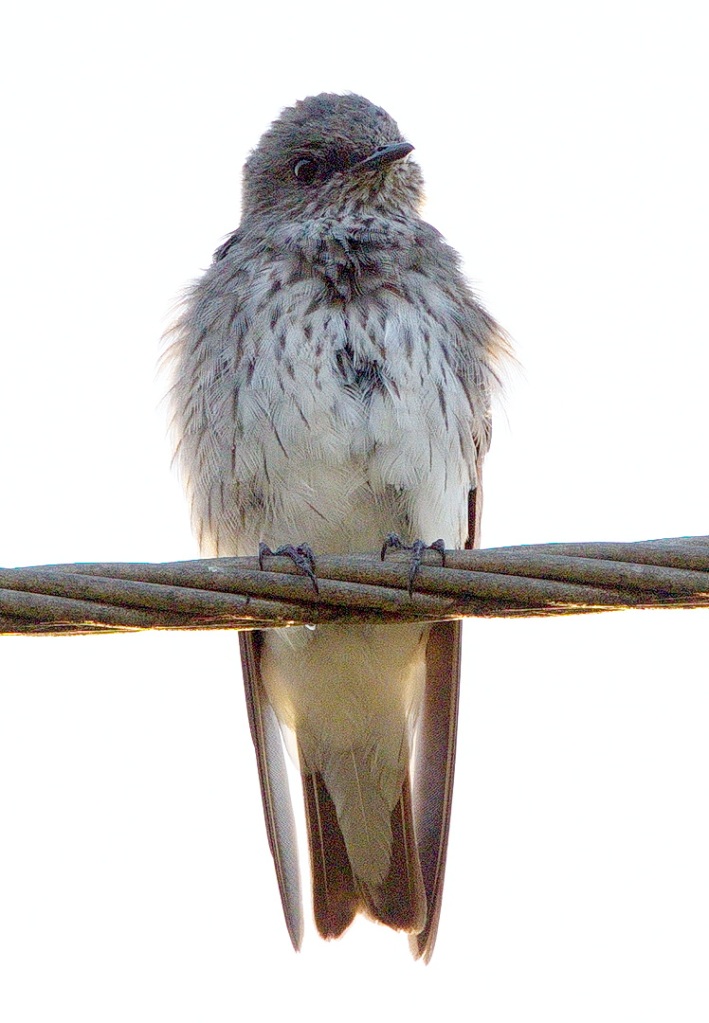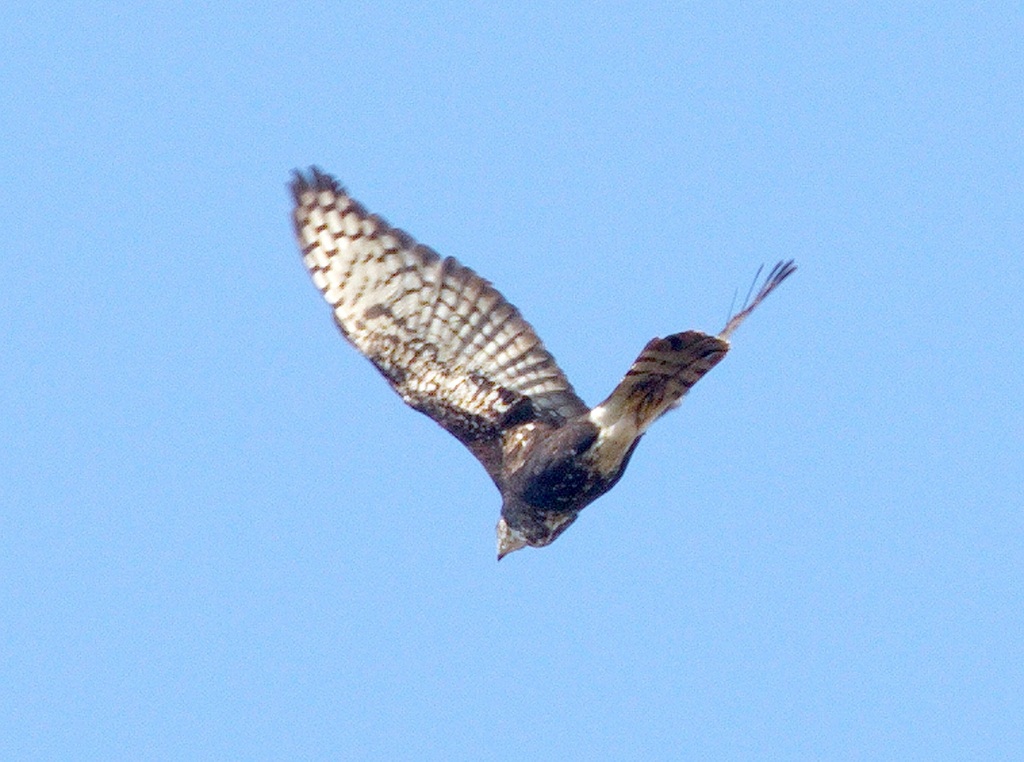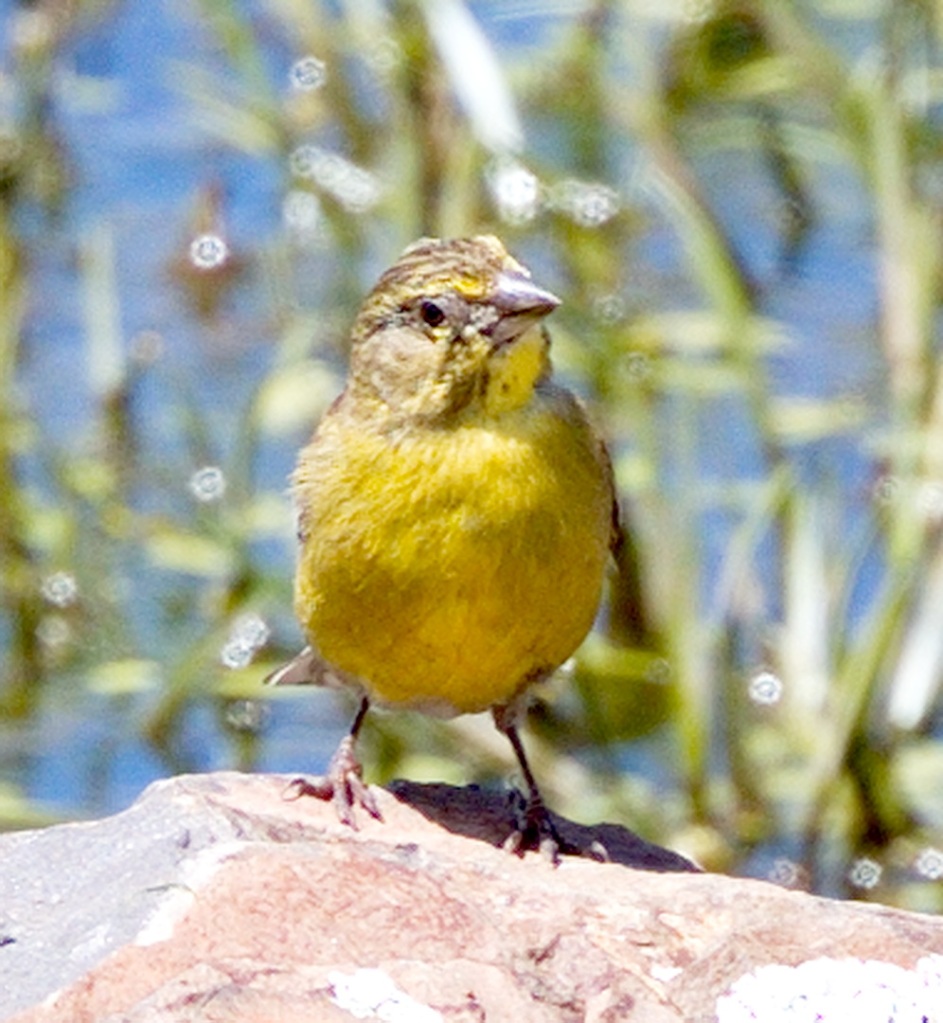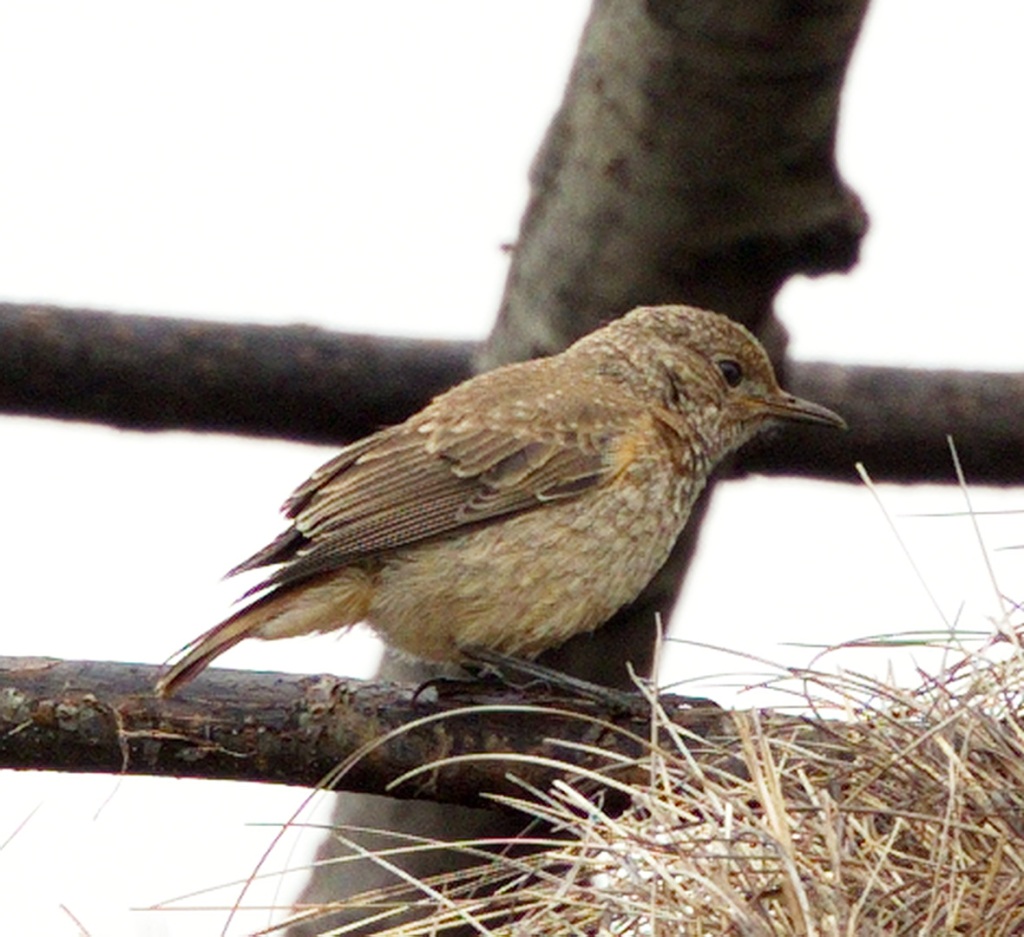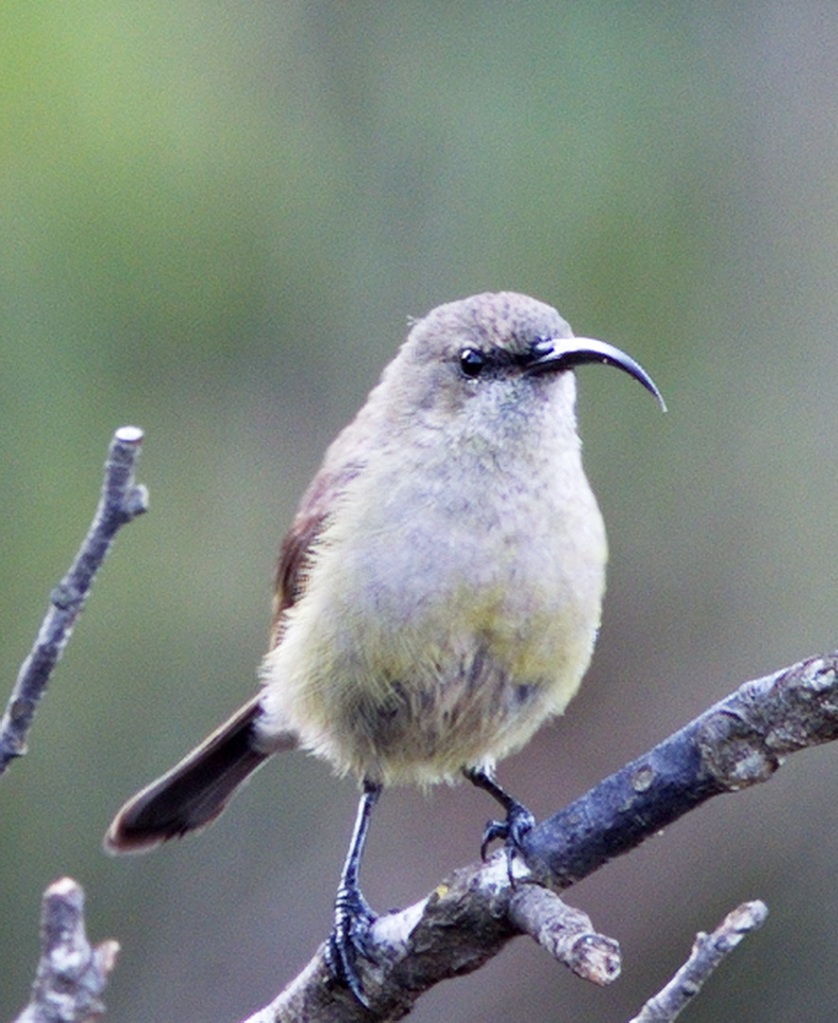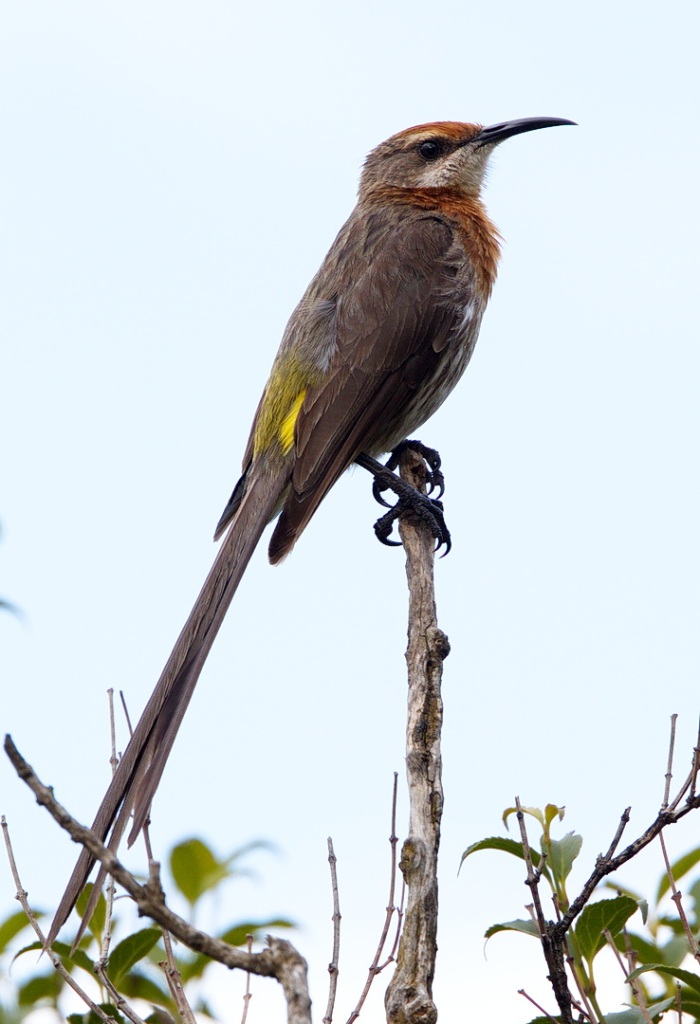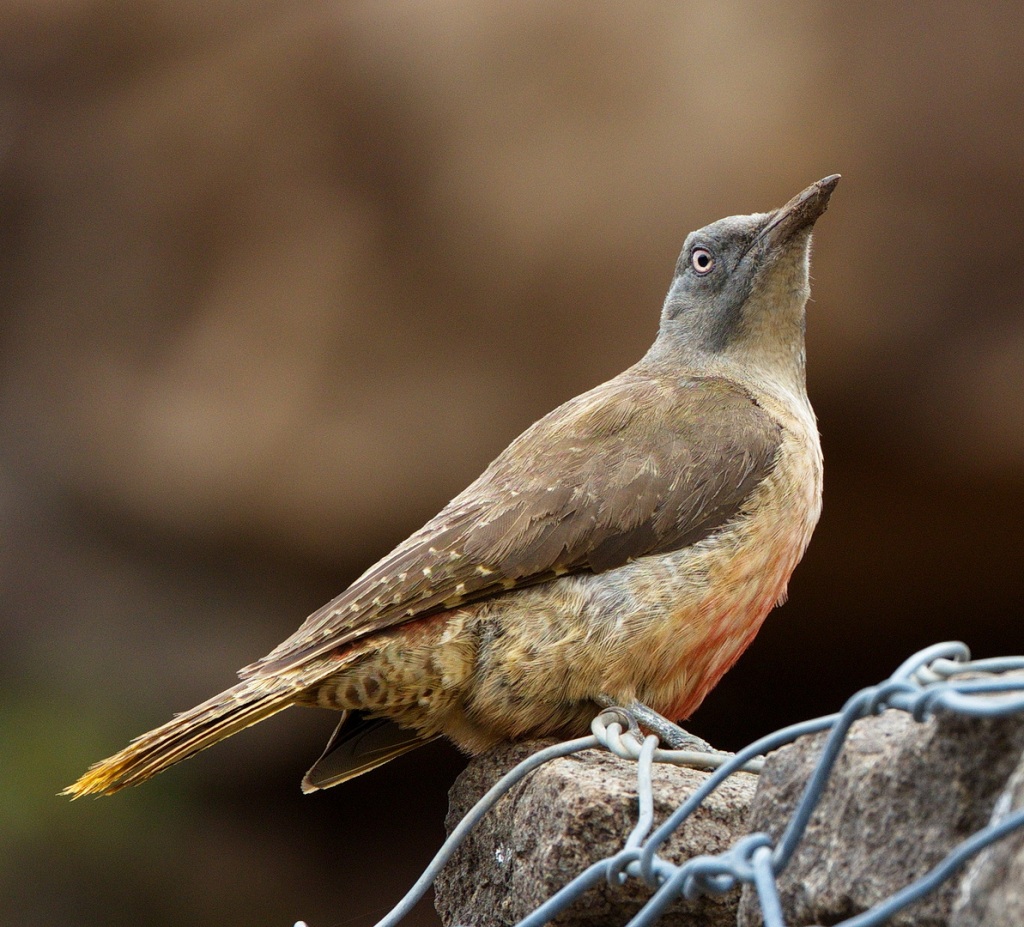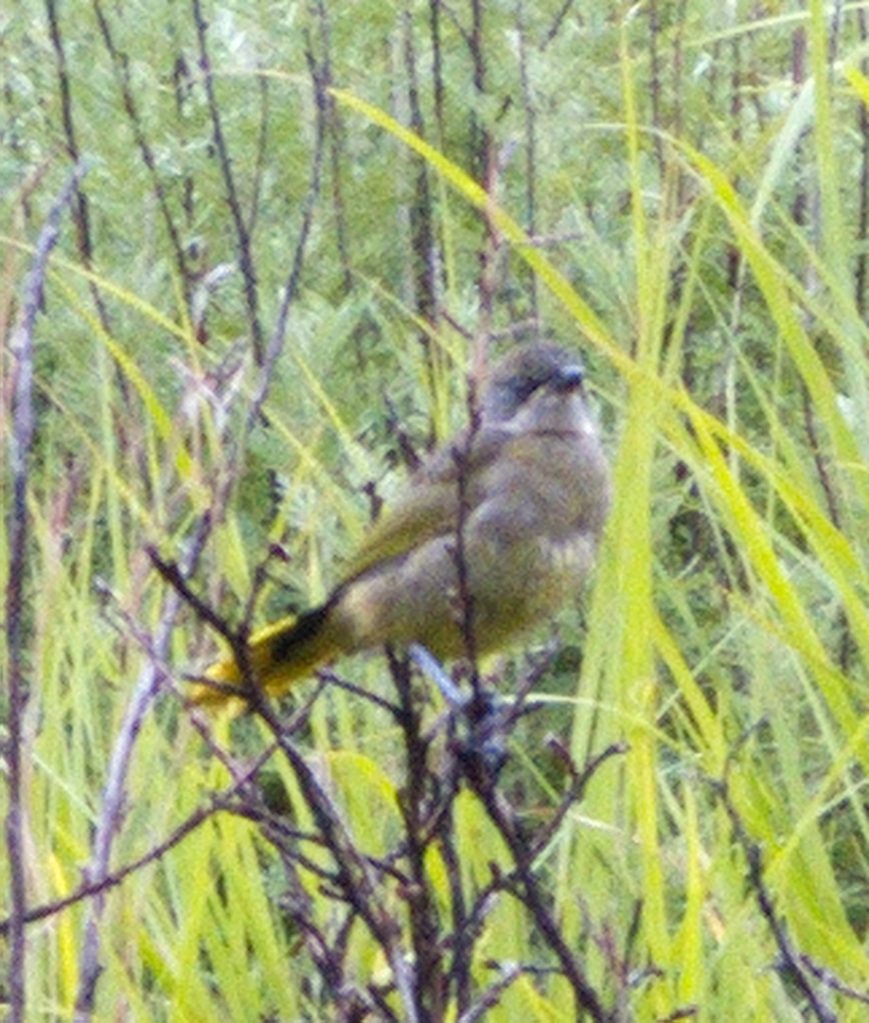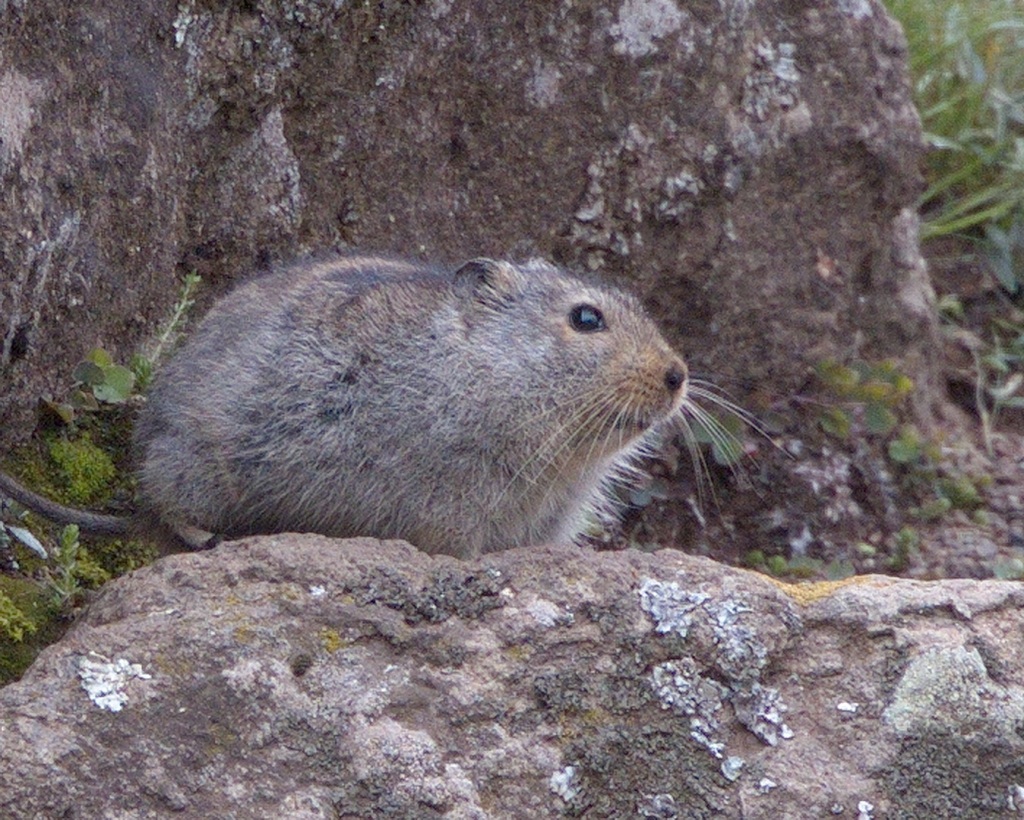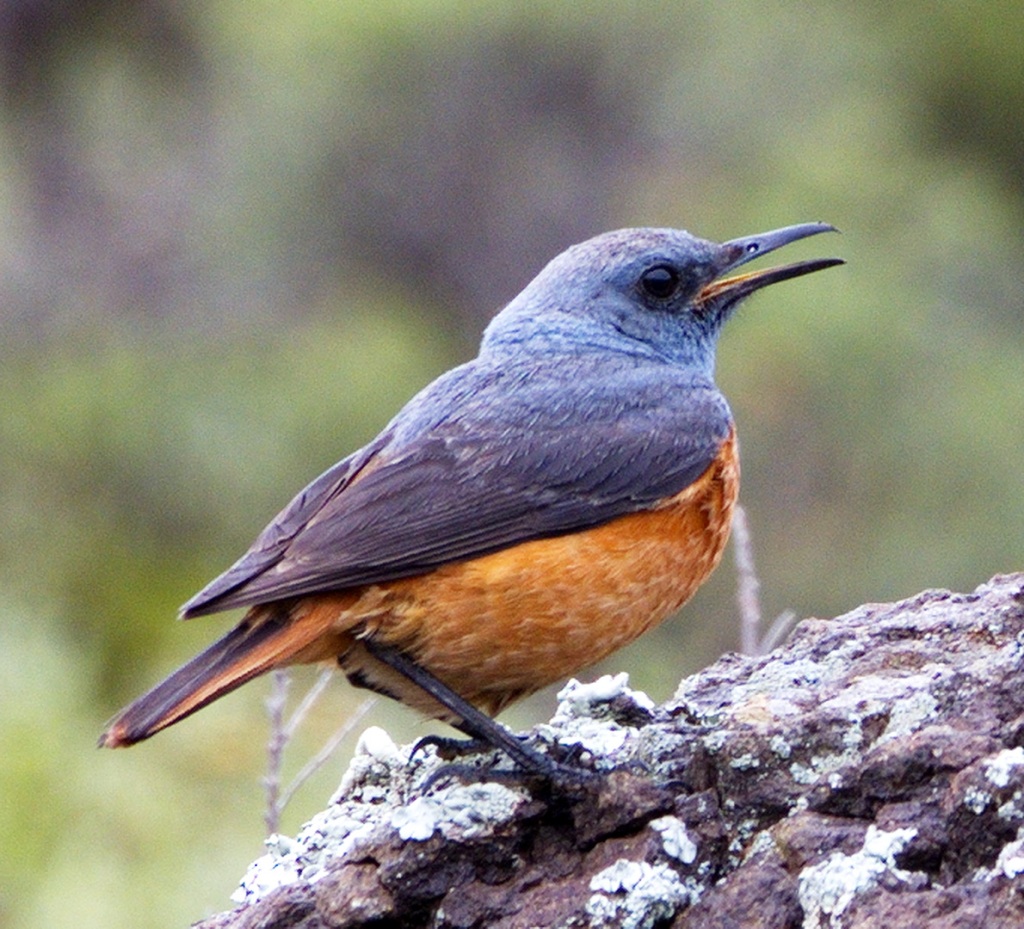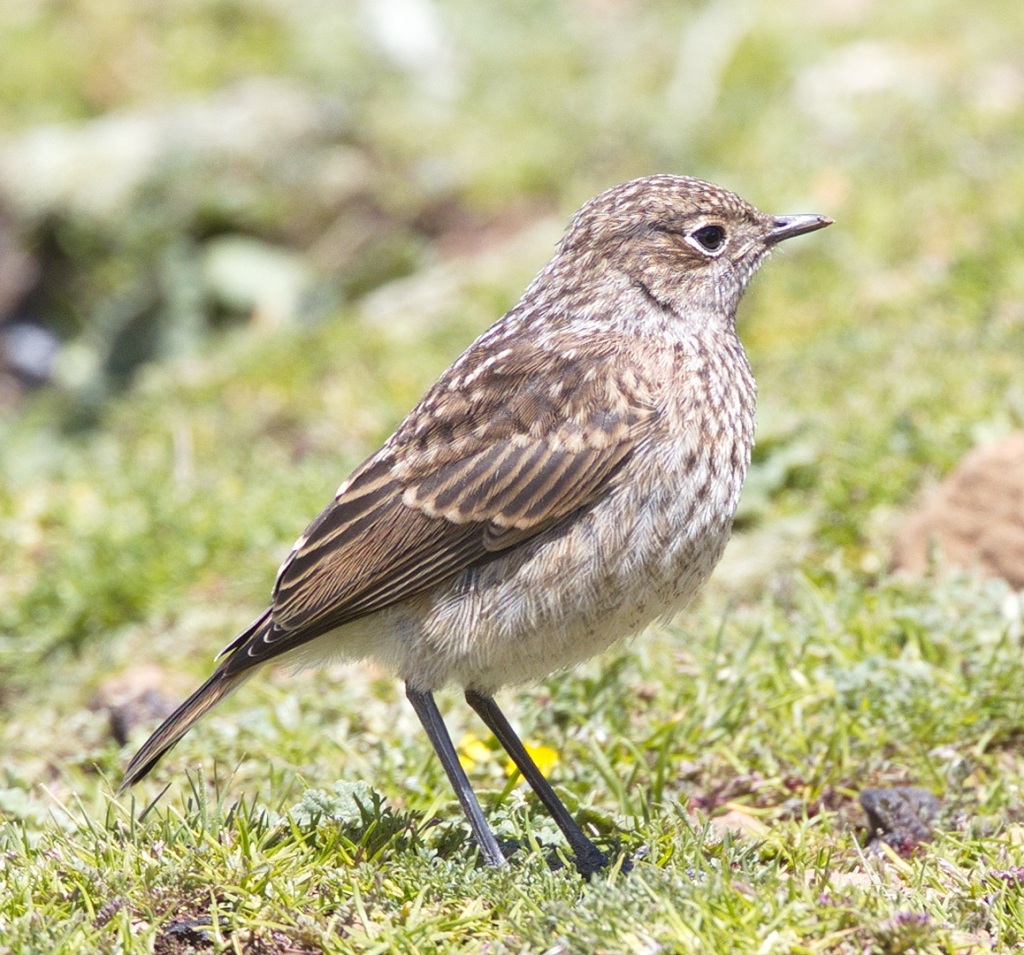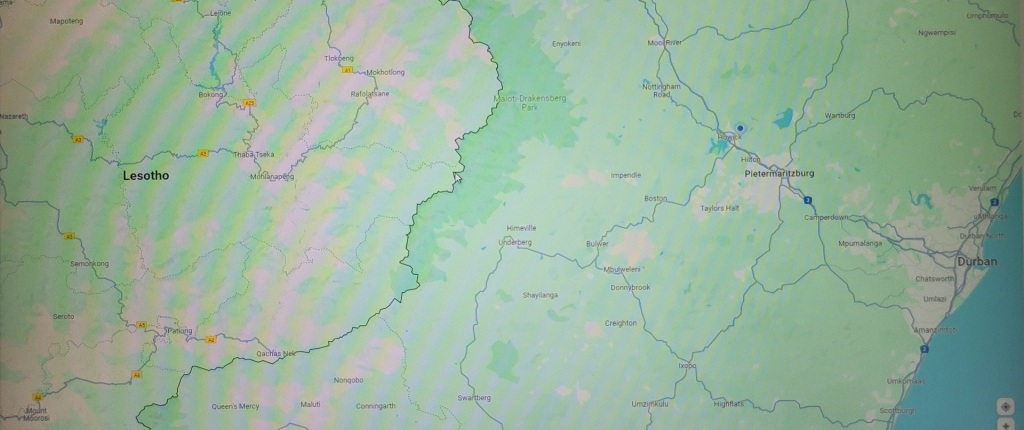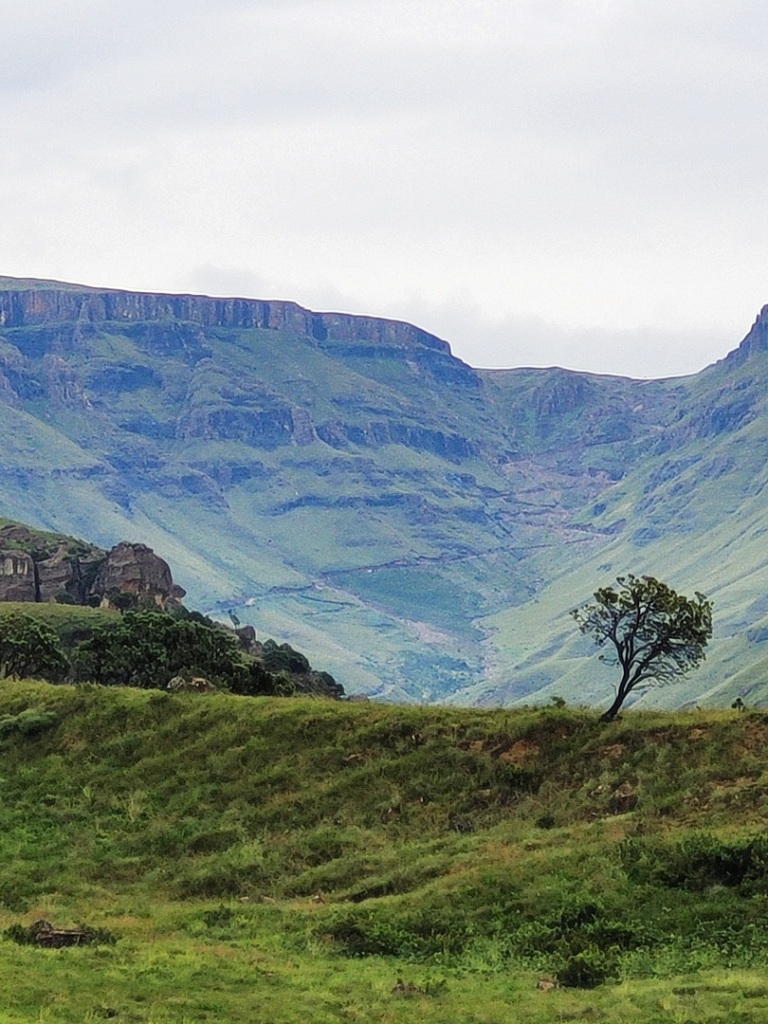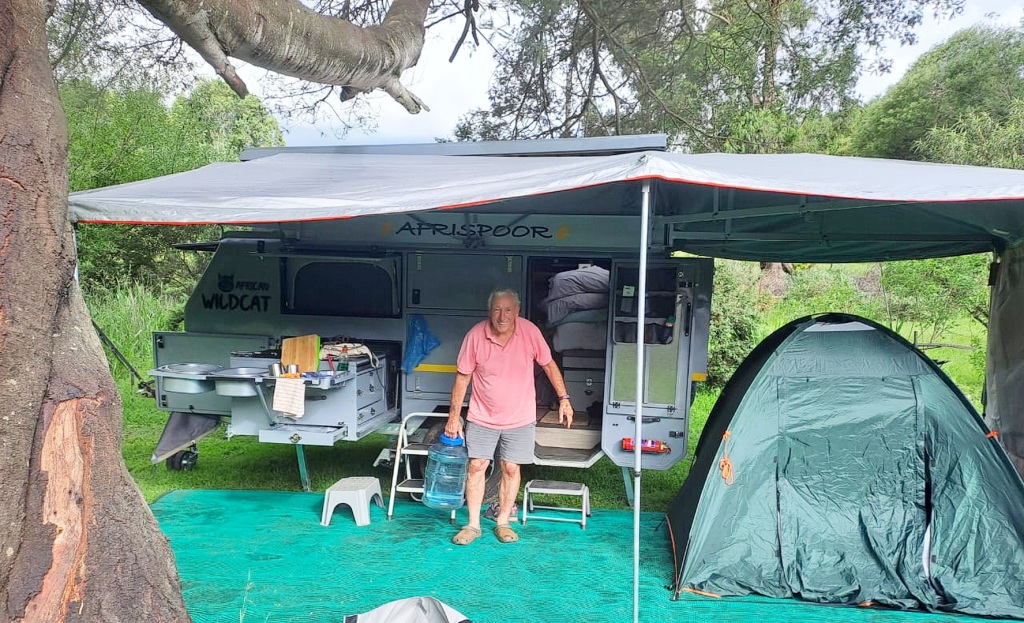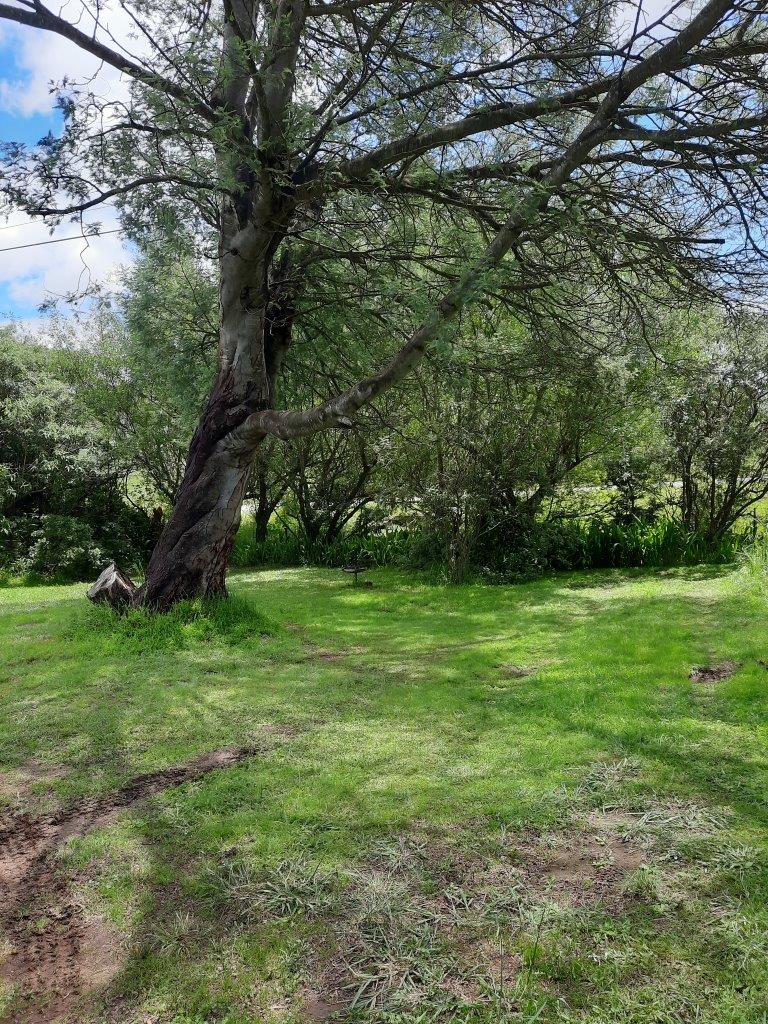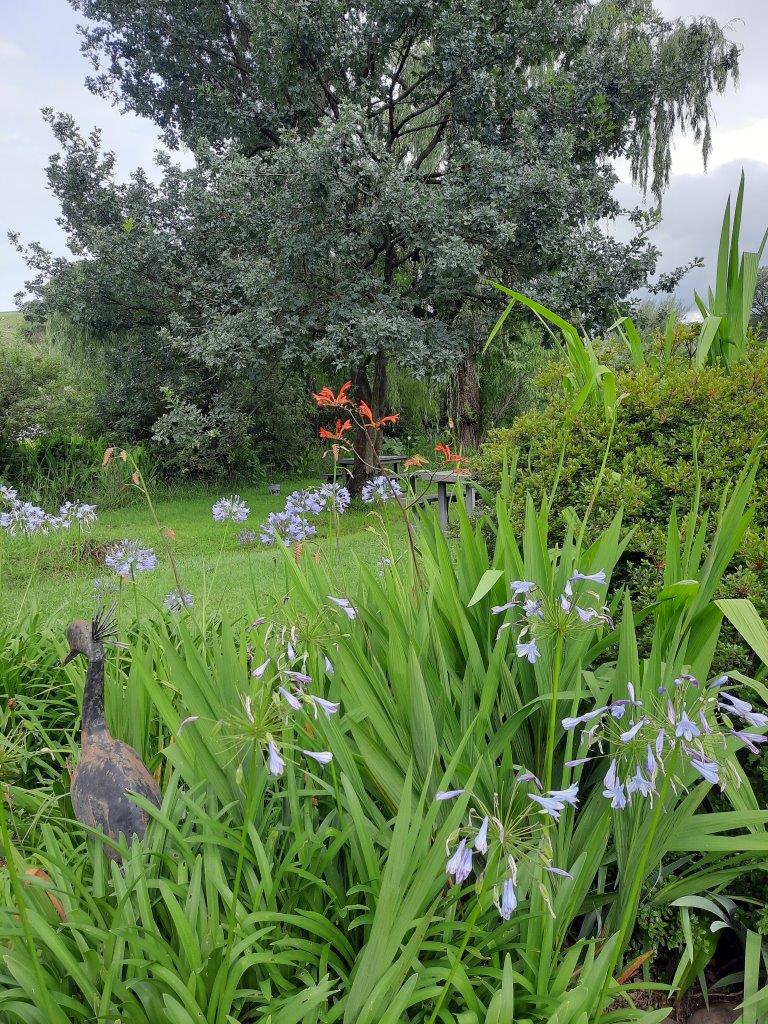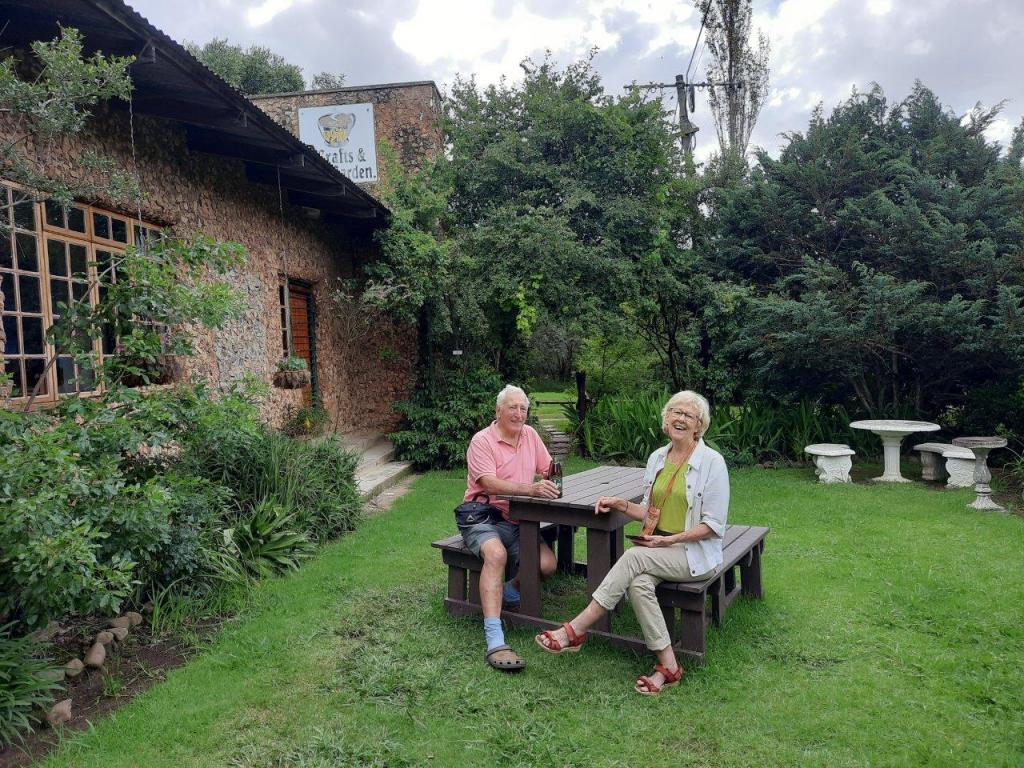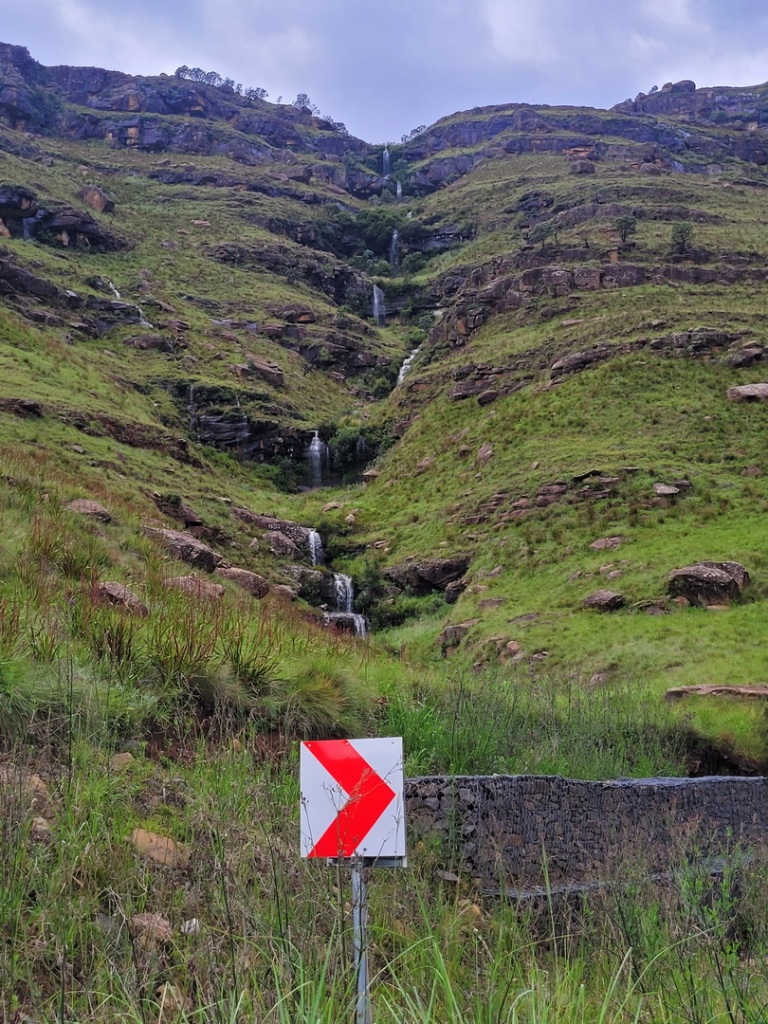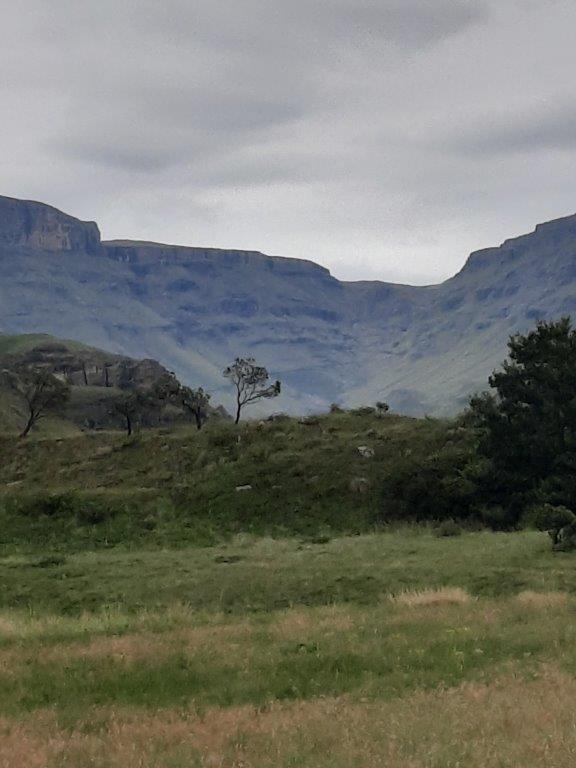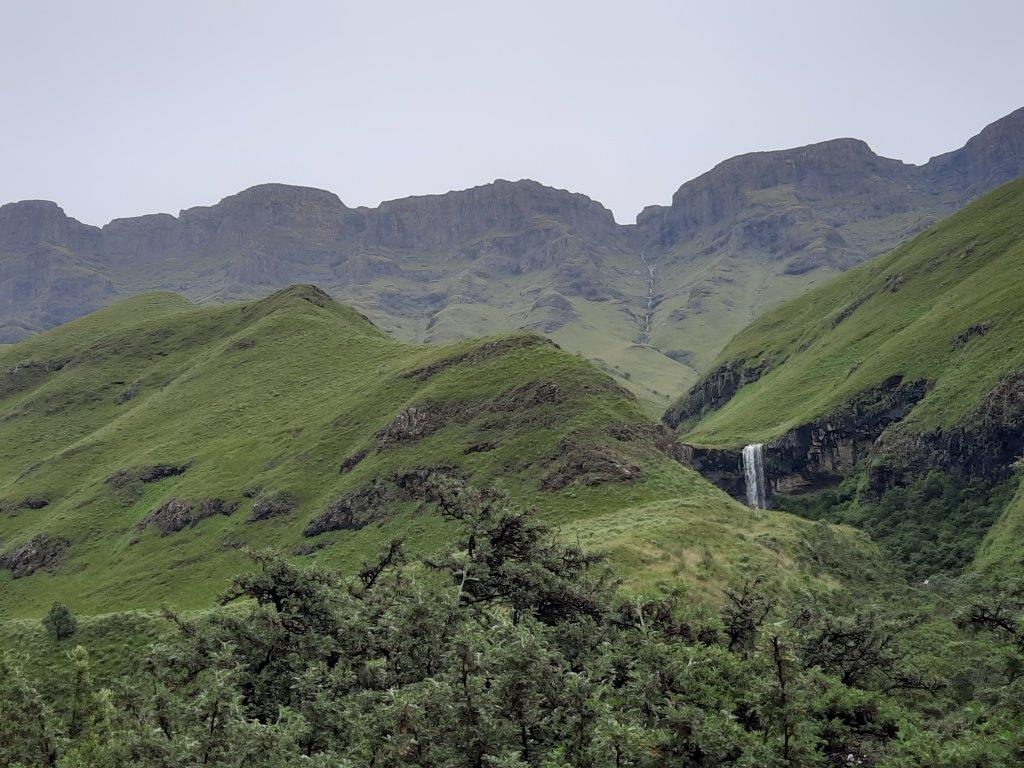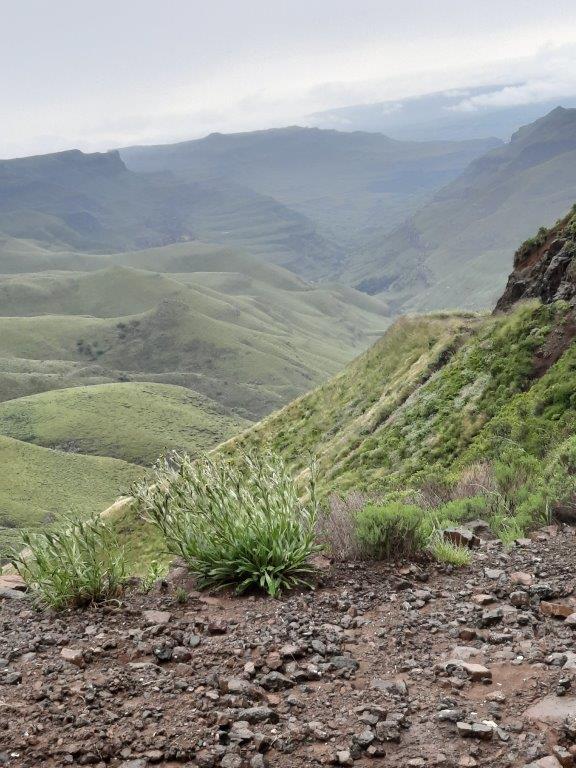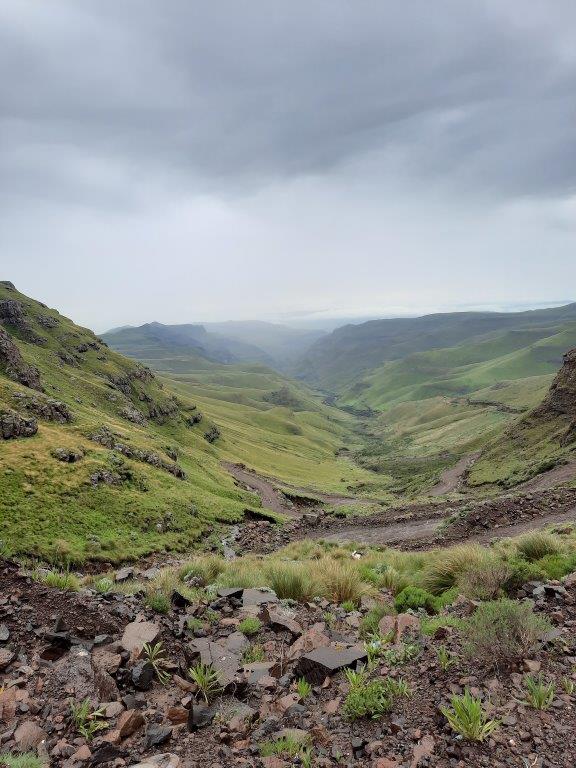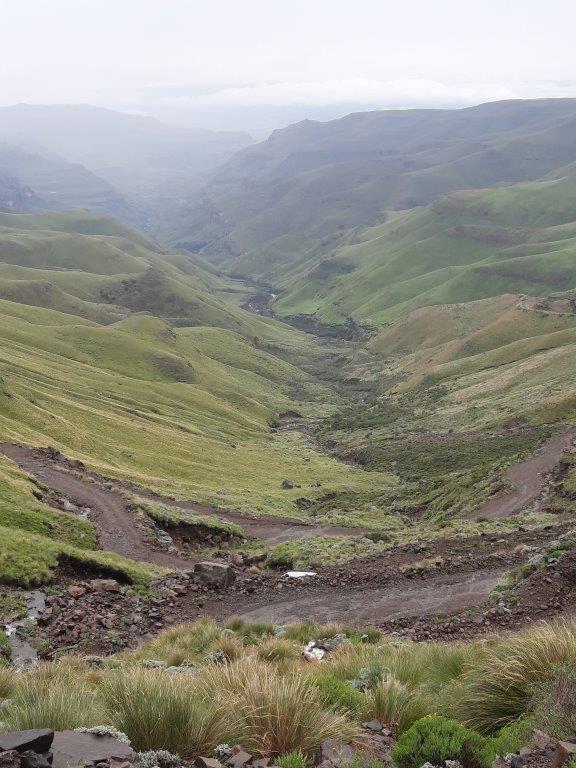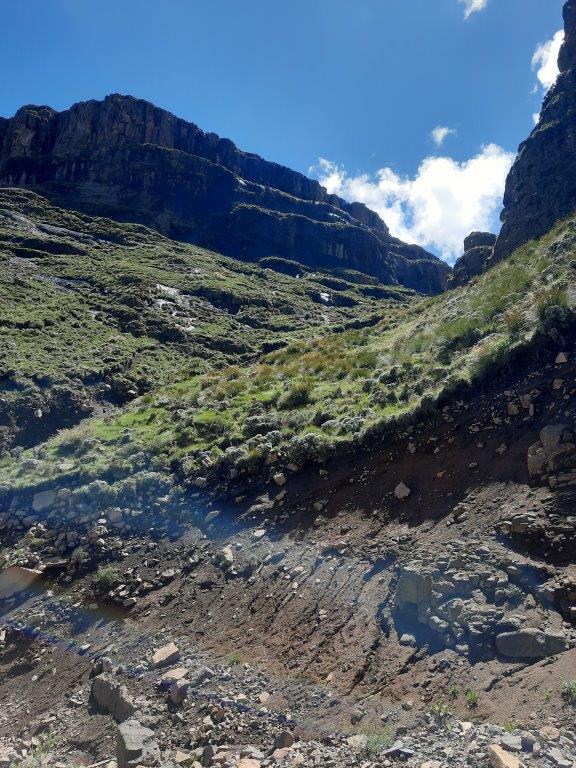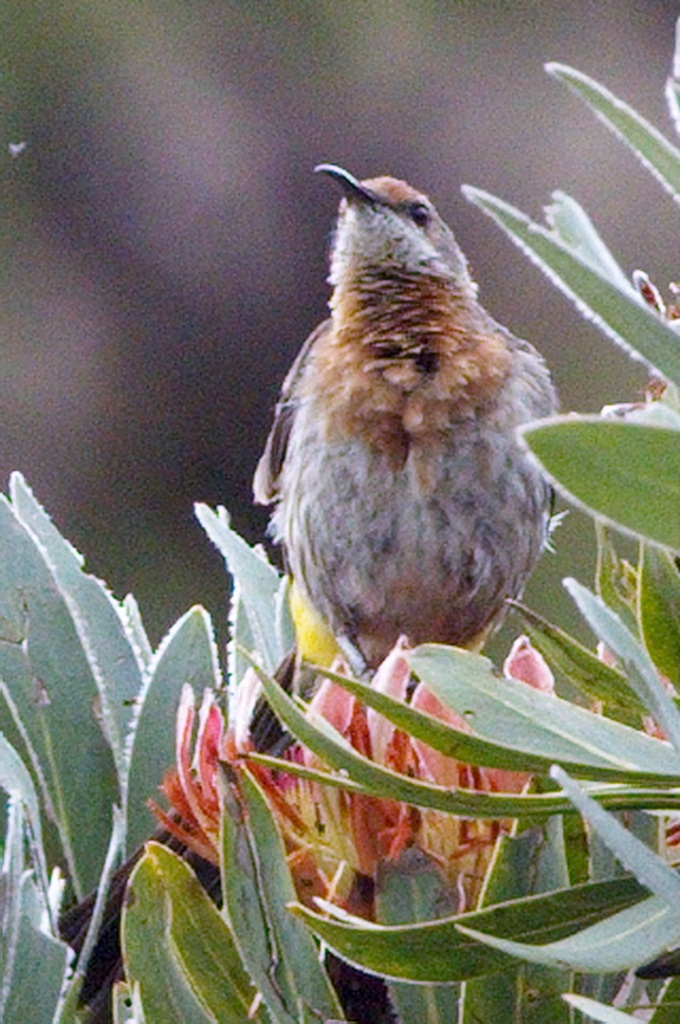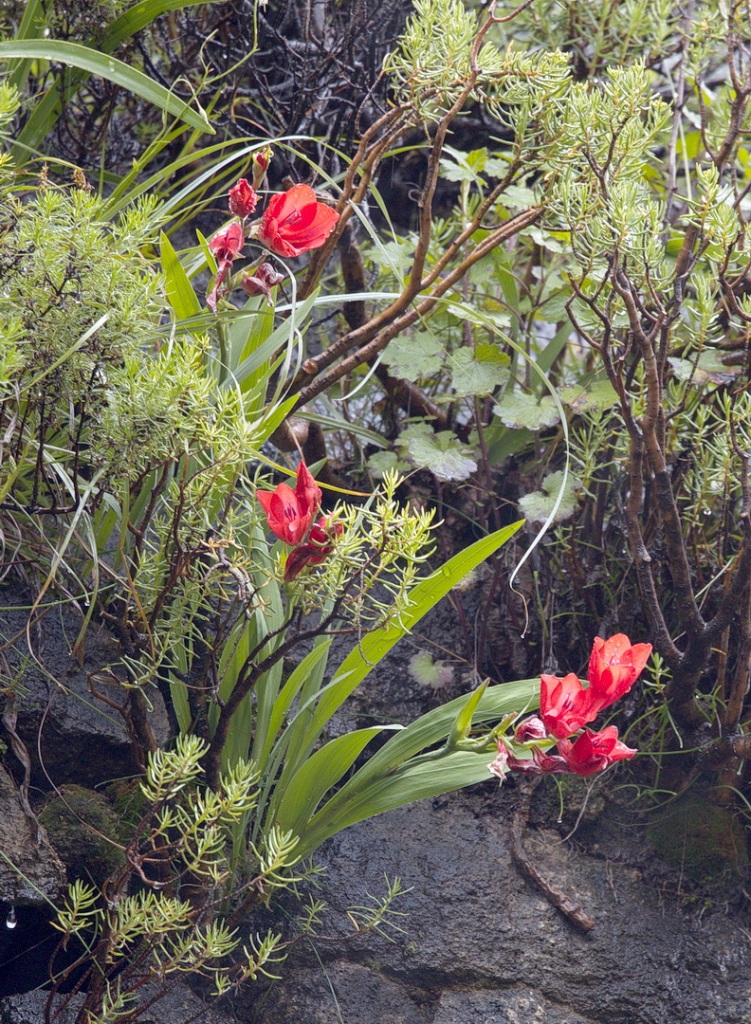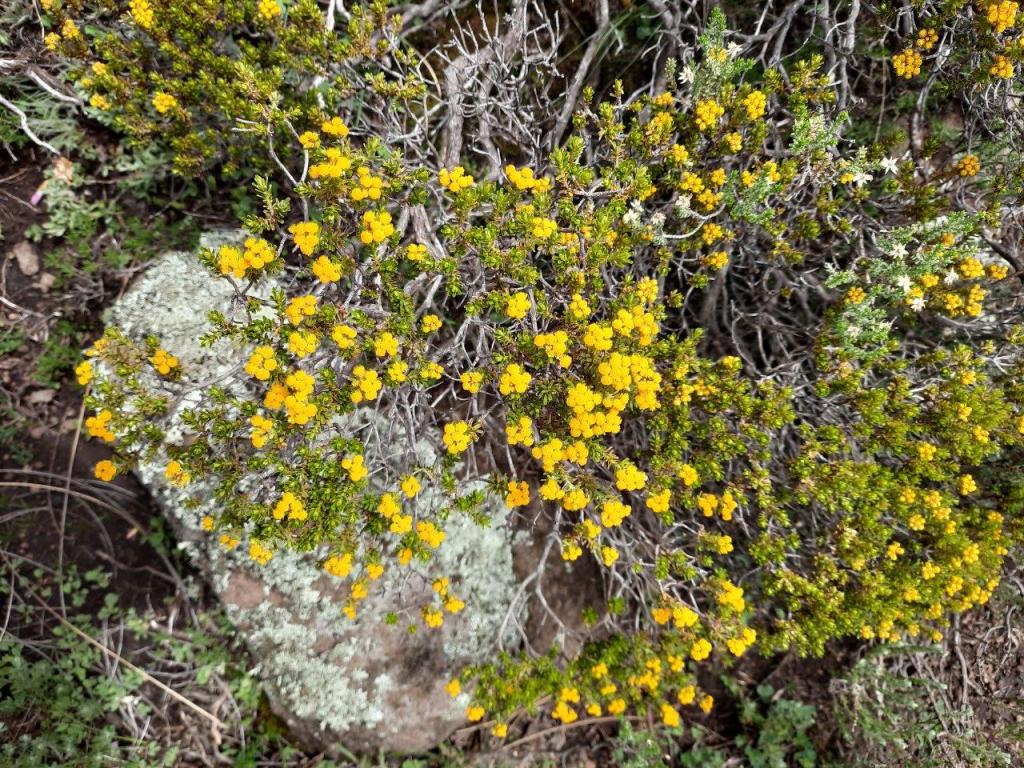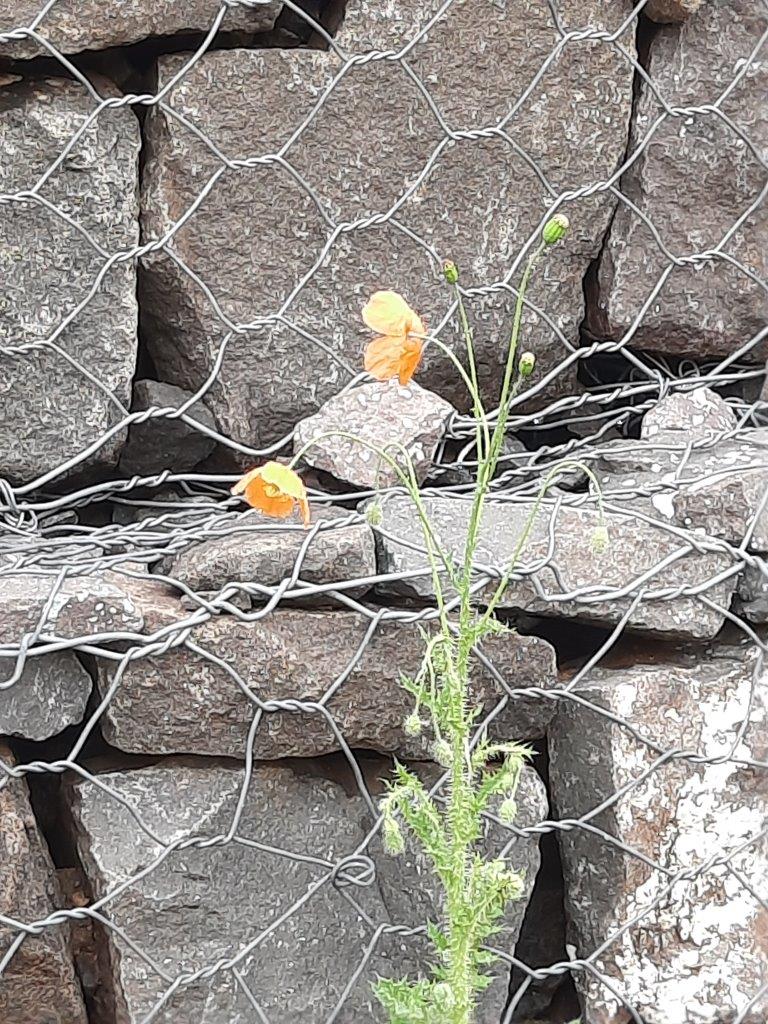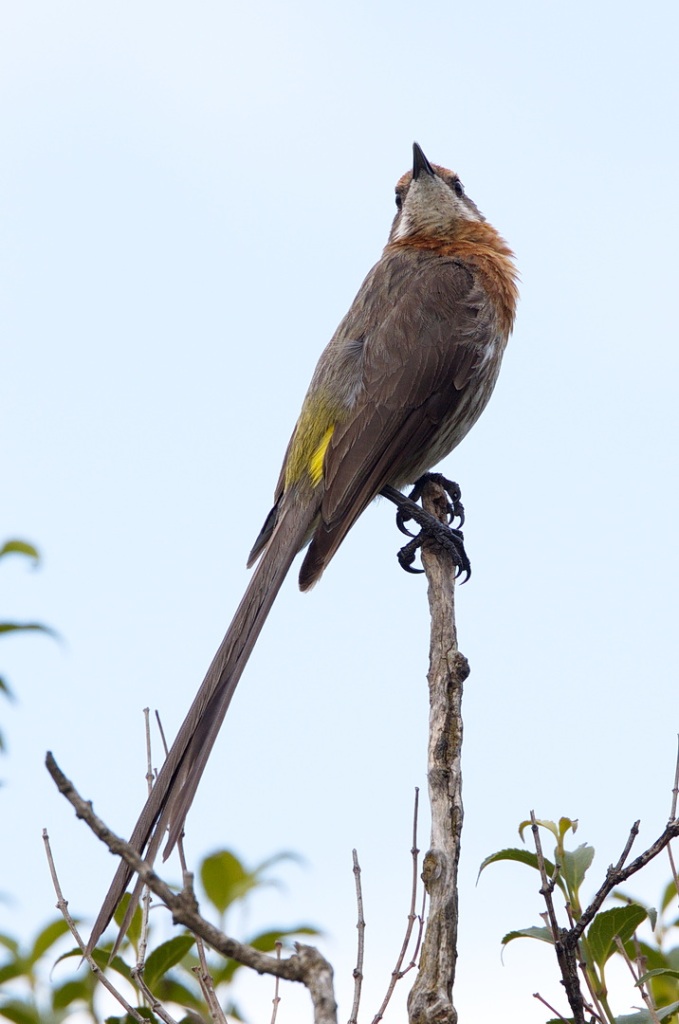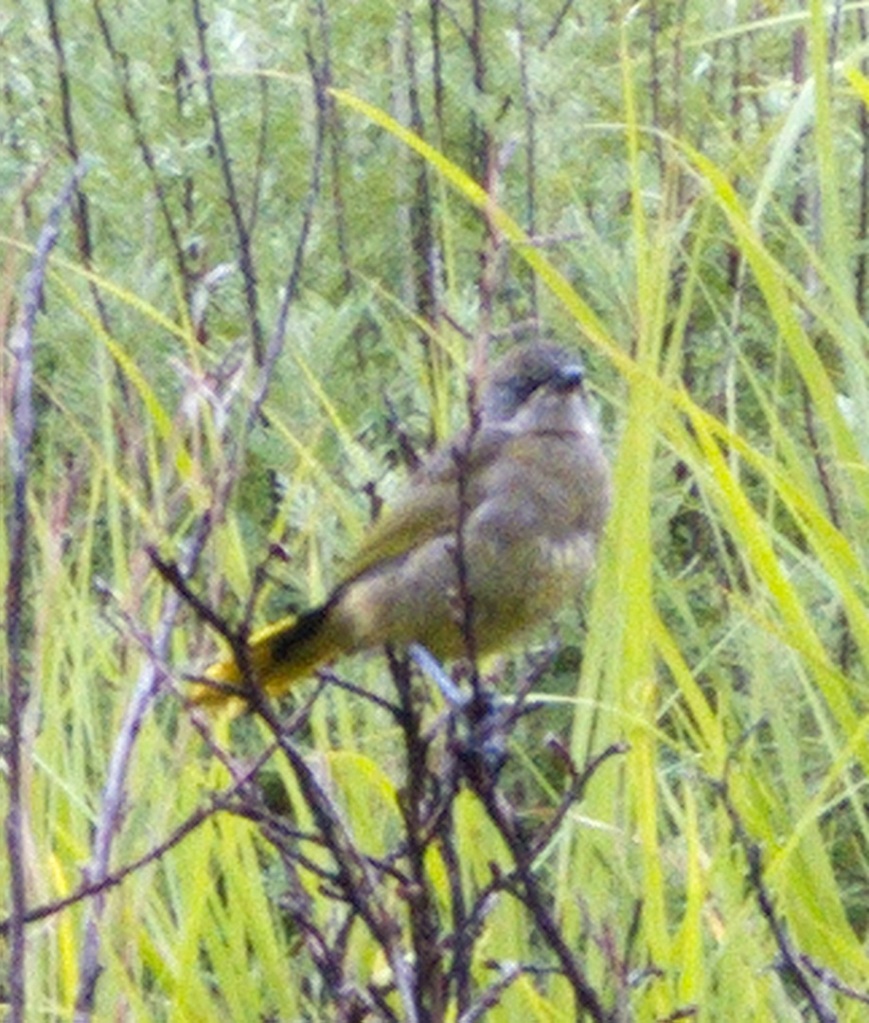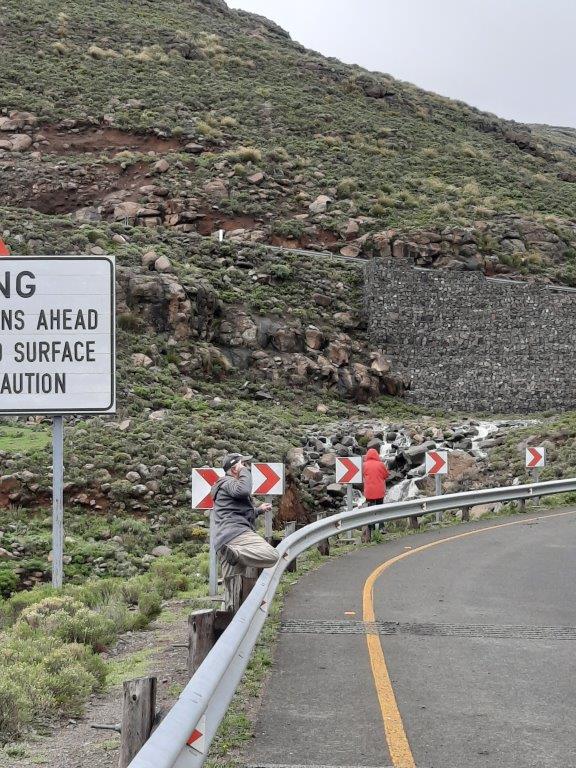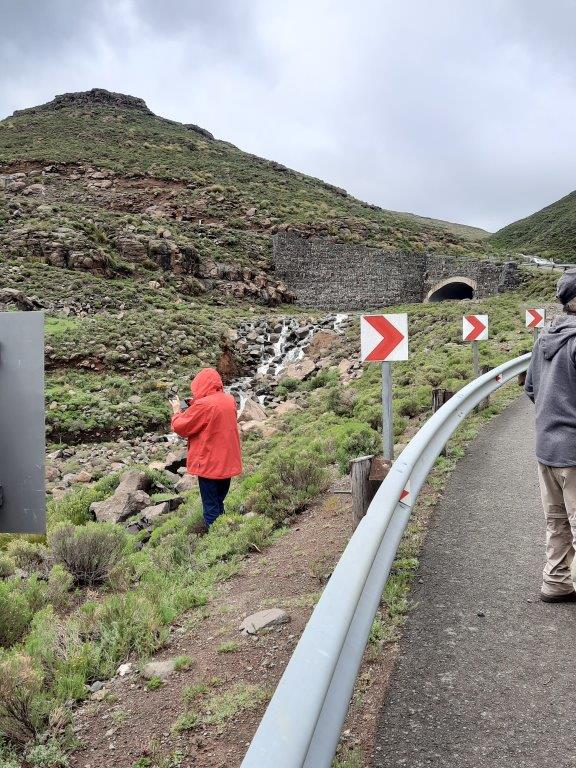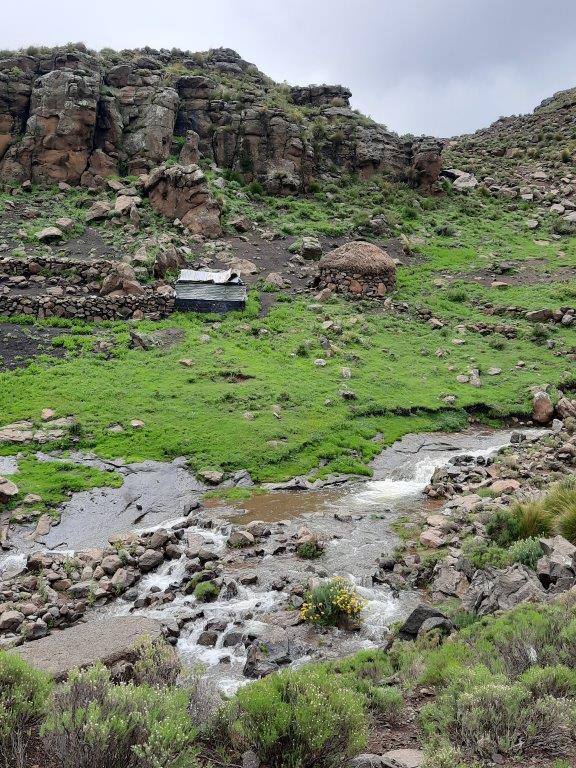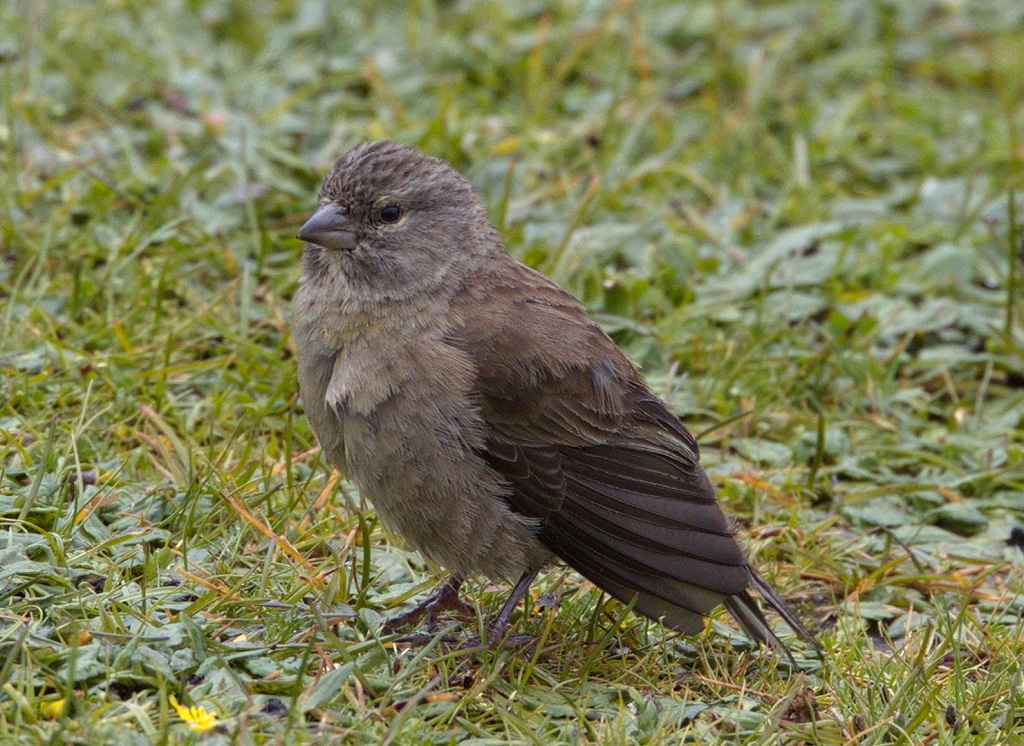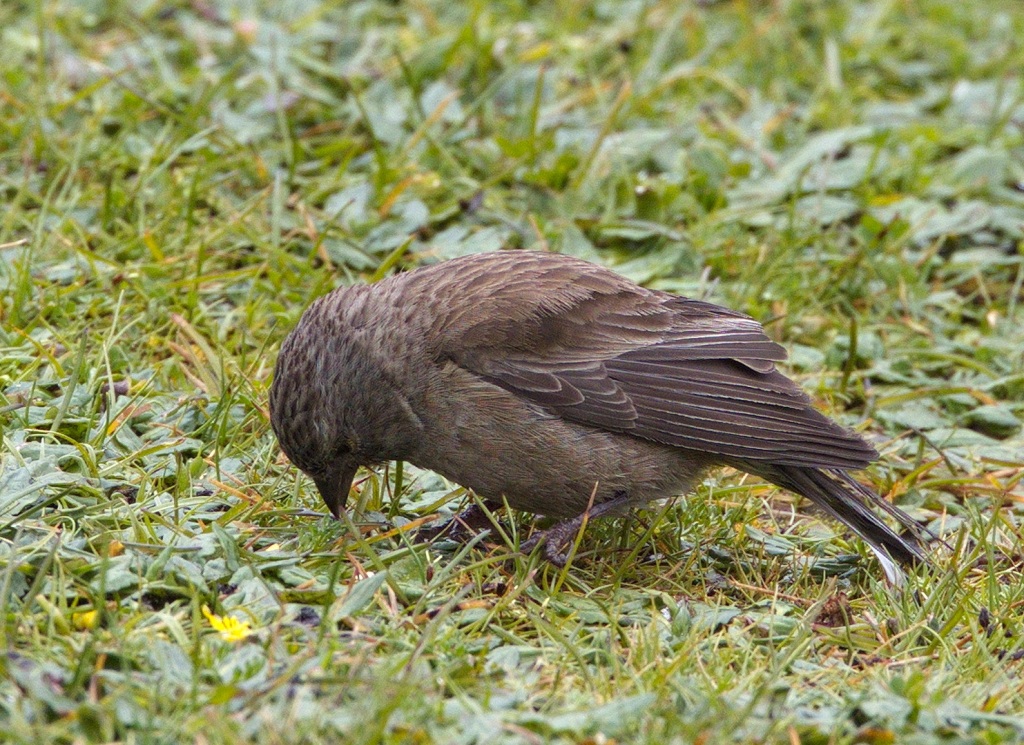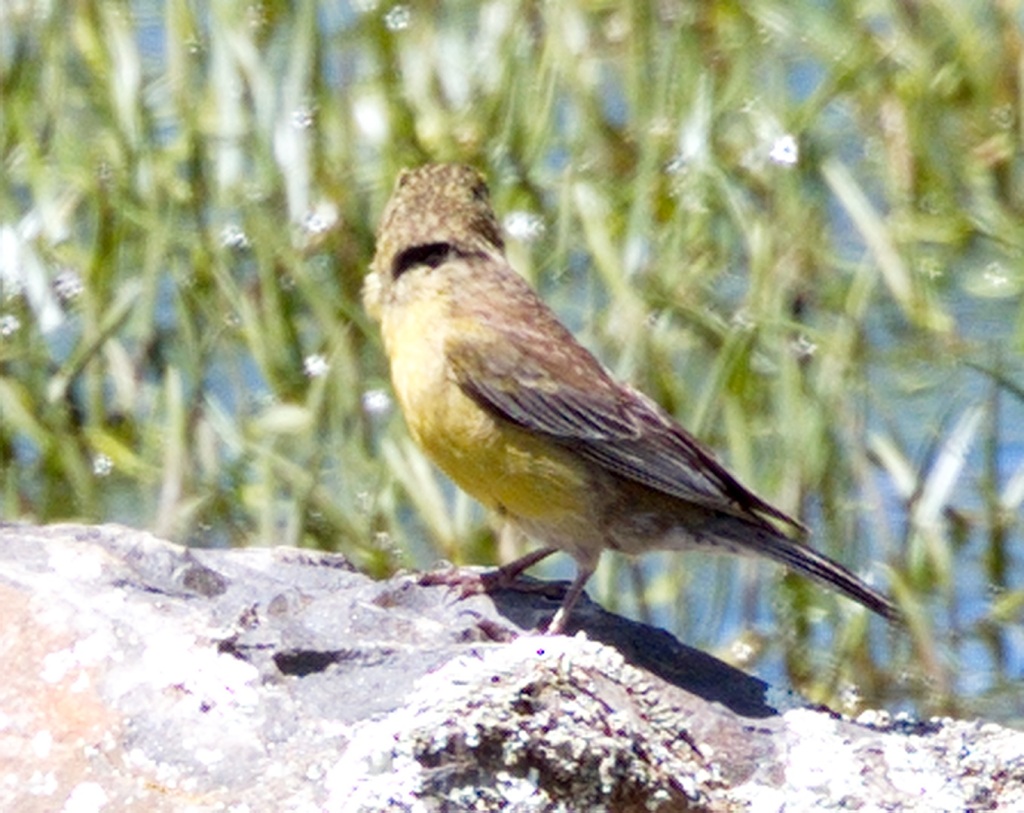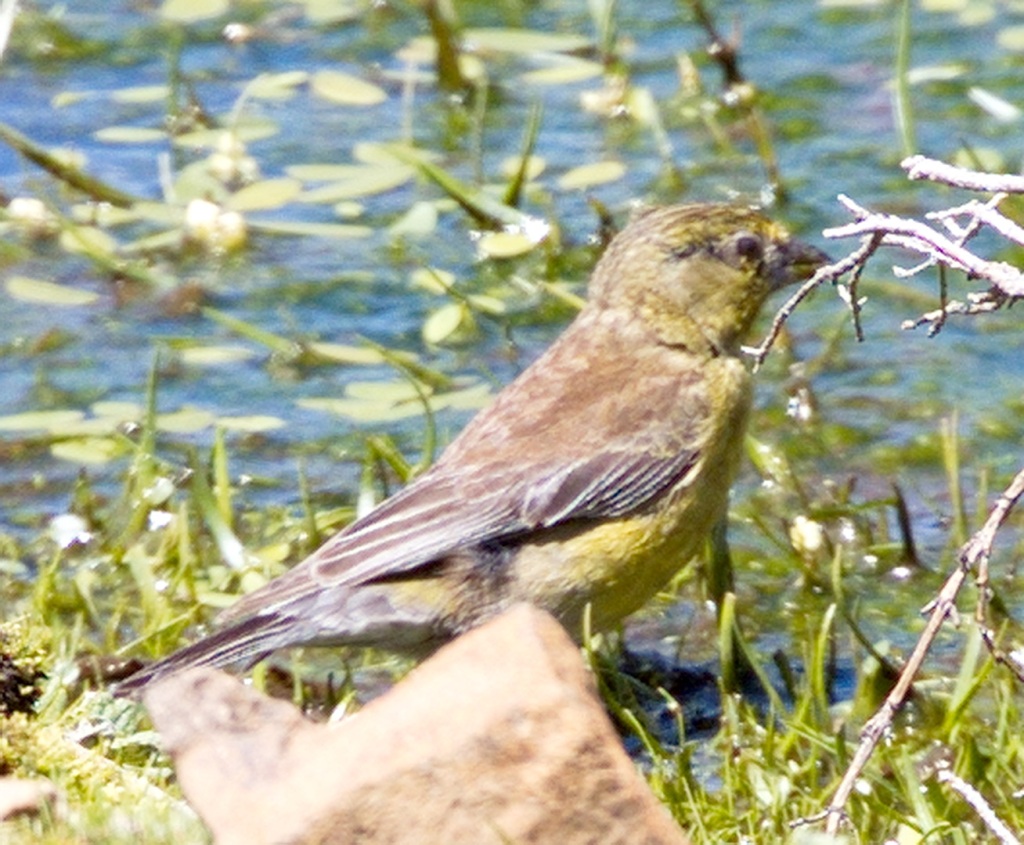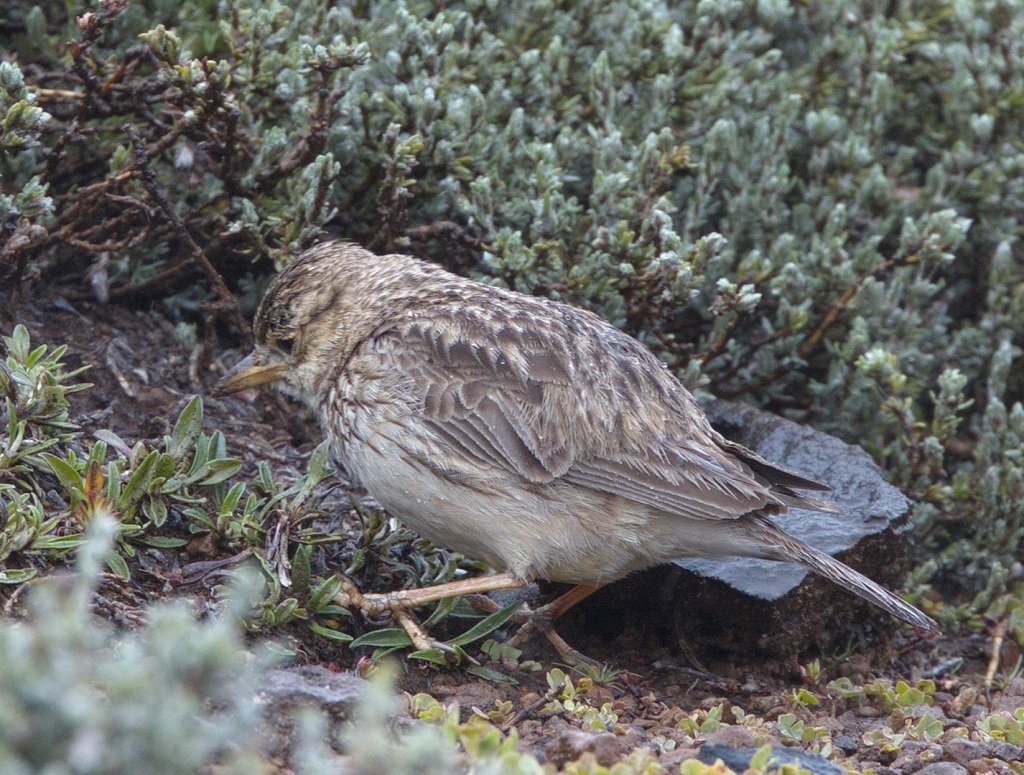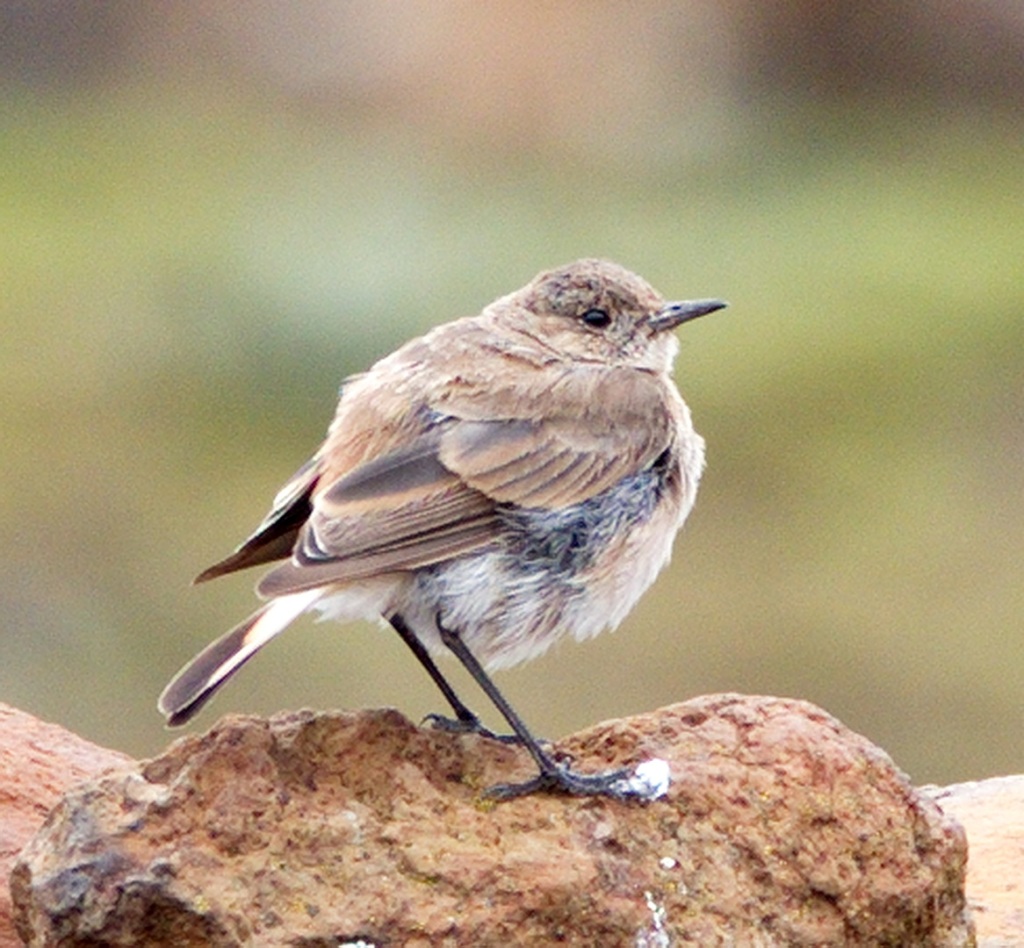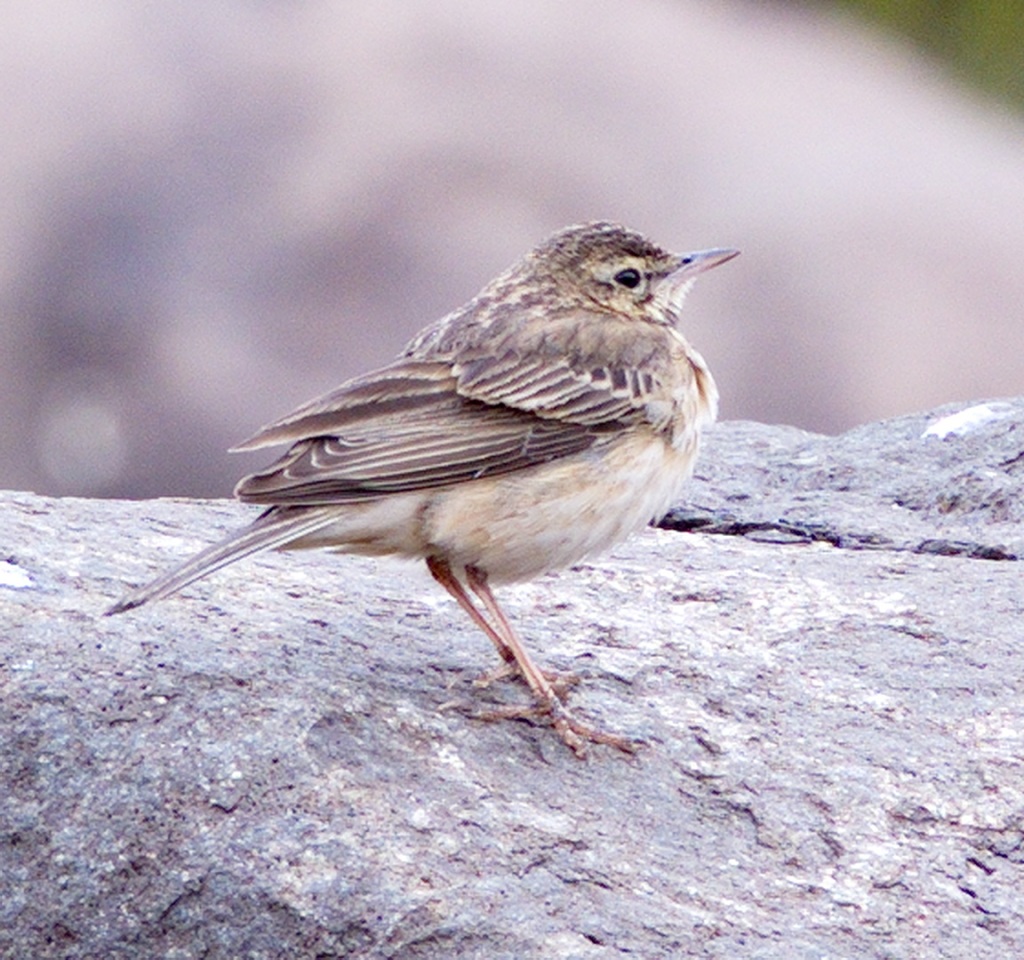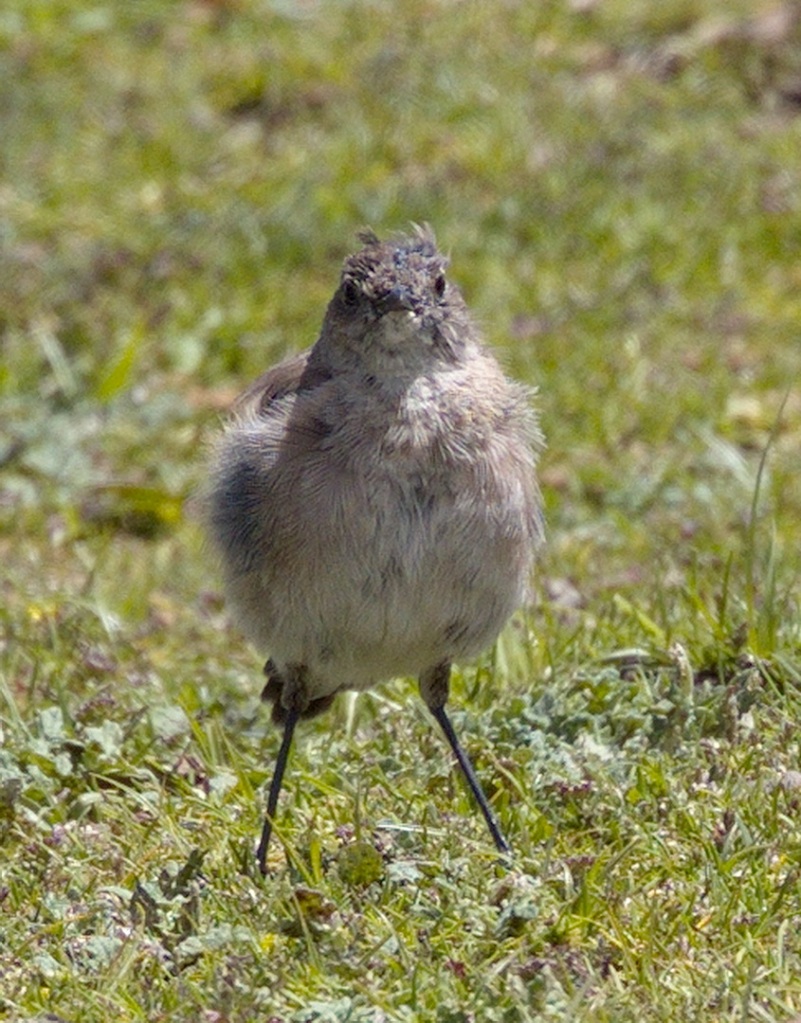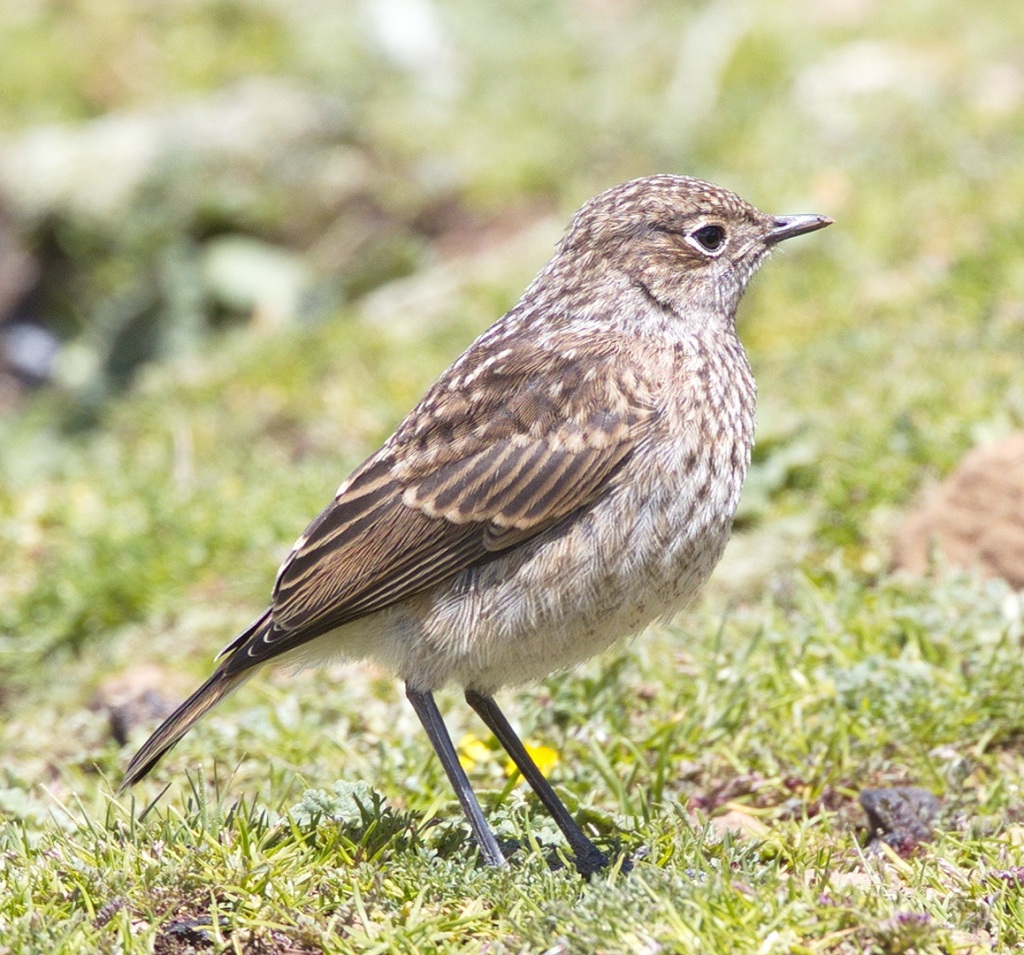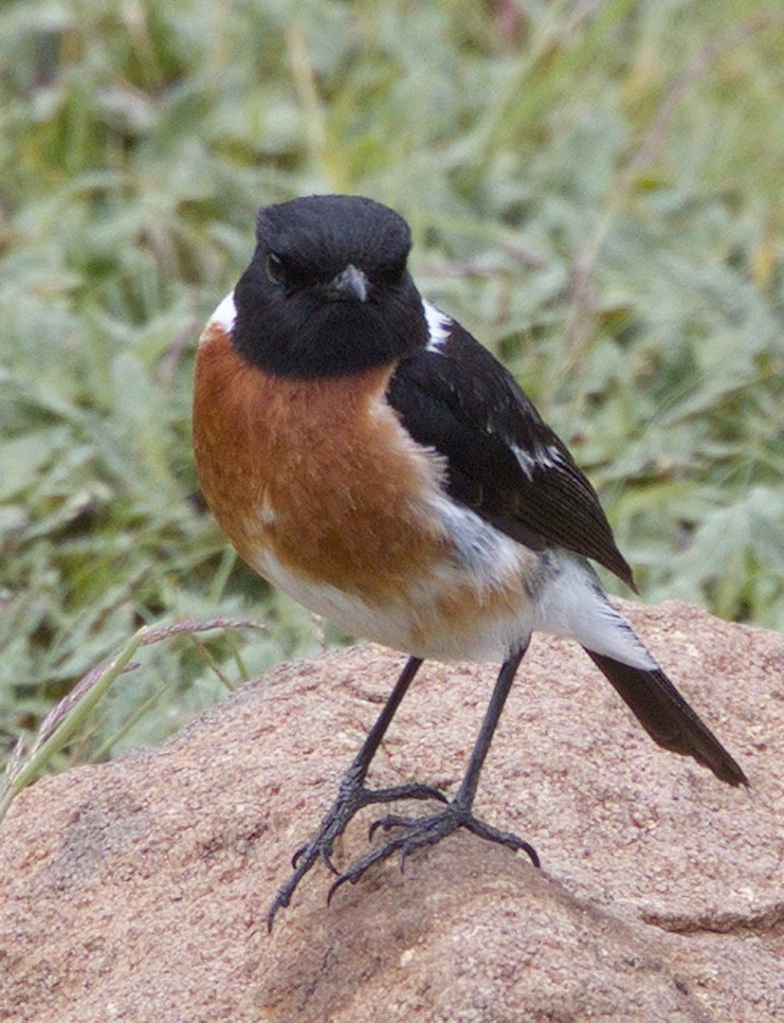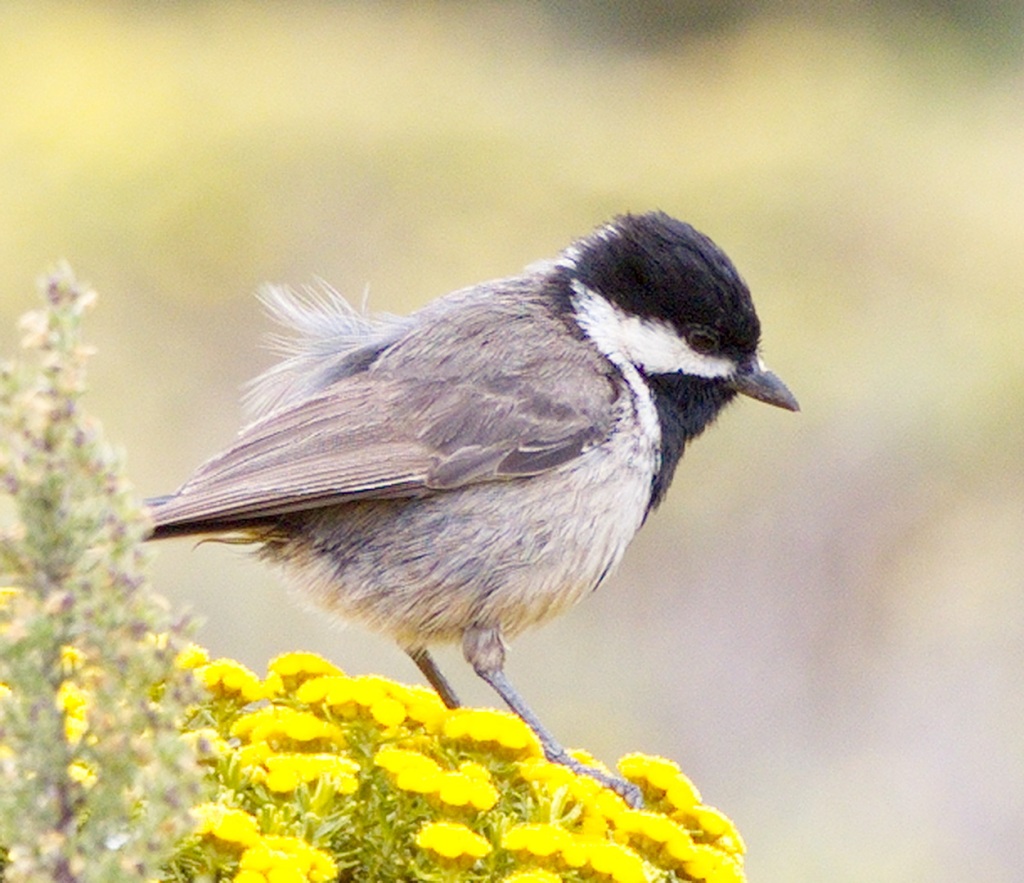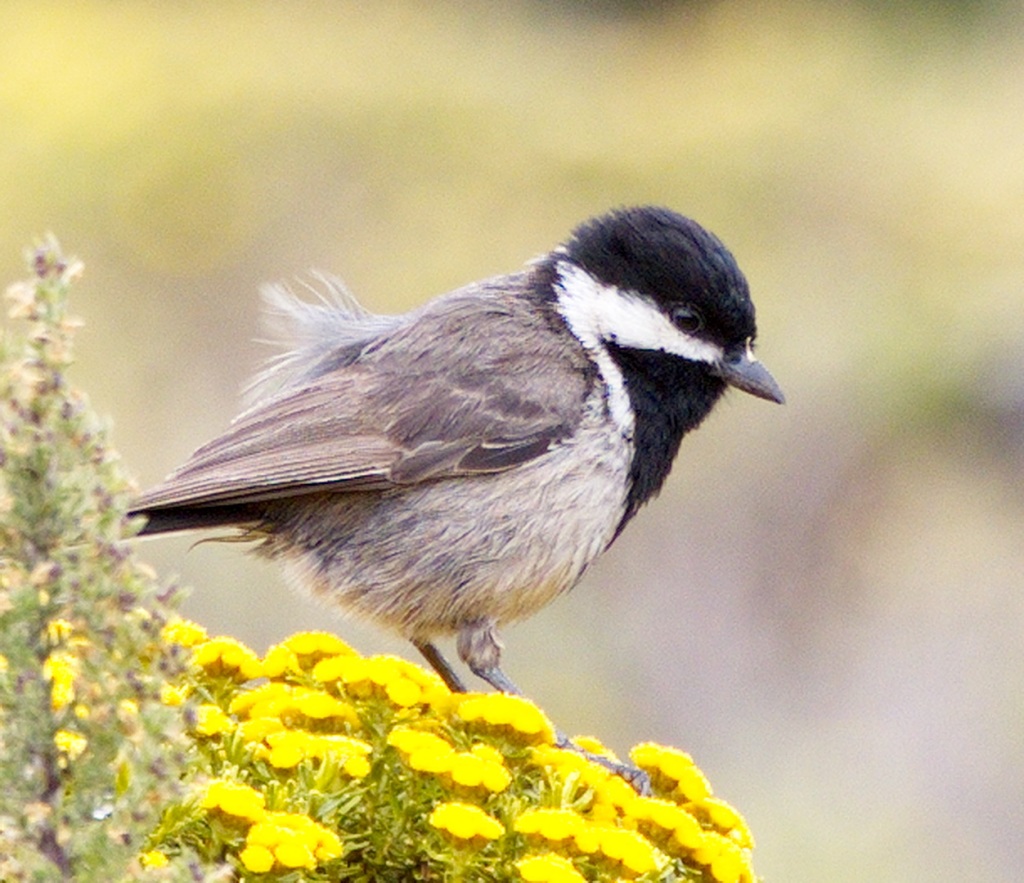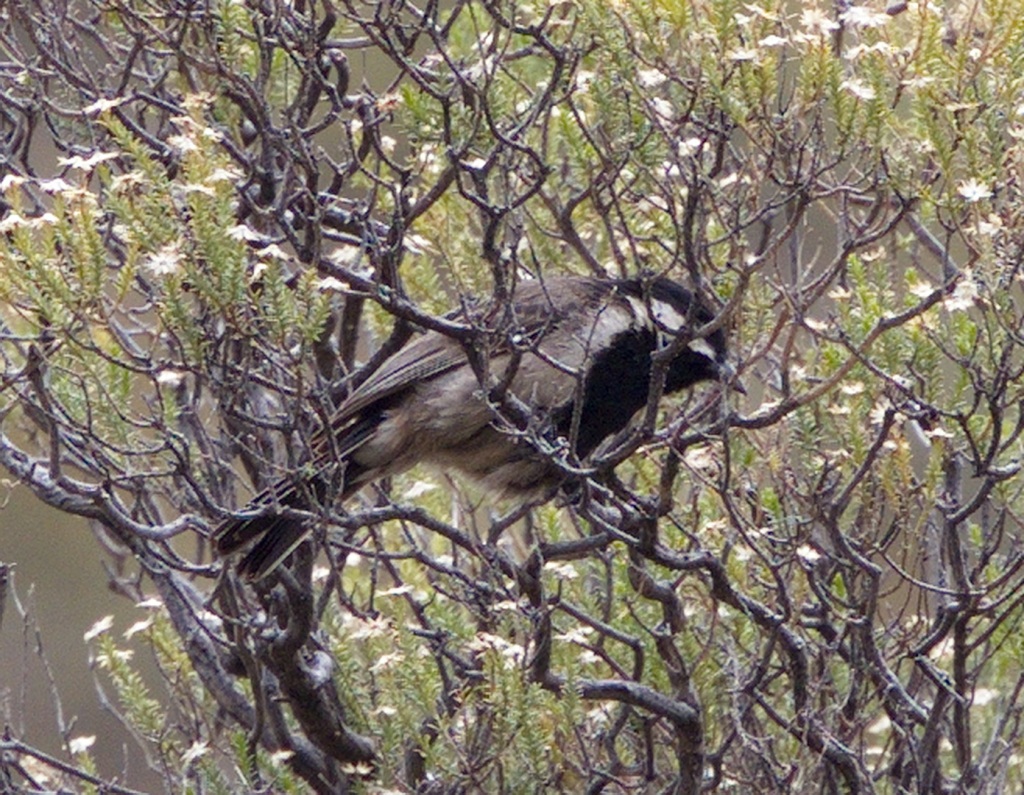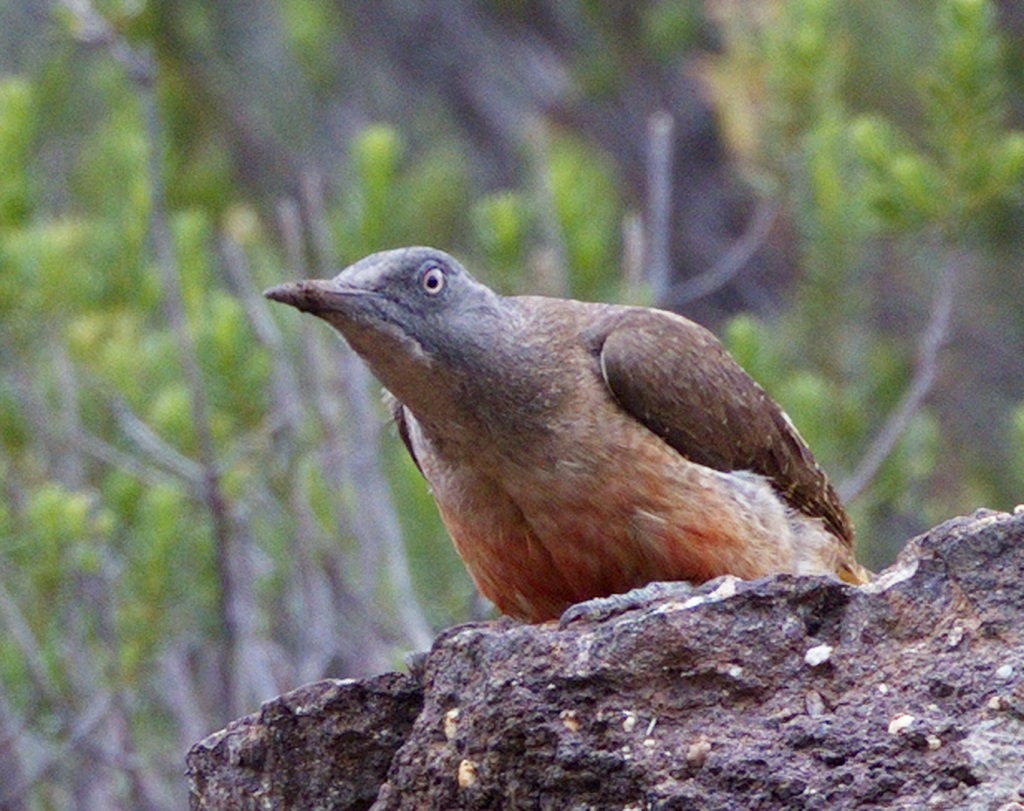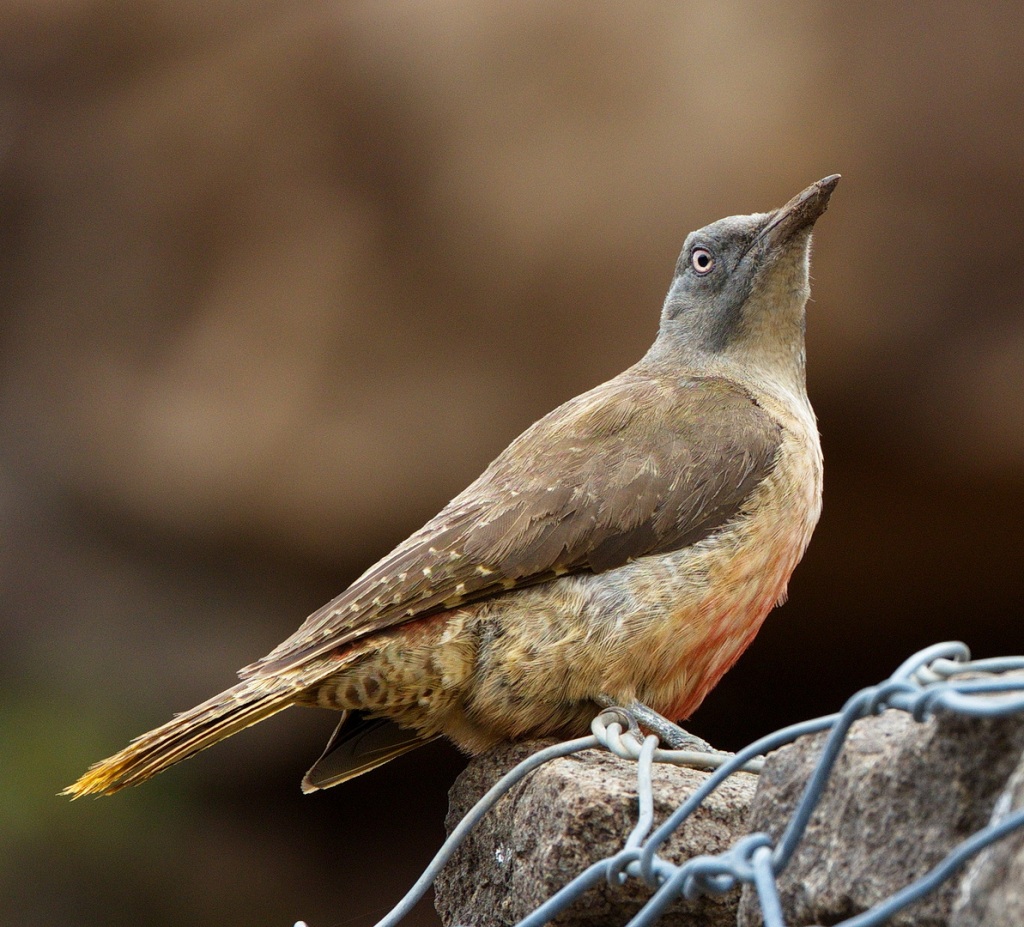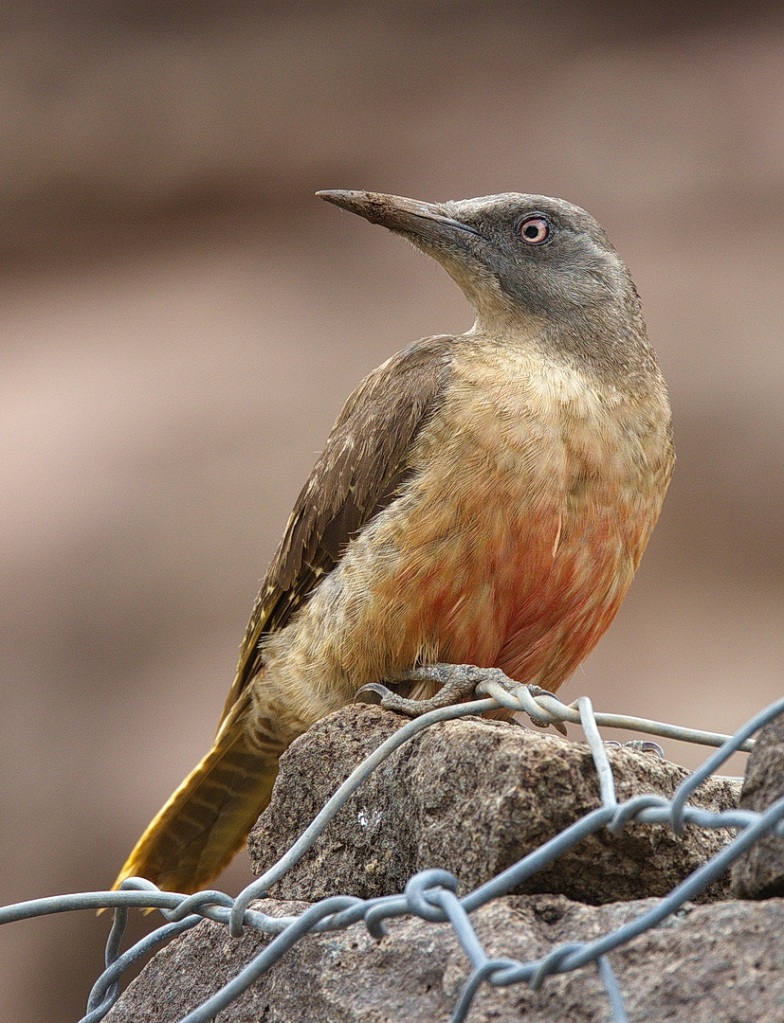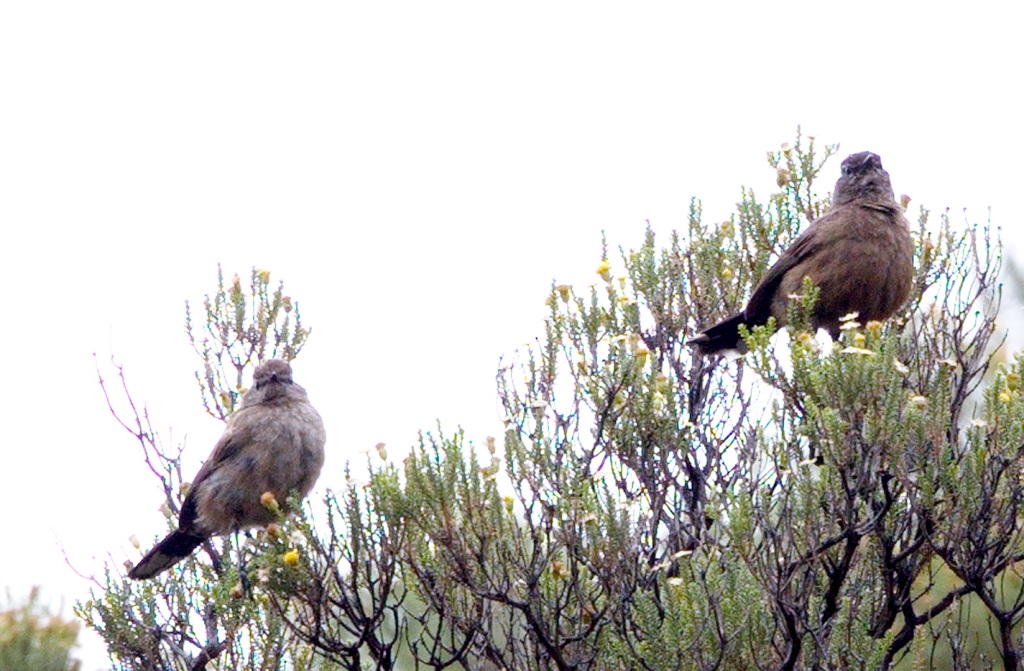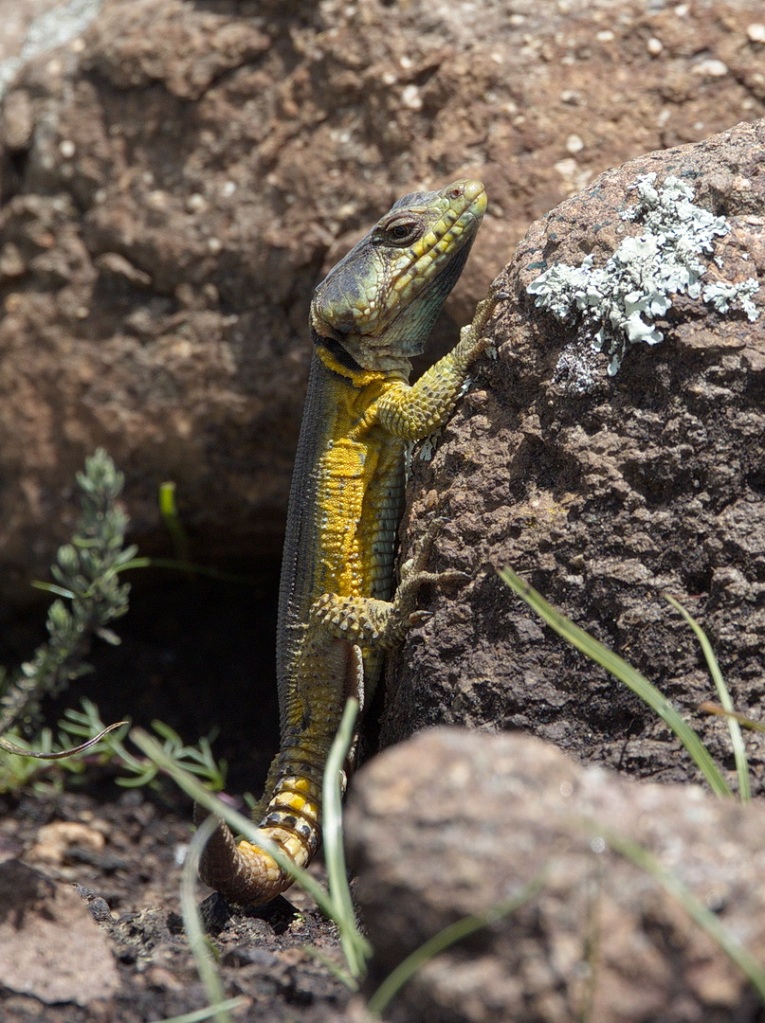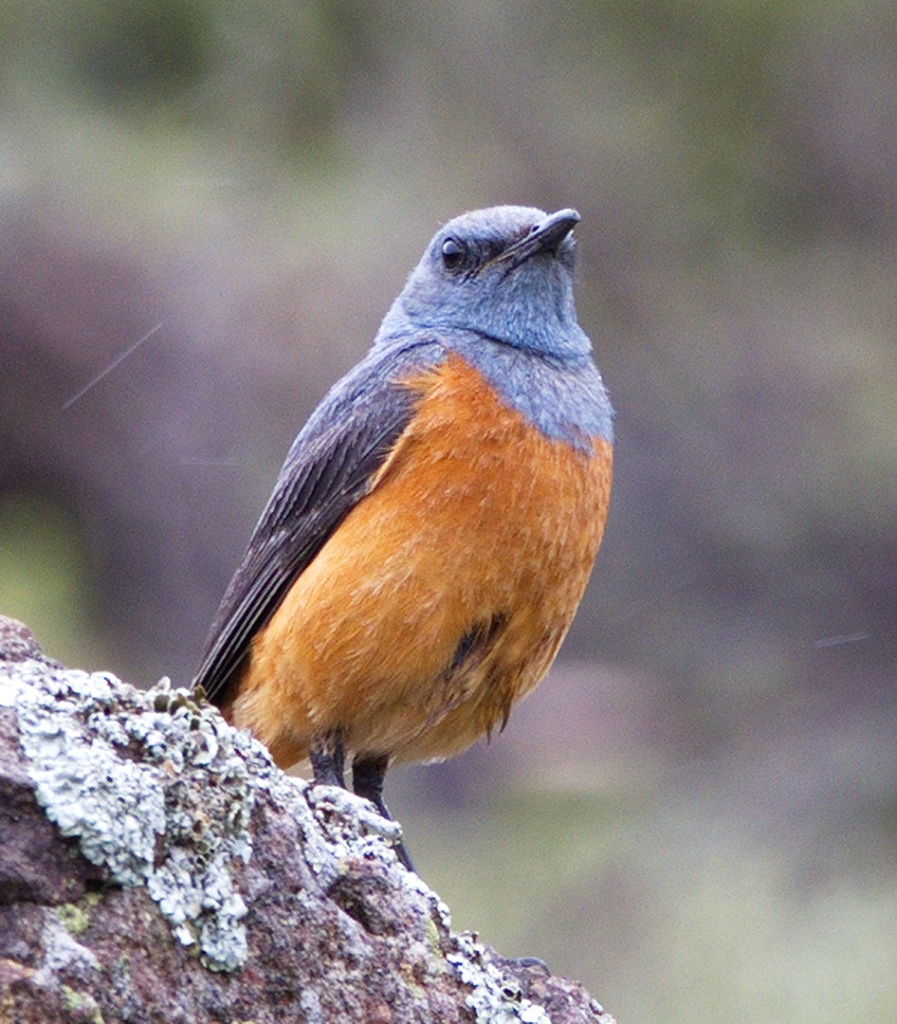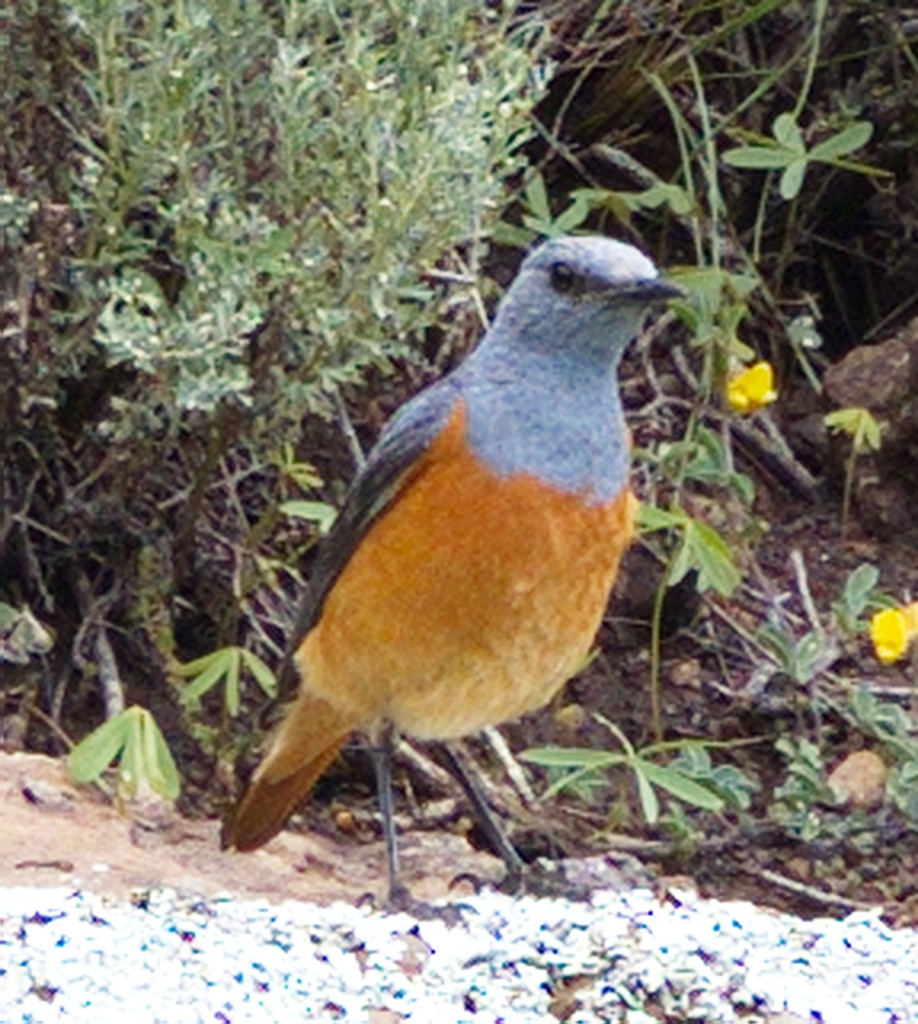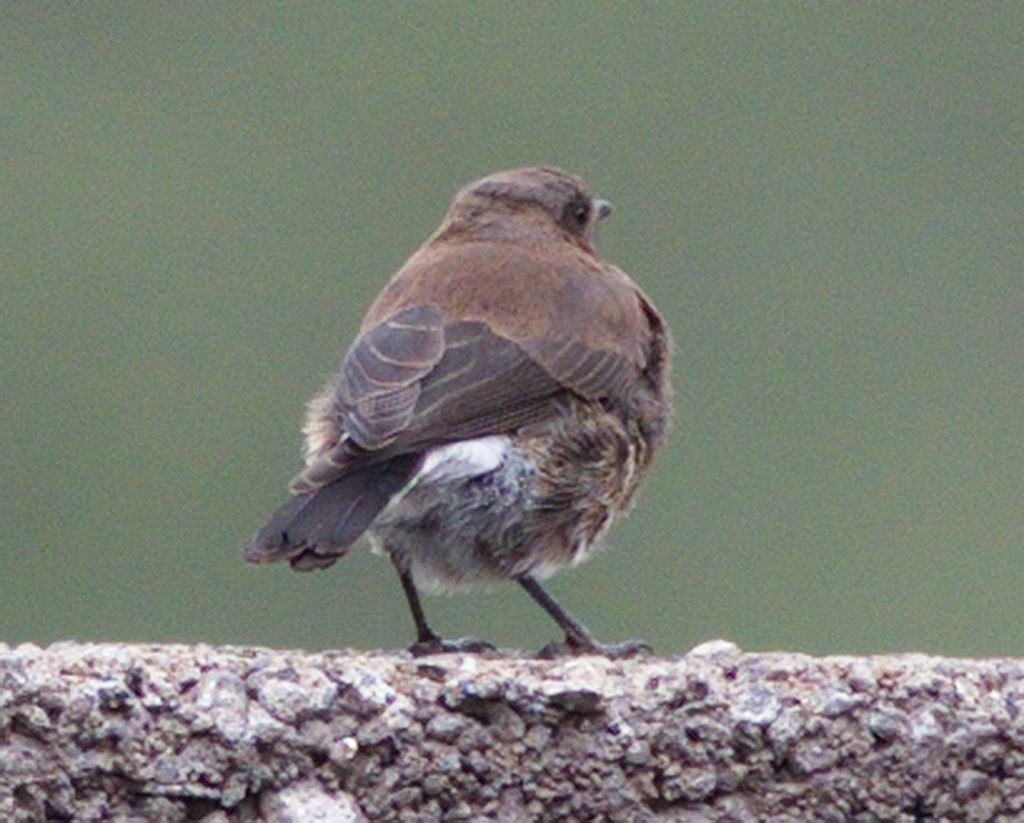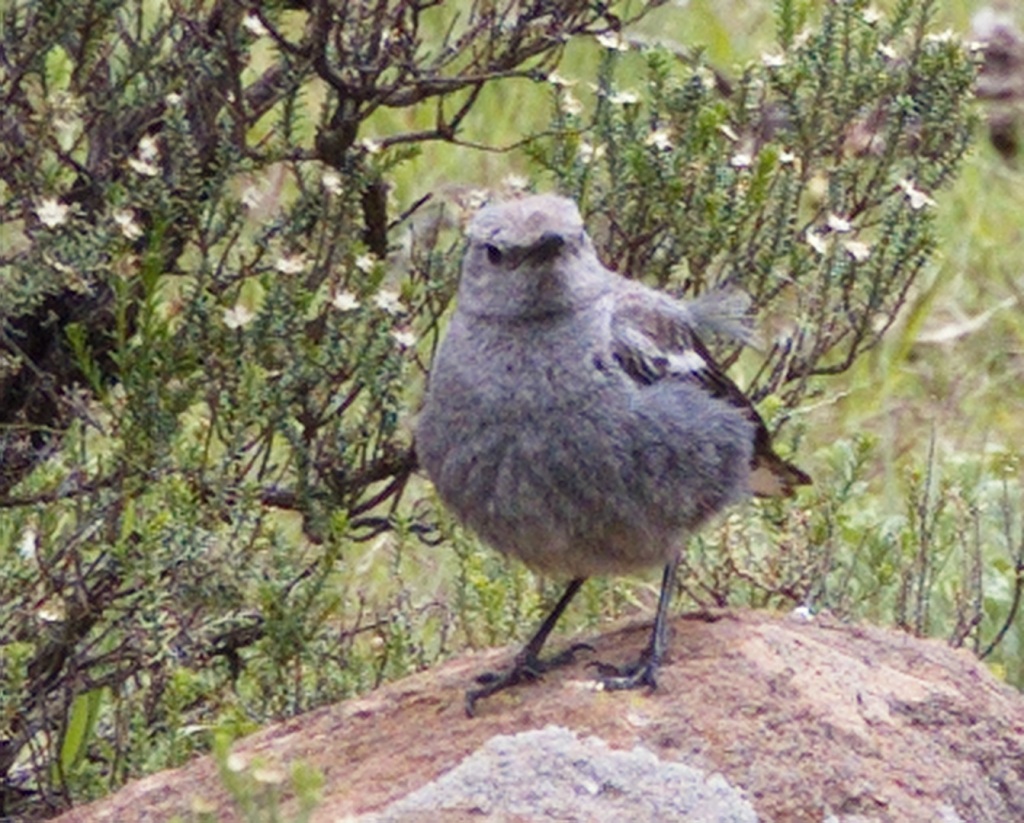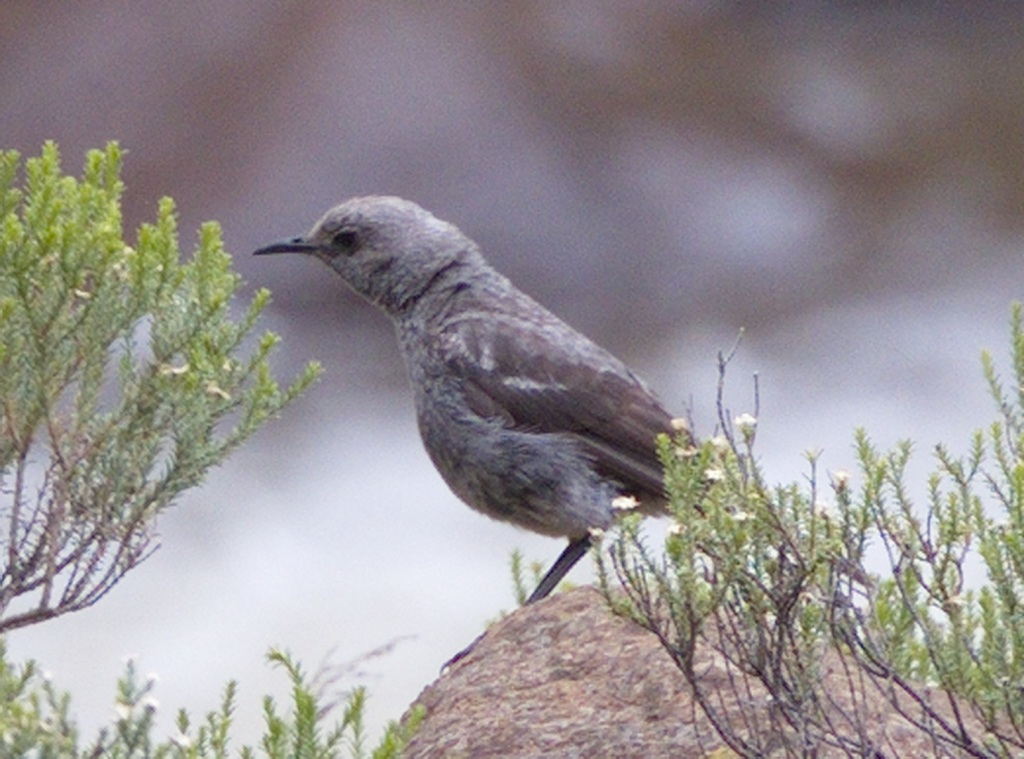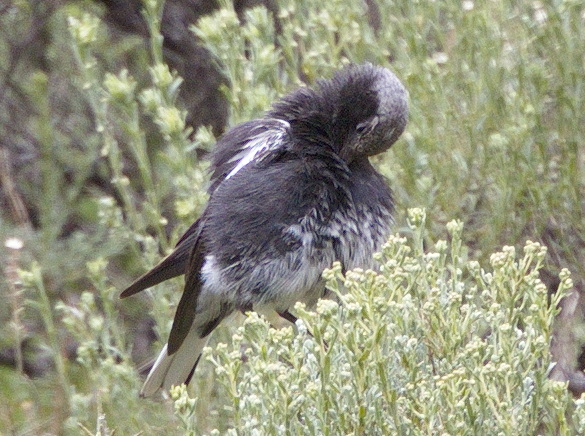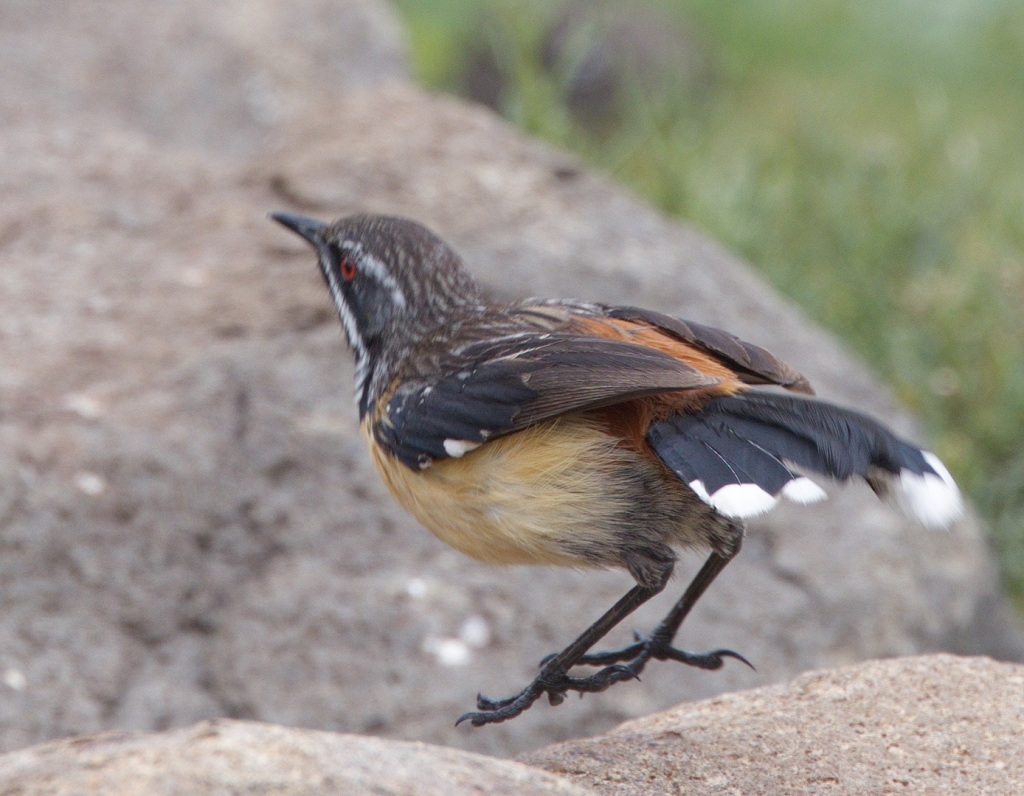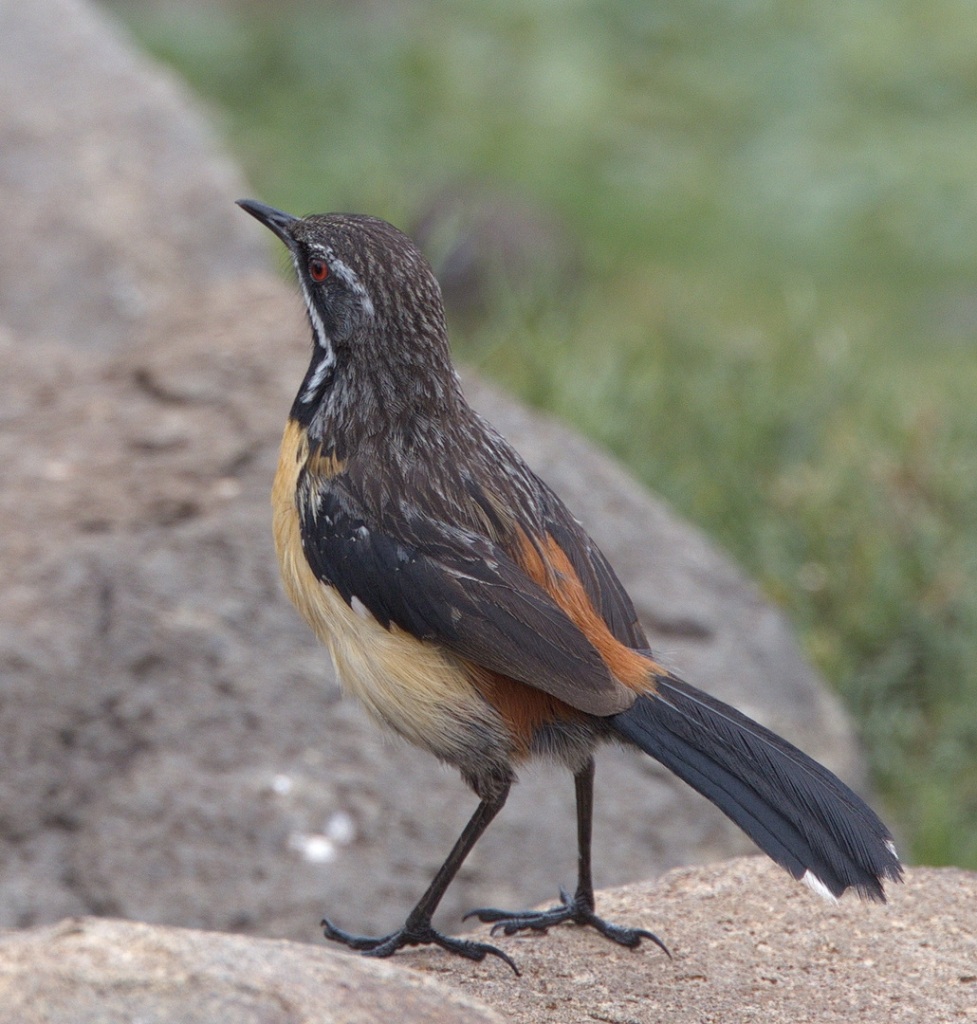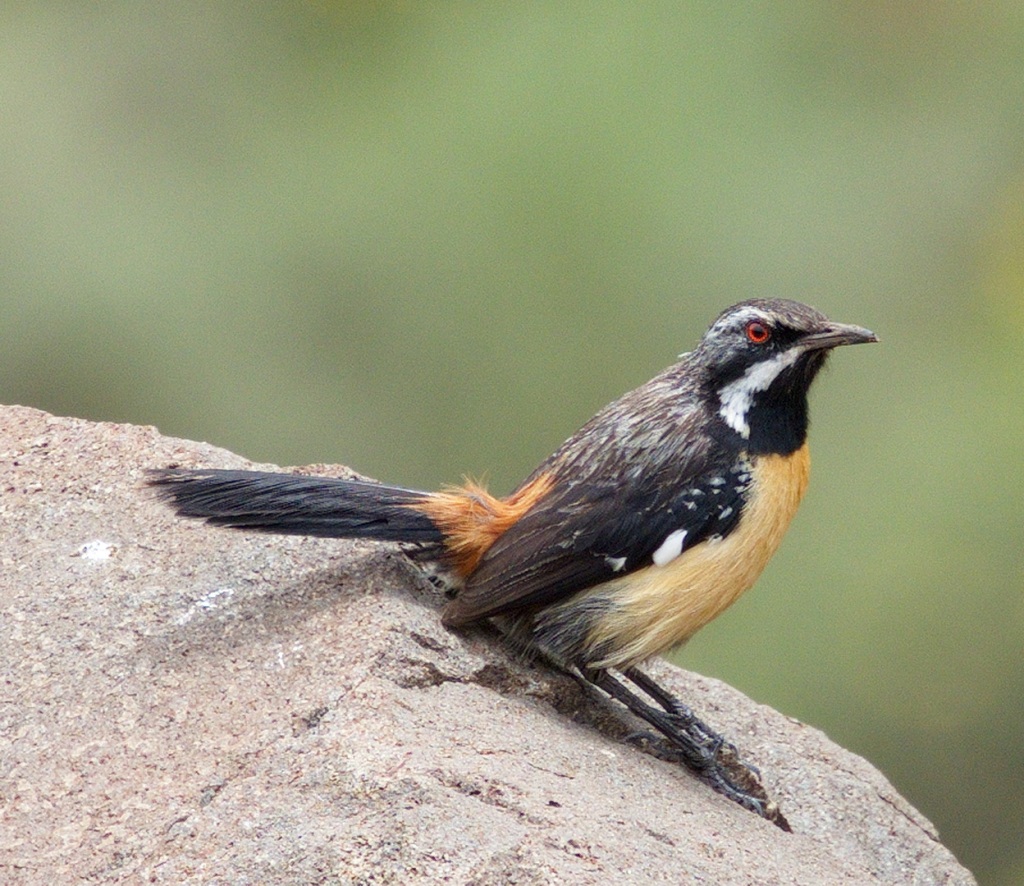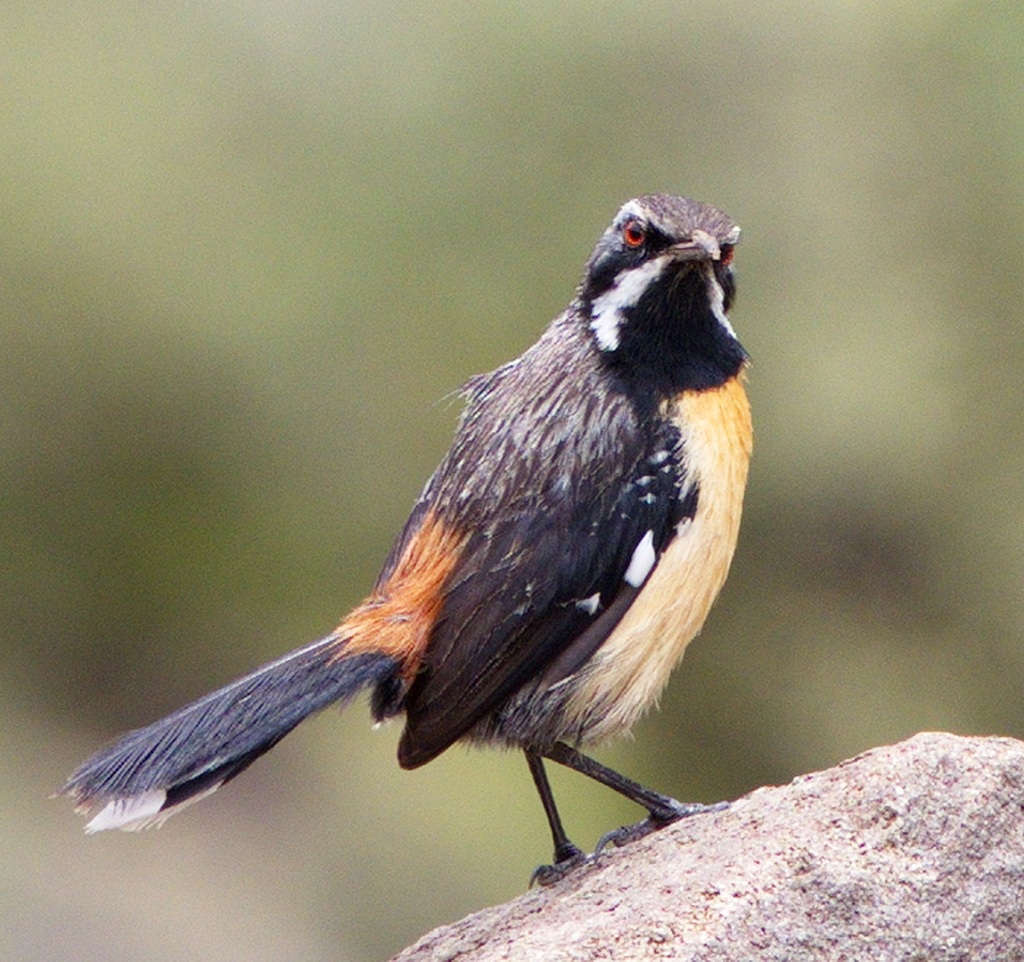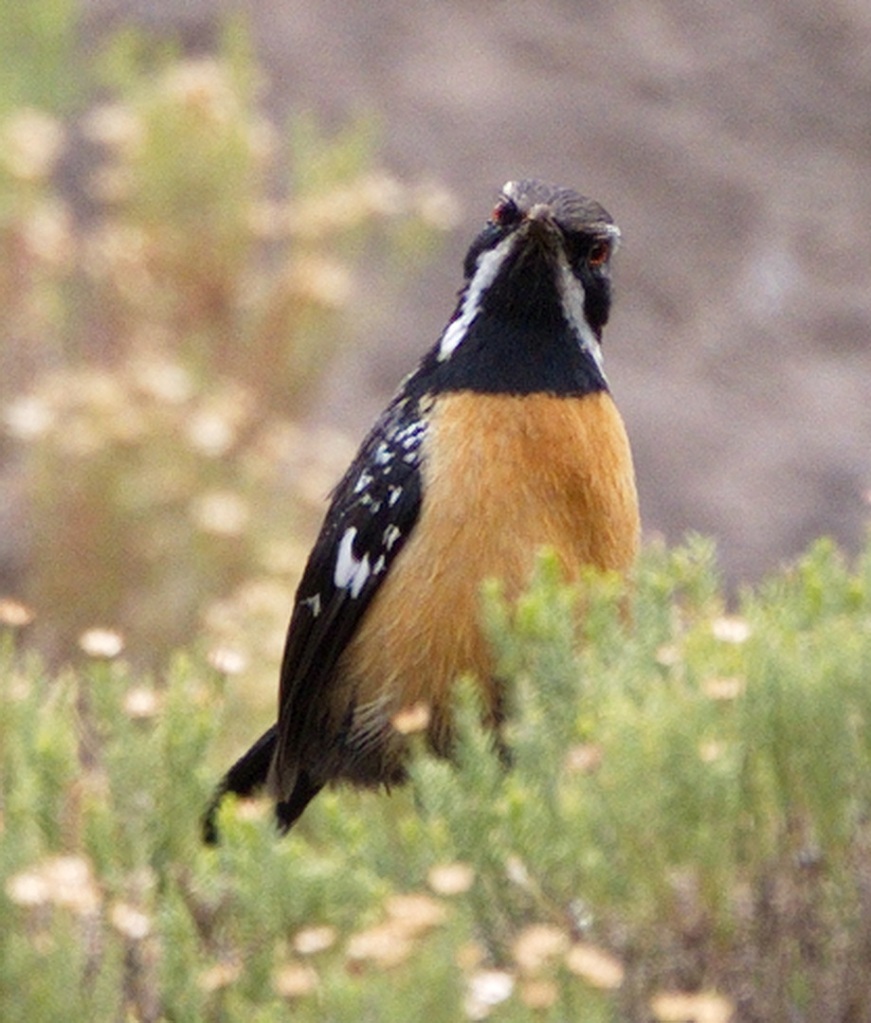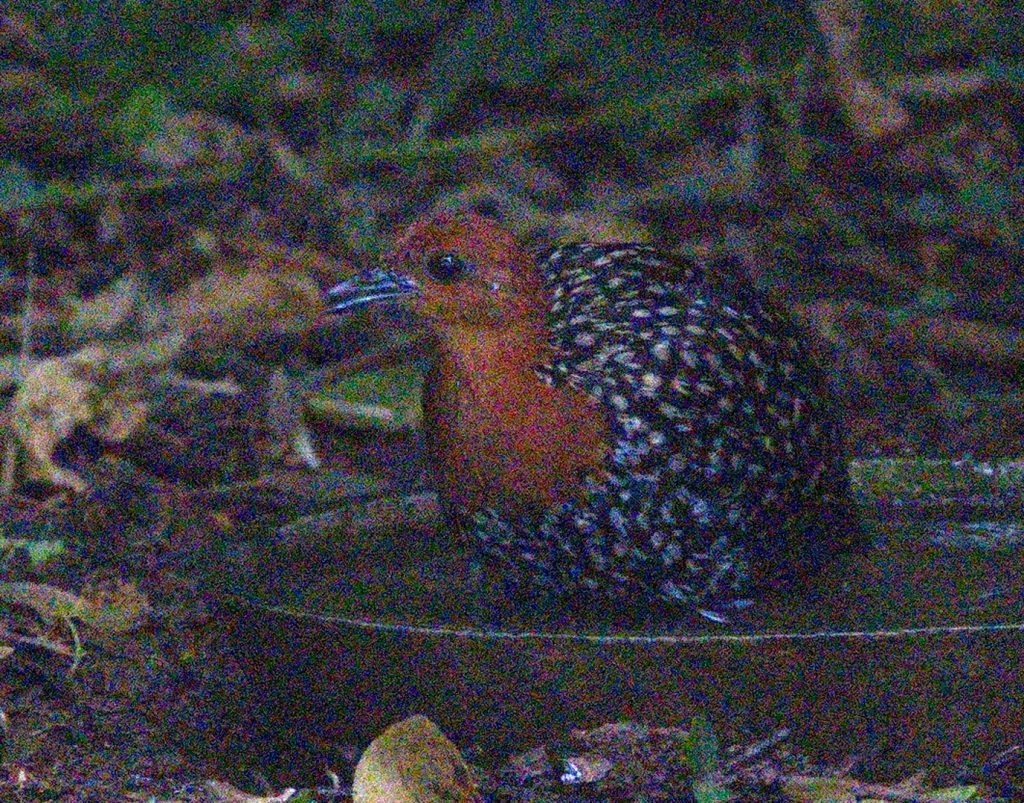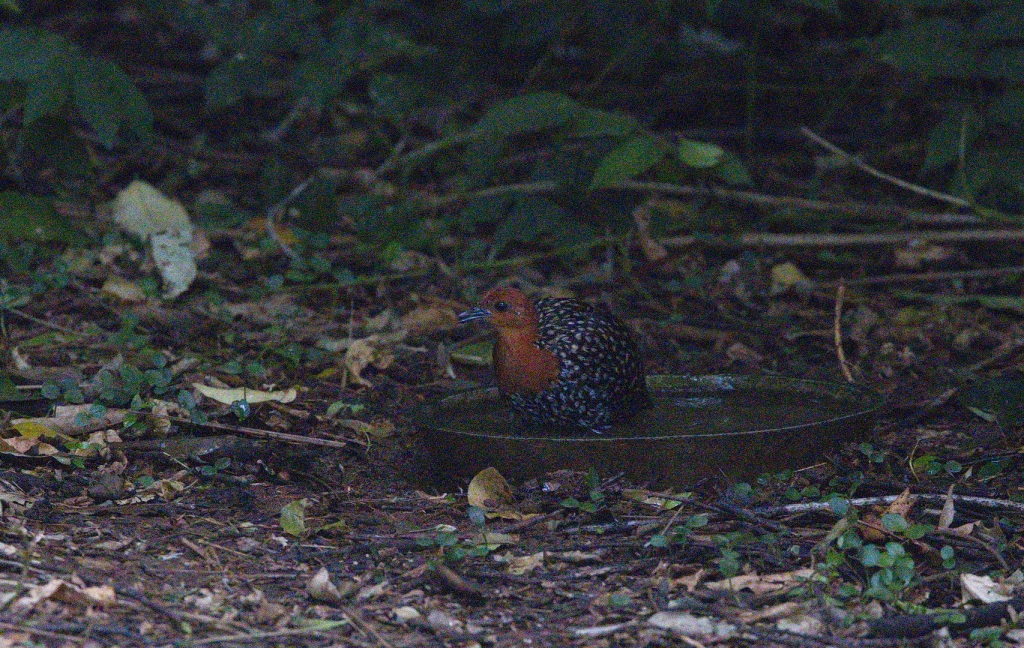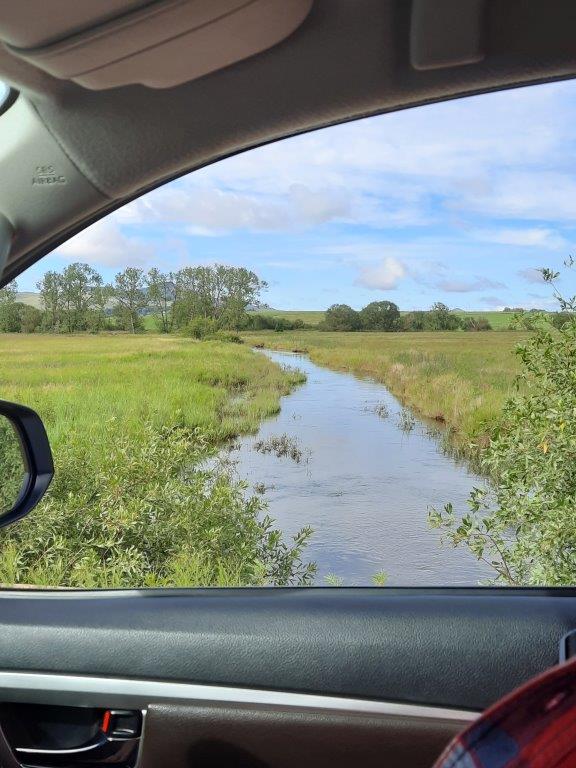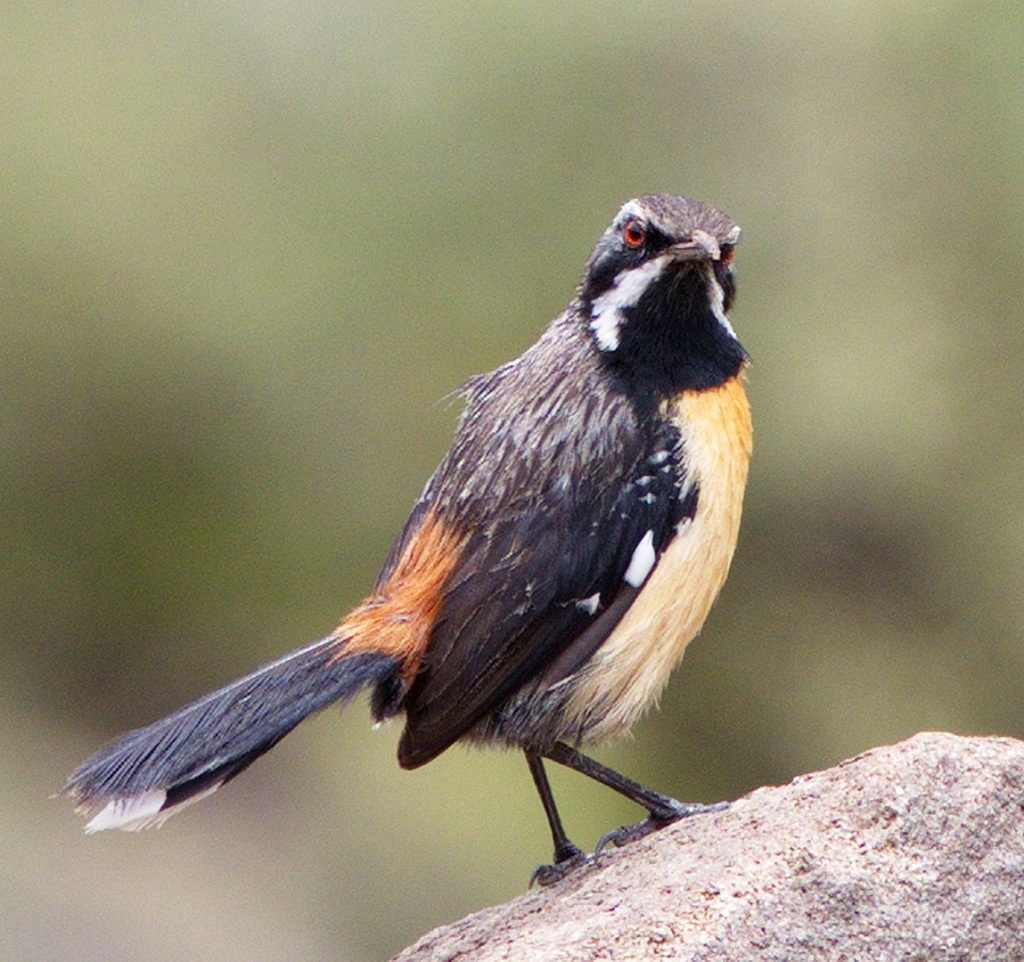14th to 24th August 2024

Sally and I decided that we needed to get away. On impulse we thought that it would be interesting to see what was once known as the Elephant Park in Mozambique – now Maputo National Park, south of Maputo and bordering on South Africa at Tembe Nature Reserve.
We had heard so much about the new road from Kosi Bay all the way up to Maputo that we decided to see it for ourselves and to visit Macaneta north of Maputo as well.
On the way back we stopped at Bonamanzi and visited Hluhluwe.
Our first night was spent camping at Utshwayelo Kosi Mouth Lodge. A very hospitable camp right at the entrance into Kosi Bay. We had a very large sandy campsite with power and our own ablution. They were able to get us entry permits to the Kosi Bay mouth.



We spent part of the afternoon going down to the Kosi Bay Mouth, returning at dusk.



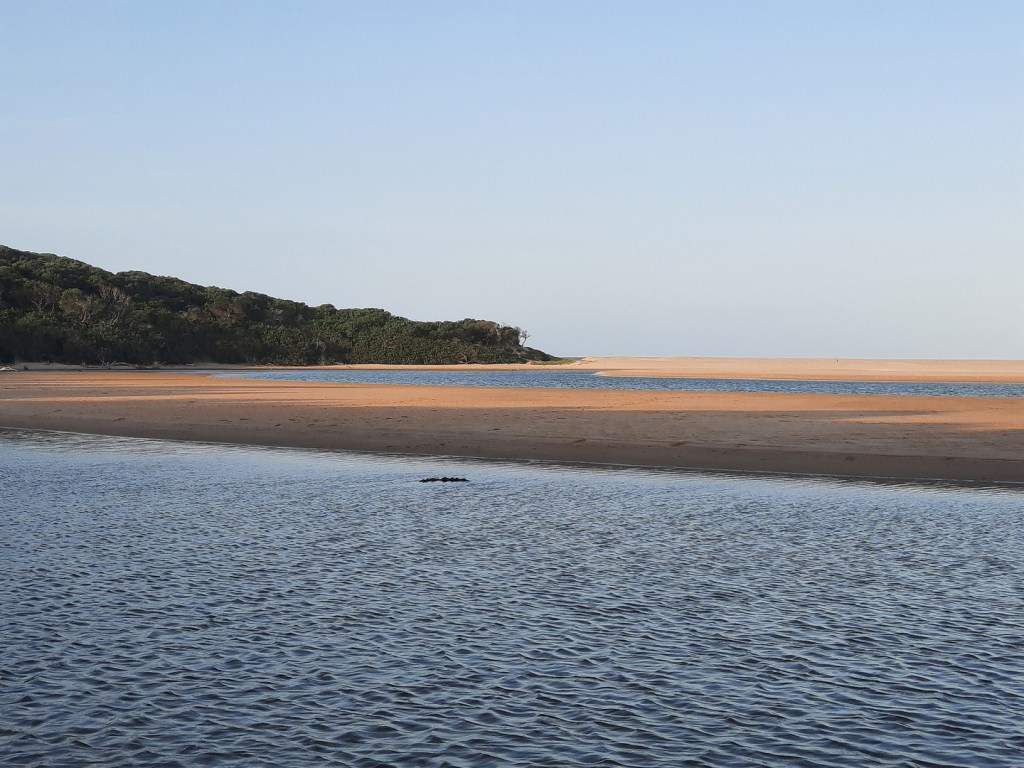

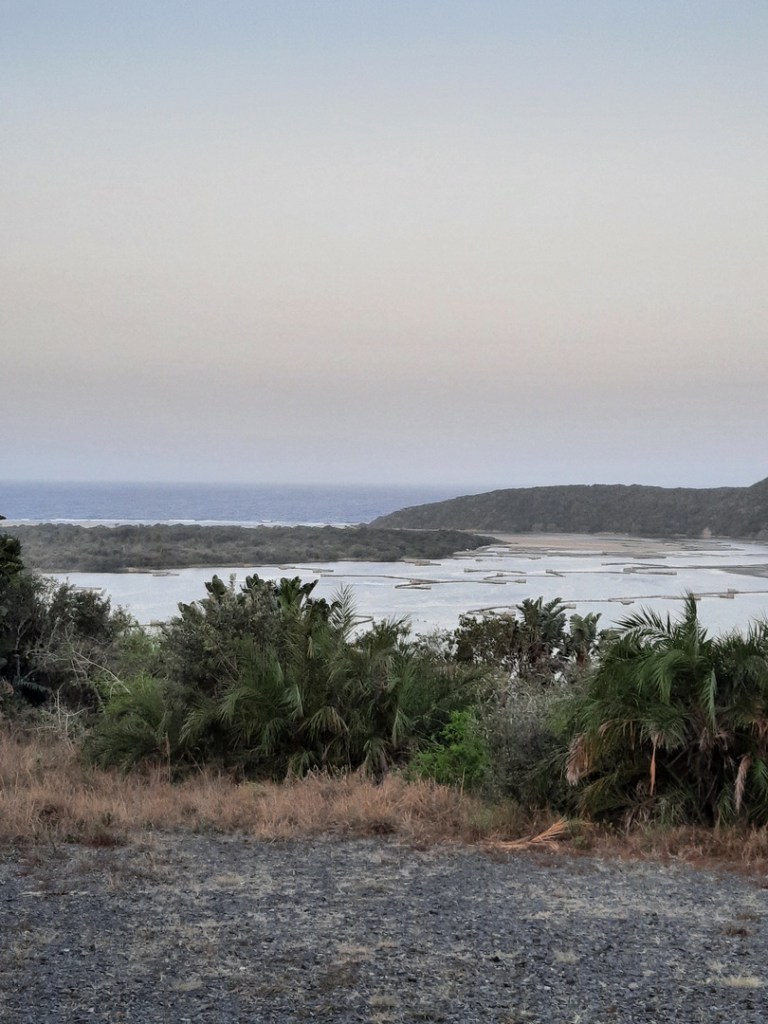




The next day we were up early to cross the border and drive to the Maputo National Park. We were booked to camp in Ponta Membene for 4 nights.
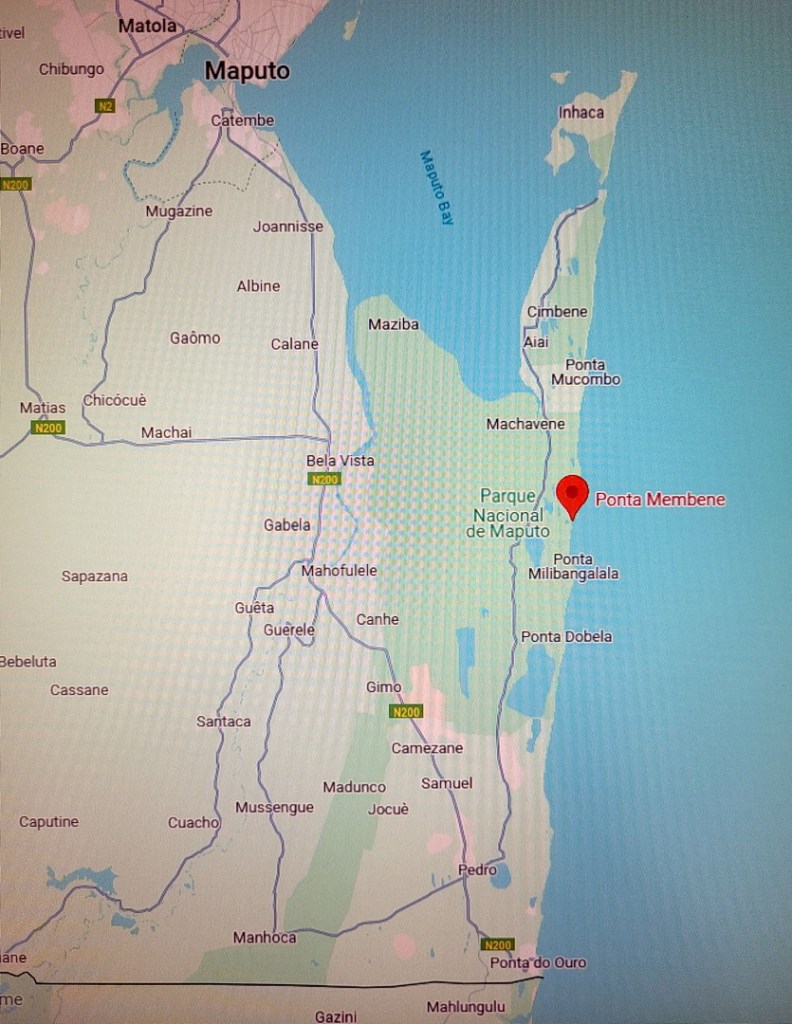
Crossing the border was simple and confusing. The RSA and Mozambique immigration and Customs were all together and no-one to tell you where to go first nor when to take your car through.
Go through the fence to RSA immigration – leaving car and Afrispoor Wildcat on the RSA side of the fence. An RSA immigration official filled in the form for us but forgot to write in our Wildcat details. Then there was customs on the RSA side of the fence. Then proceed through for customs inspection.
Eventually through, we were on our way. And how the countryside seemed to change. Open flat areas with wetlands beside the road here and there.



The Futi Gate – entrance to the park – is about 40 kms from the border. After 30 kms the cattle grid tells you that you are in the reserve and every 200 metres there are serious speed bumps. And there are numerous different signs warning you of angry elephants.

Eventually we got to the Futi gate.




Park entrance fees are paid at the gate. They managed to use my credit card.

Then off we set after reducing tyre pressure to 1.5 bar. Only 40 kms to Ponta Membene on sandy roads. Towing the Wildcat went well for more than half the distance. Many a time not using hi or lo range – very occasionally lo range. Followed the numbered trail to Point 13.
We enjoyed the scenery.
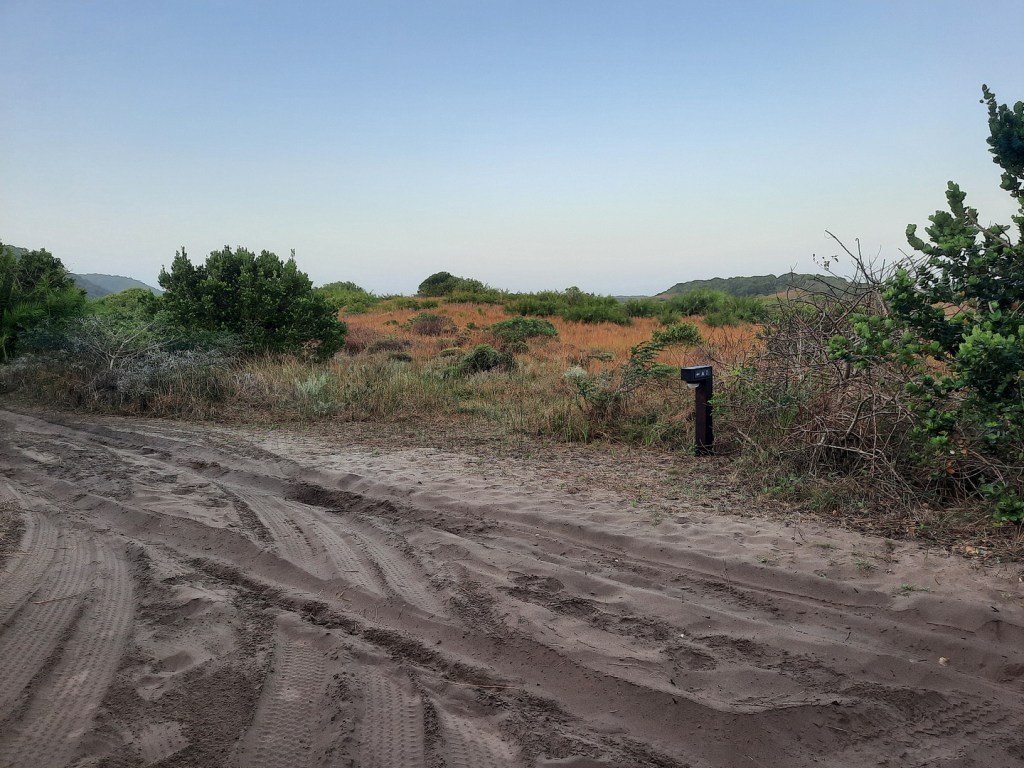



Then the inevitable happened. We came upon an intersection with 3 alternatives (as all the intersections seemed to have – all leading to the same place). We chose what looked best (you should always stick to the high ground if given a choice). Down we went, then looking ahead a steep rise in thick sand, into Lo range and almost made it.

Dig, dig, dig. Sand tracks down but getting nowhere. Decided to reverse to the bottom. More digging and sand tracks to get going back and downward. The bottom was gravellier and I was able to drive off road and make a U-turn going back the way we came. At the intersection we were unable to turn onto one of the other tracks – too tight. Ended up driving back several kms to find a place to make a U-turn.
More careful as we got closer to camp as the sand was thick and there were many steep hills to climb. Often had to choose our own way up.
Camp at last, four and a half hours from gate!!

We were allocated to campsite 2. The site was huge and buried into the canopy of the Dune Forest. Two areas to park vehicles, 2 places for tents and one just big enough for our Wildcat. Plus a modern ablution and washup area attached. Hot water, shower and power.








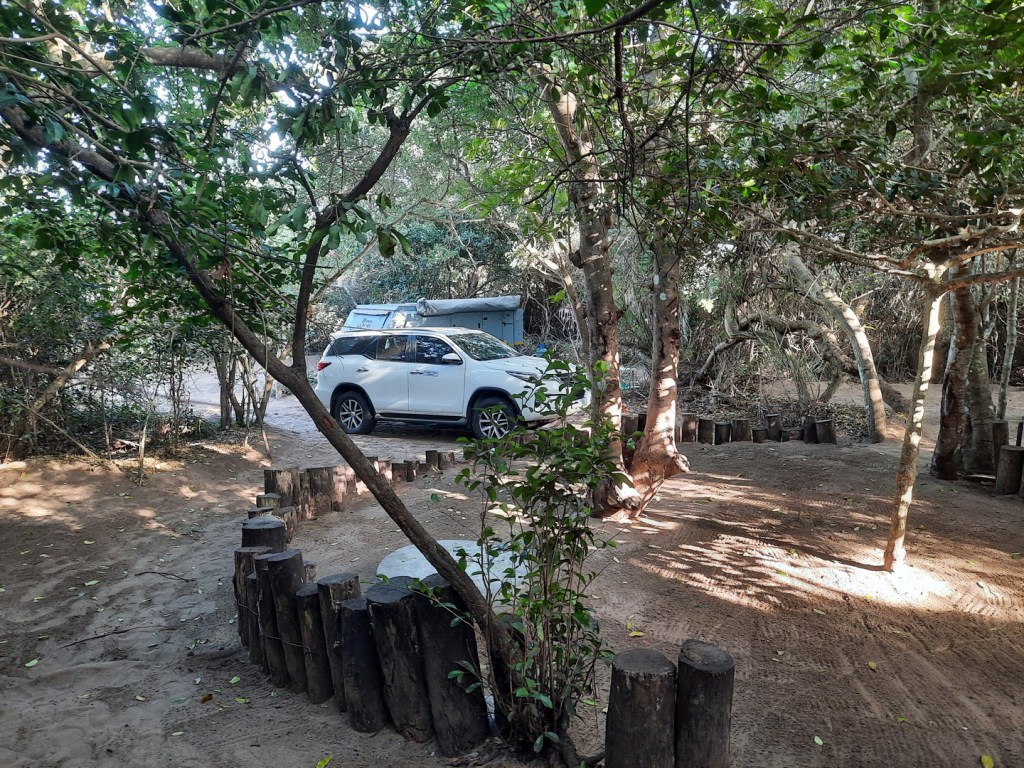
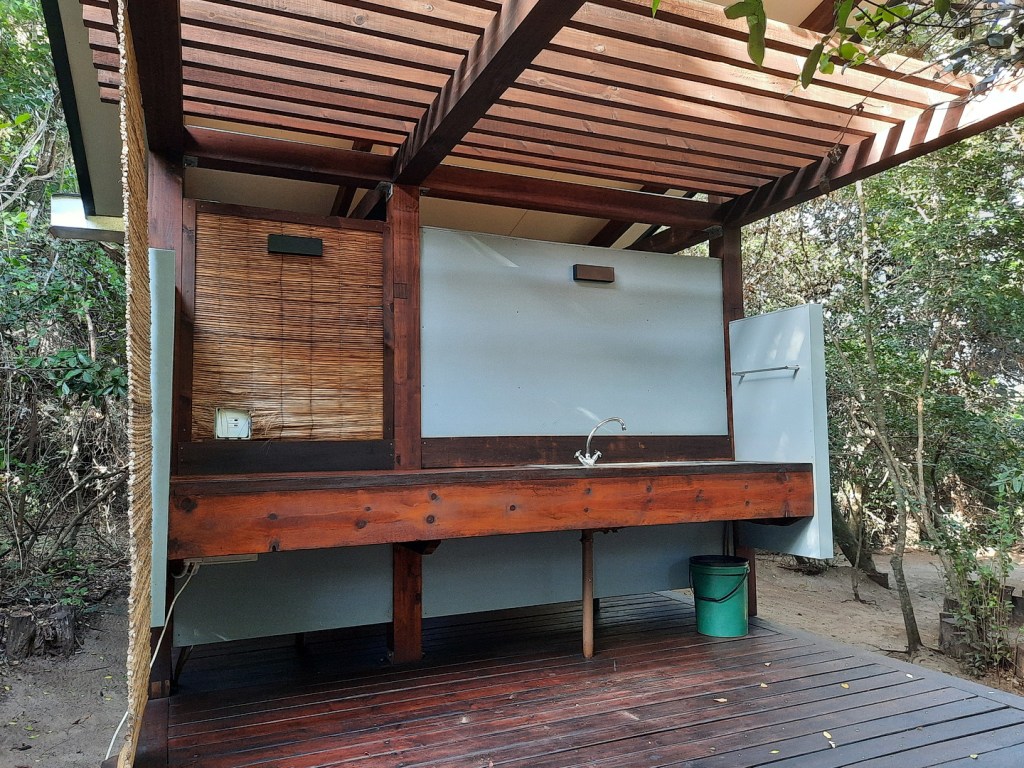
One particular campsite bird stood out from the excessive numbers of Dark-capped Bulbuls.

On our first morning we explored the camp. A short steep climb up to the top of the dune through the forest brought us to a board walk which ran along the top of the ridge. At the top we looked out to sea and the beach below. Following the boardwalk to its end took us to the restaurant and swimming pool.

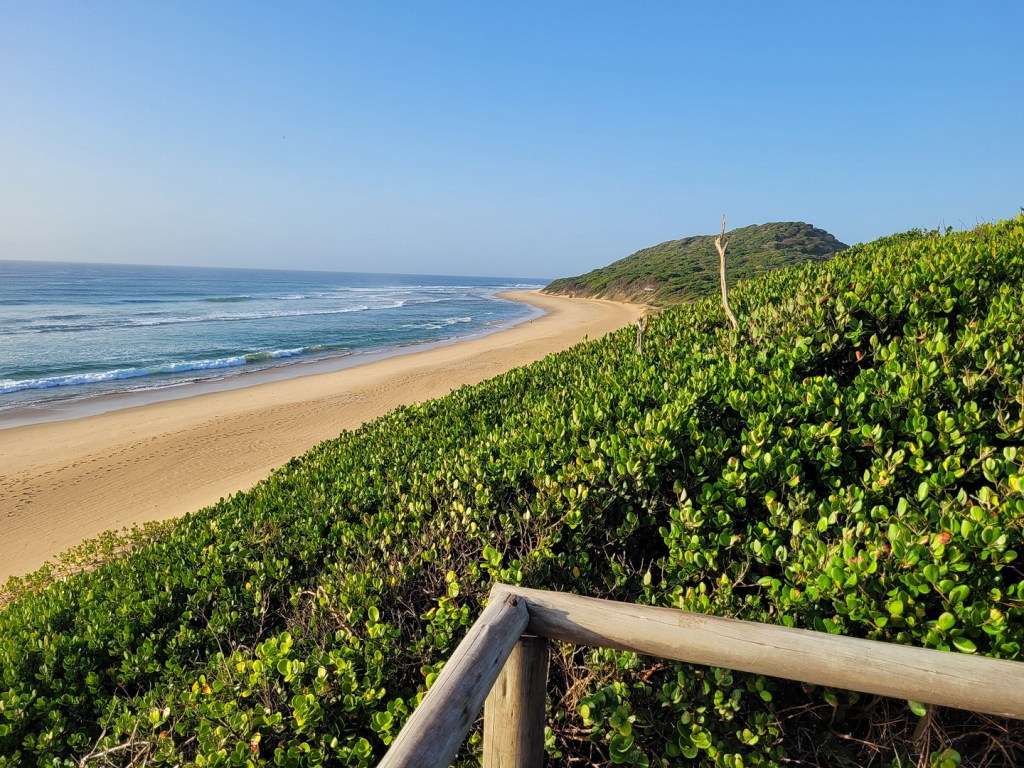
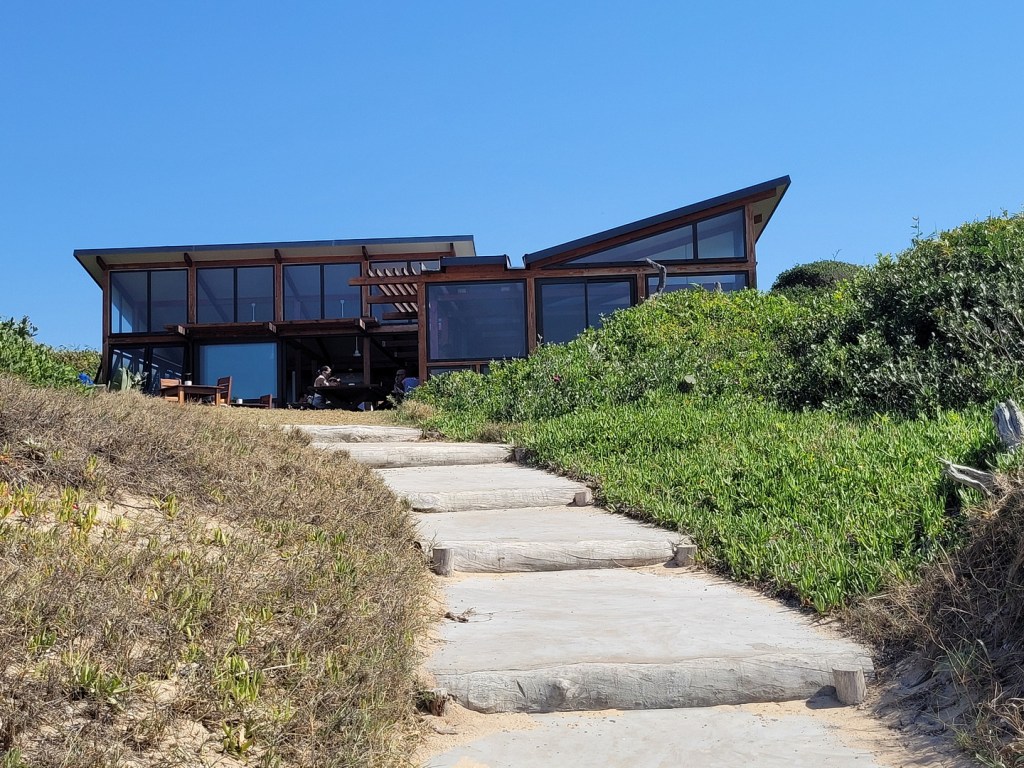

On that first morning we got to the top before sunrise – quite a view.



Sunrise:
From the top, not only did we watch the sunrise, but we also observed whales close by. Perhaps you can identify the one closest to us.







To celebrate seeing the whales, we took a long walk along the beach and Sally even managed a dip.
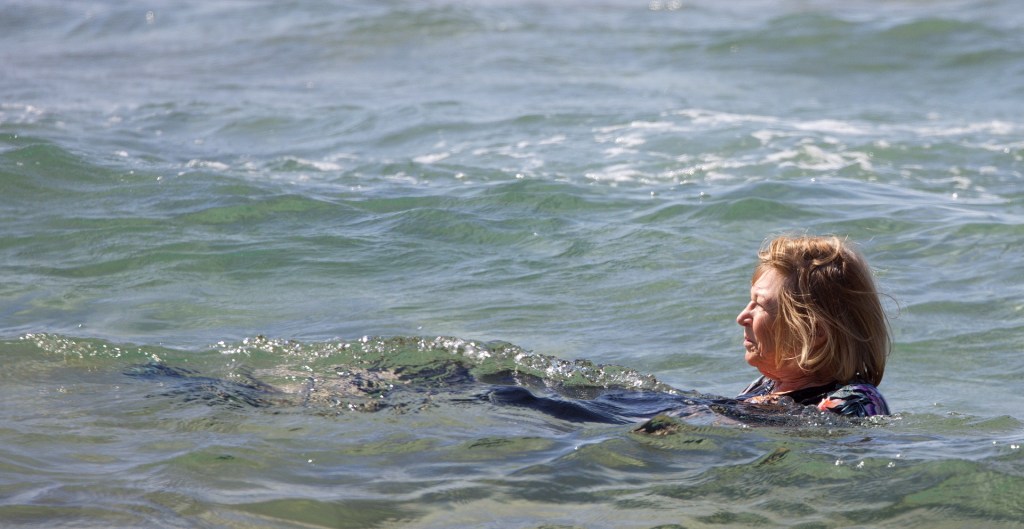
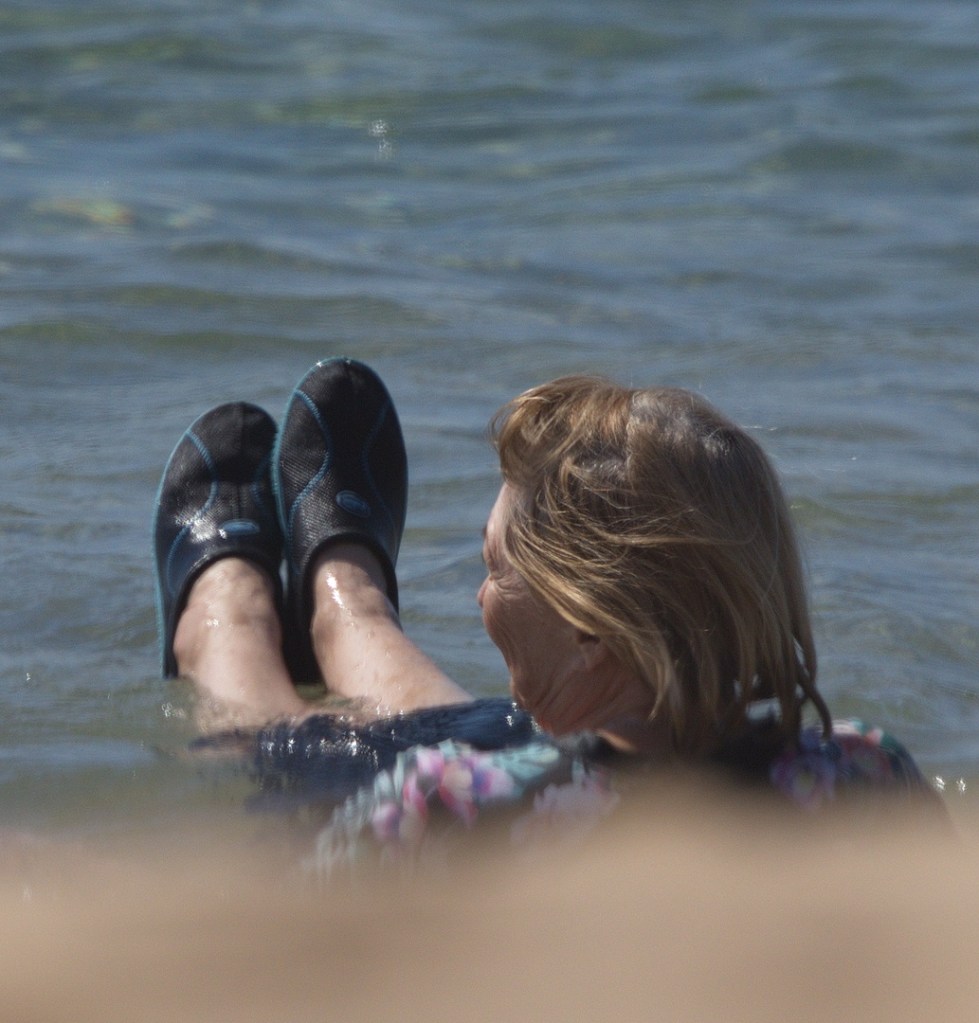

Our time was spent exploring the places we passed on the way to the camp. One spot Lagoa Xinguti was right next to the road – more like a muddy track. There was not a large variety of birds present. However, we did see Great and Little Egrets, Crowned Hornbills overhead, African Wattled Lapwings, a Squacco Heron, a White-fronted Plover, Yellow-billed Storks, a Western Osprey fishing, hippos and crocodiles.
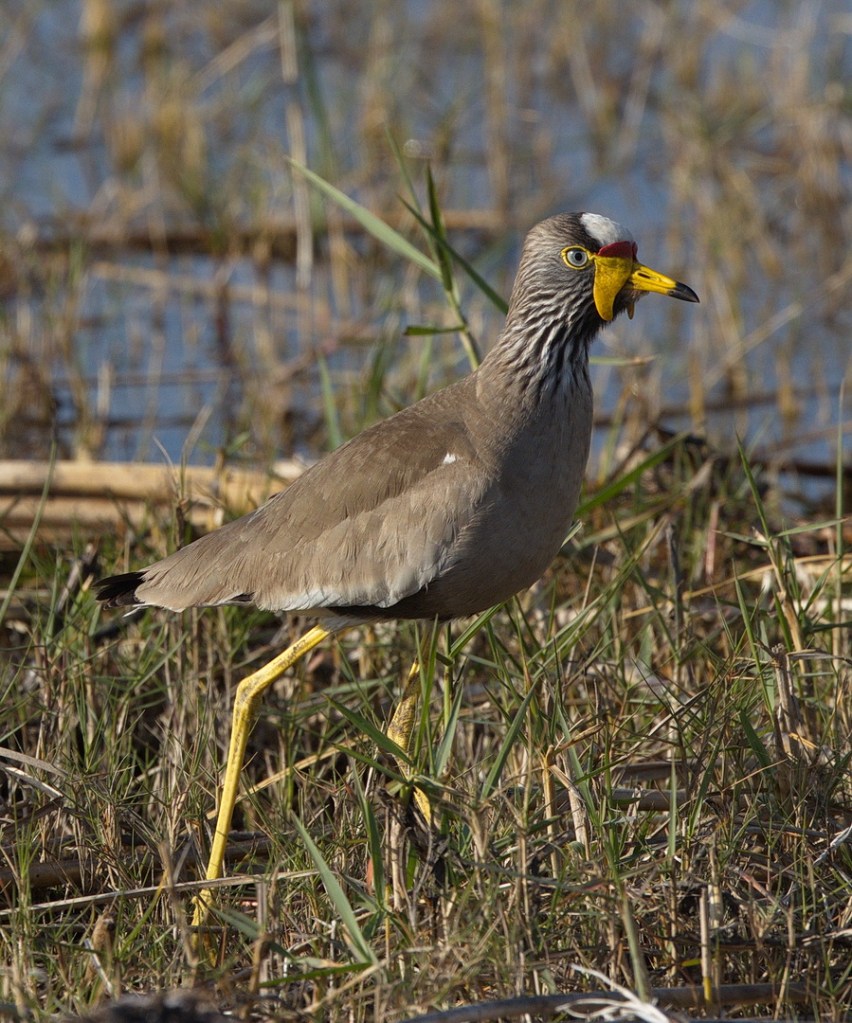





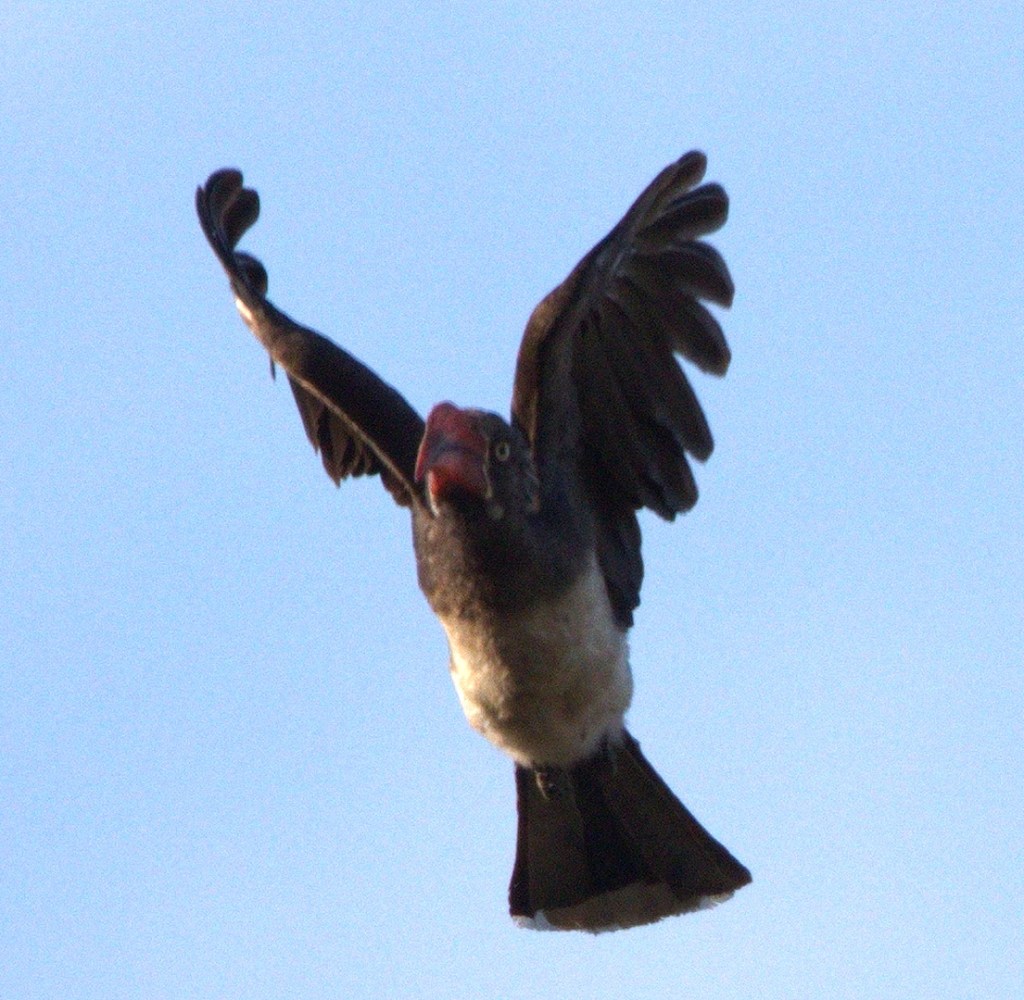


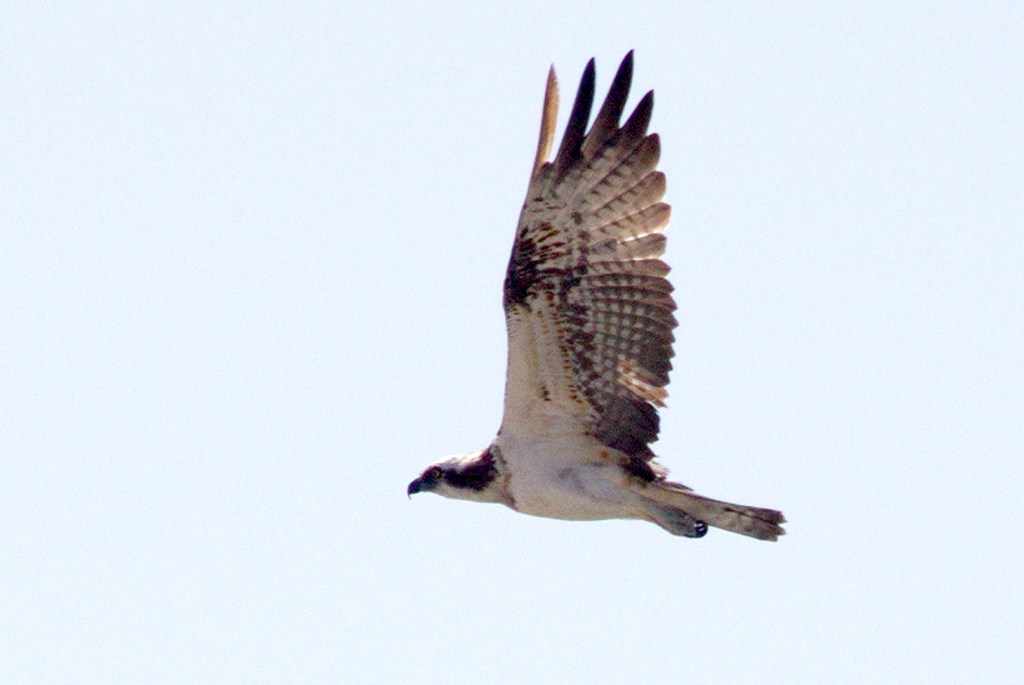


This area also has picnic sites – attractively laid out partly in the bush..



From the shoreline, we watched literally hundreds (and I mean hundreds) of White-breasted Cormorants fishing together. Herding the fish towards the shore. Quite an amazing sight to watch so many fishing together in a leap-frog action.



At another Picnic site, we saw a Black Coucal dash into the bush beside us – never to be seen again.


And yet another Lake, Lagoa Finixli.


Driving around we came across different habitats and we saw wetland birds, forest birds, animals and raptors. Here are some of those birds captured on camera.
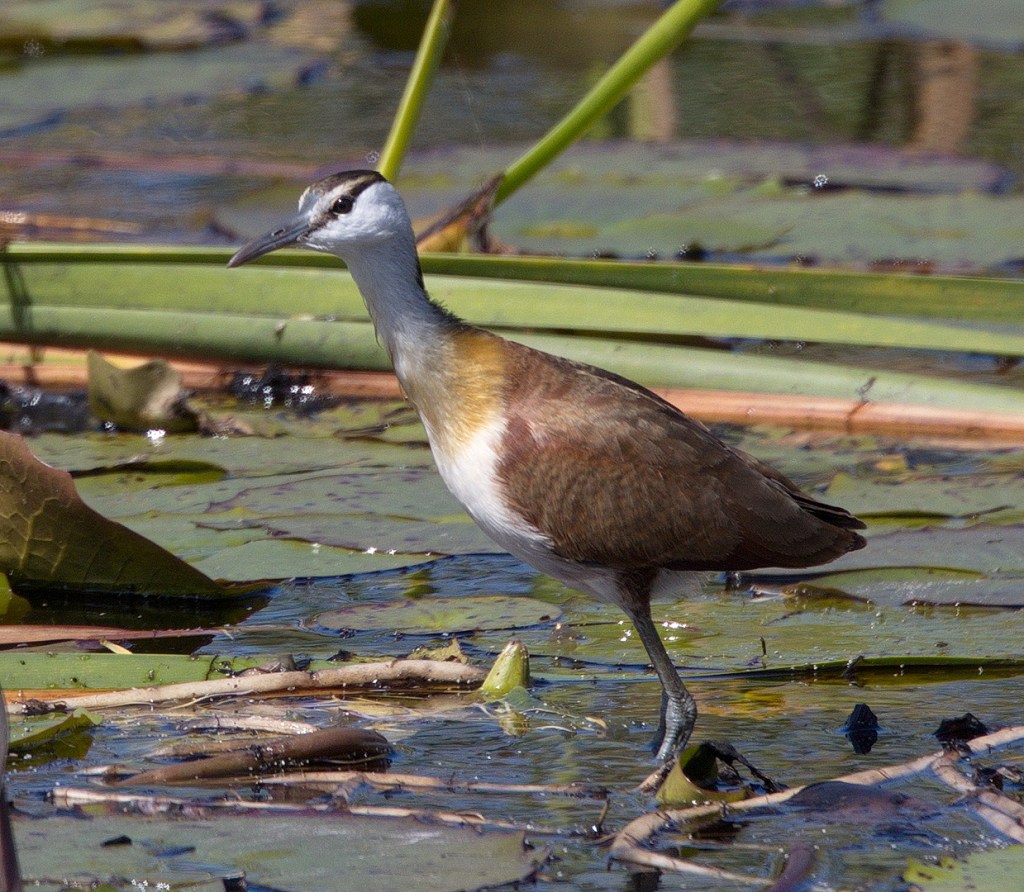
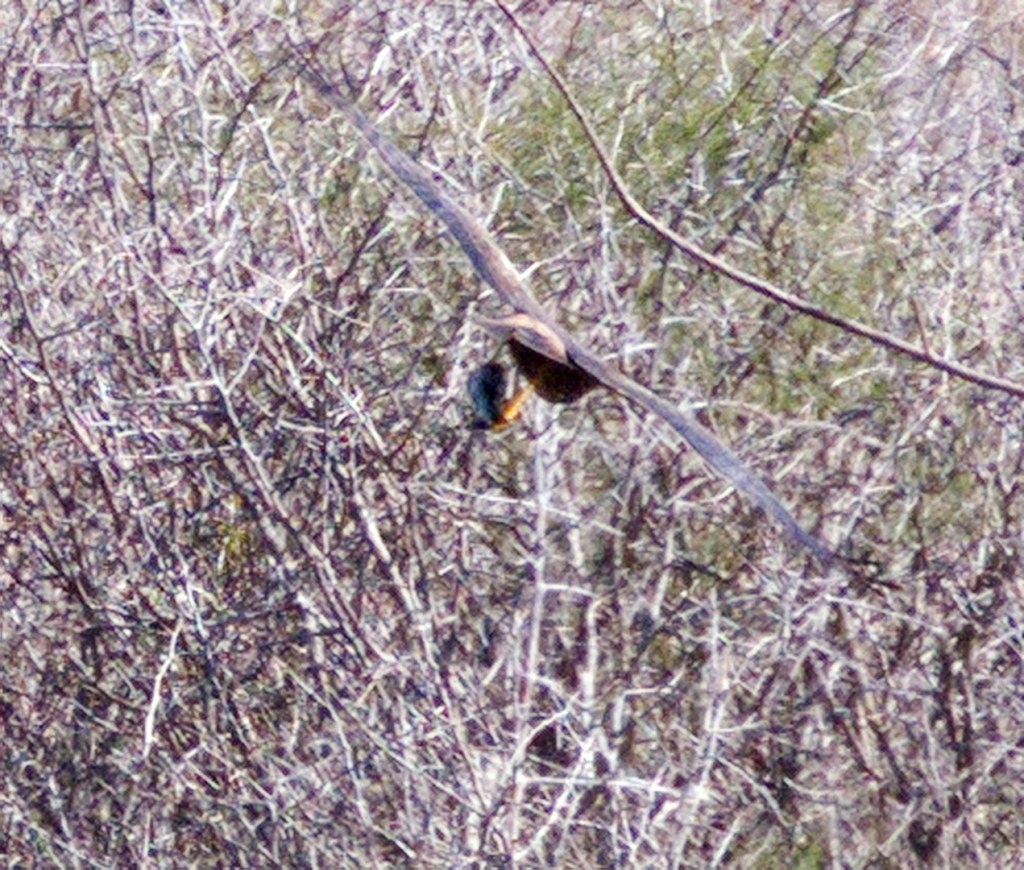


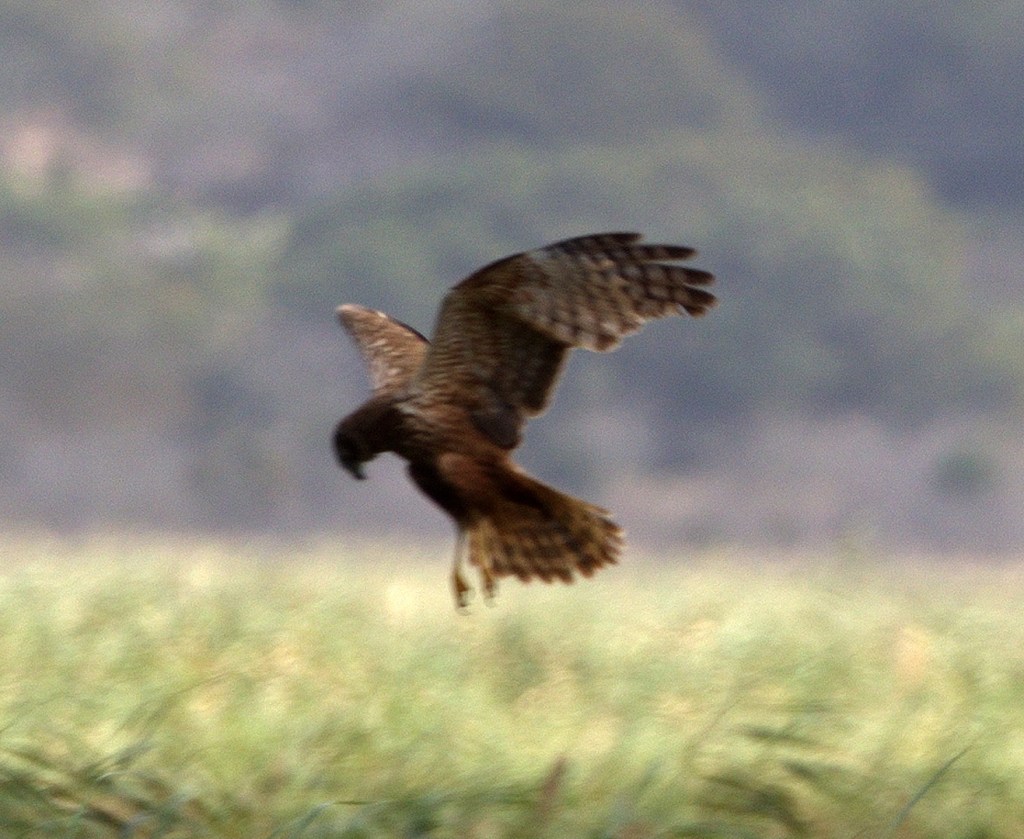




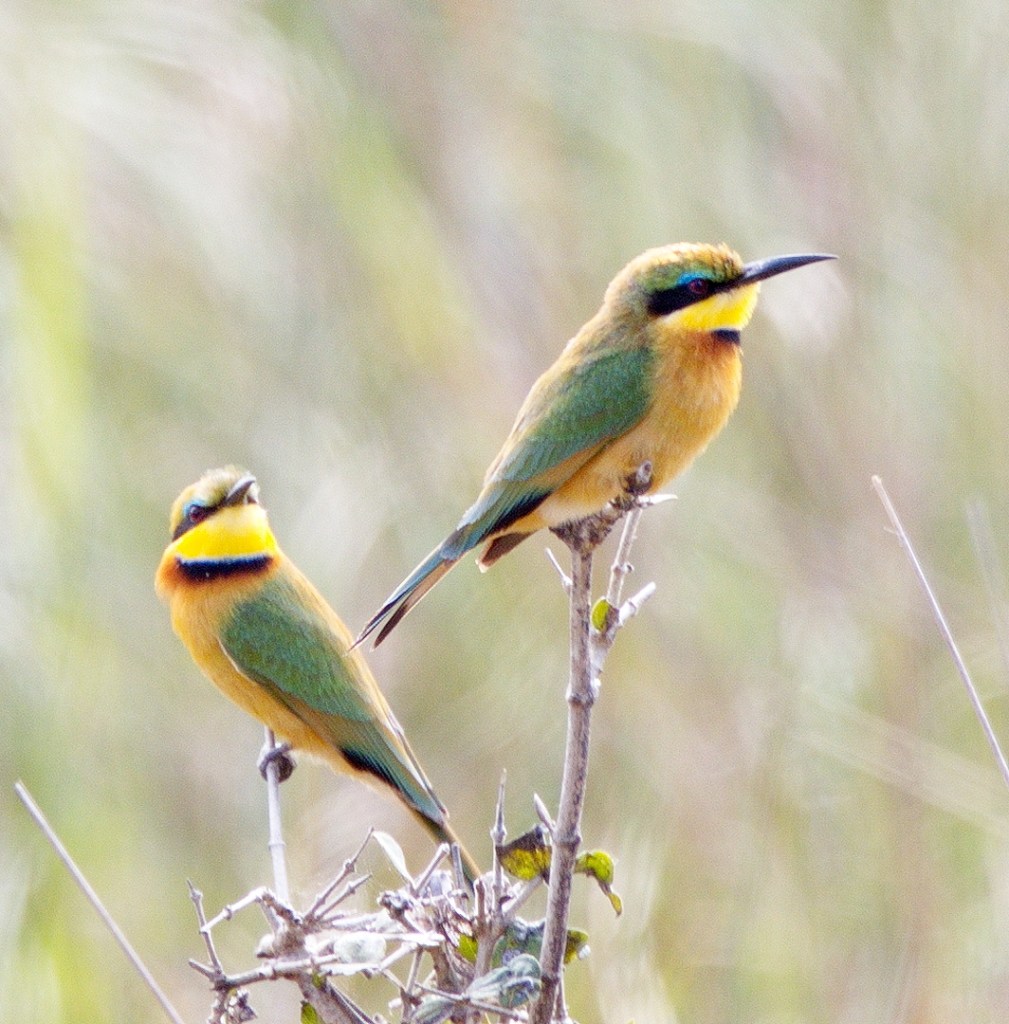




Elephants were few and far between. Having said that, we had an encounter with an angry elephant. Hey look, an elephant at the top of the slope ahead. It is on its way down. Wow, it looks like it is strolling. Hang on, that is deceptive it is actually moving quite quickly and it is actually heading straight for us. Best move fast. Foot down and, whew, we were away. As it passed behind us, it firmly blew its trumpet, and we relaxed. Close call.
We were also fortunate to see another aminal twice in different locations. Not one we ever expected to see.

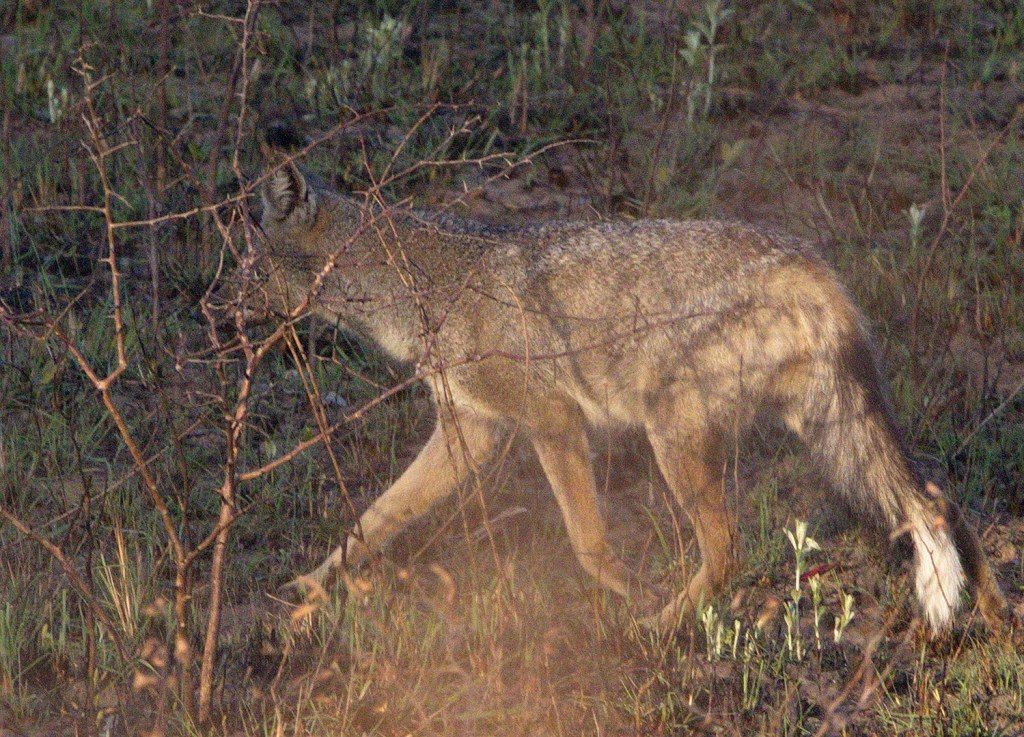

Then there was one route we took which had unexpectedly brilliant scenery and was excellent for game viewing in particular. At the end of this route is another Lake – Lagoa Maxanfi. On the way in, we noticed that one of the numbered signs that we were following gave no notice as to where this road led – Sign 11.
We decided to explore it. (apparently you need a permit to do so which we were not aware of at the time).
The first thing we noticed was the road was not sandy and that we were into open countryside, driving along a ridge with great views both left and right stretching for miles each way with hillocks of animals everywhere and a great expanse of a flood plain in the distance on our left. And I mean it appeared to be kms across and stretched the full length of the 11km ridge road that we were on.
Maybe there was not a huge variety of animals but what was there was made up in numbers. There were Blue Wildebeest, Burchell Zebras, Grey Duikers, Red Duikers, Eland and hundreds of Reedbuck. Even elephant were seen in the distant flood plain. The animals tended to stick to their own species on sides of slopes and on the whole were not concerned about us.


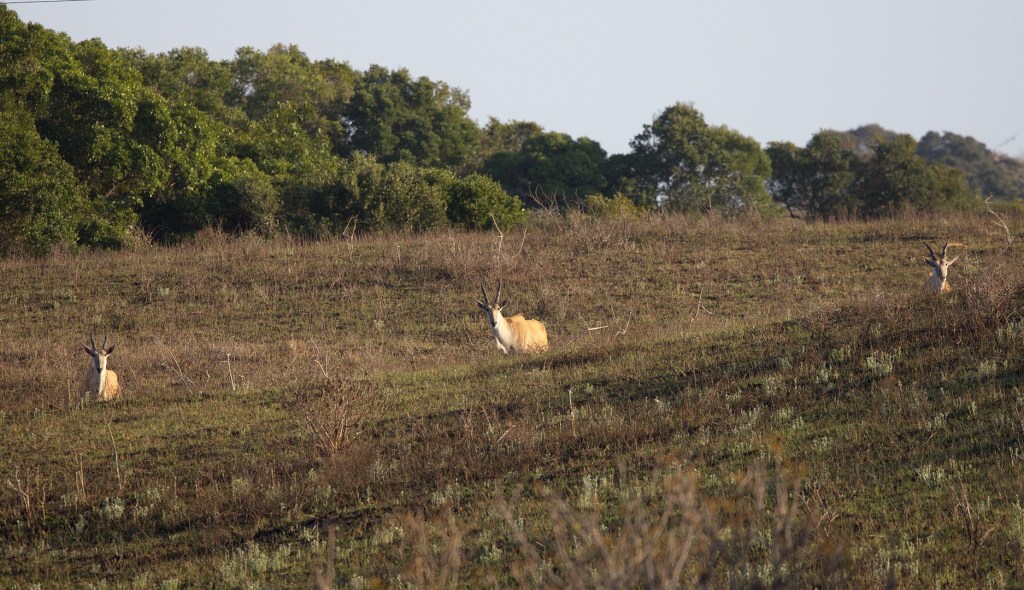
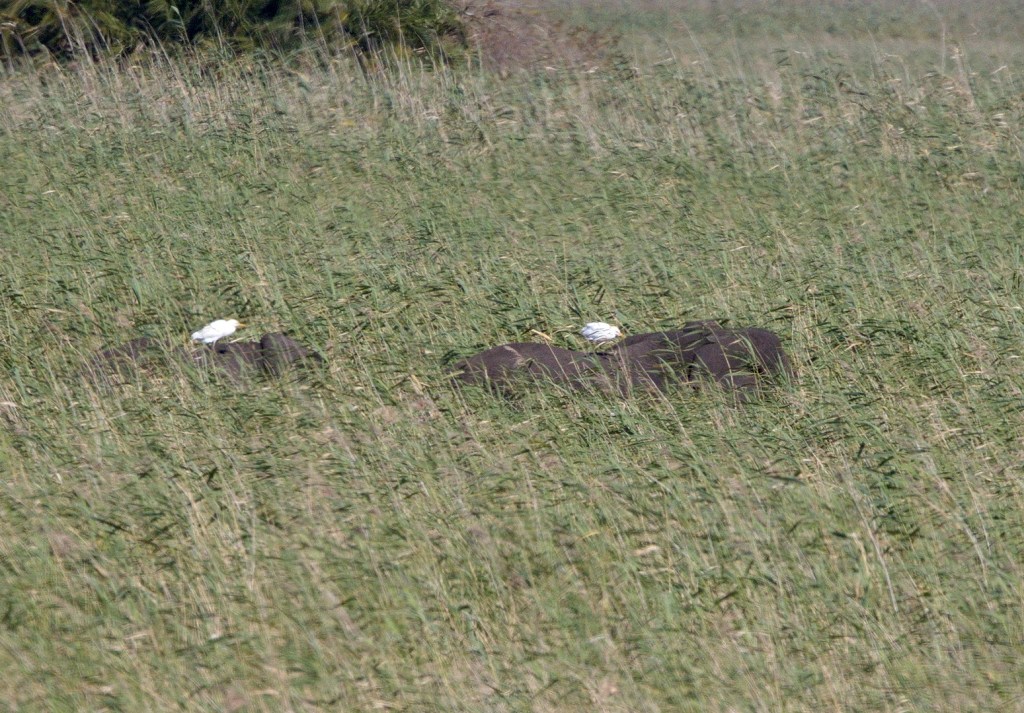




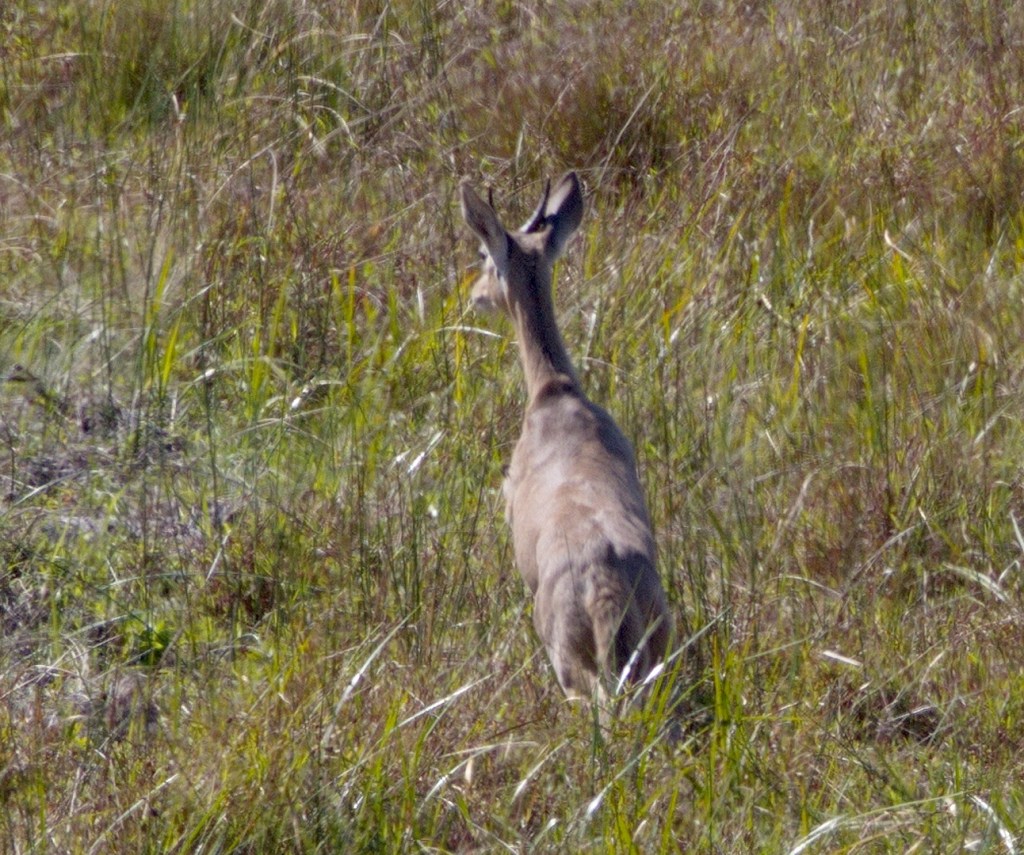

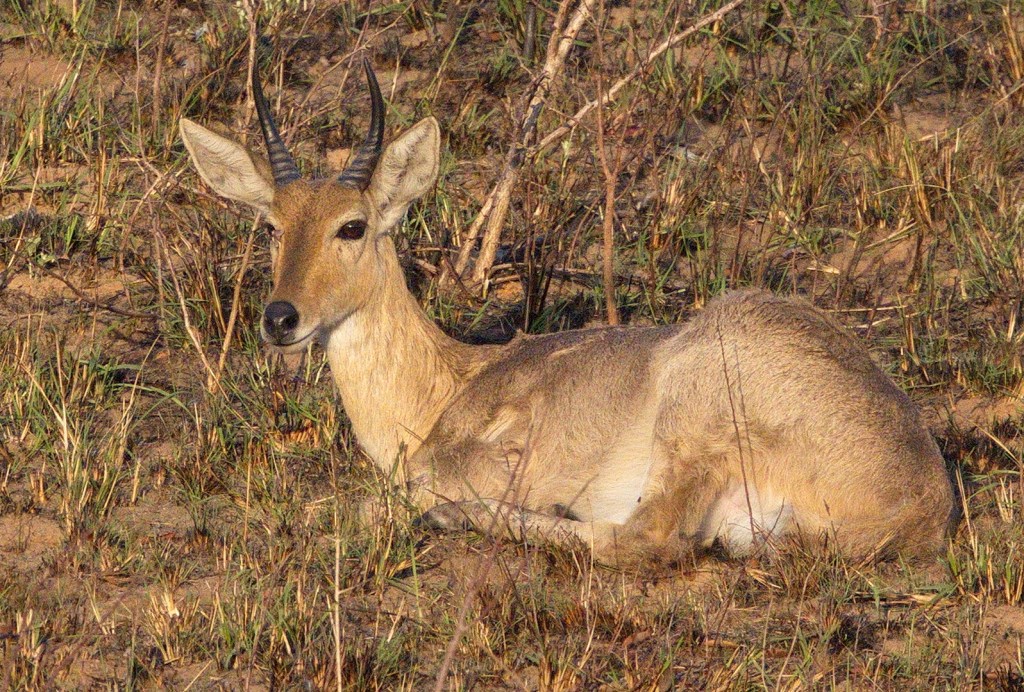



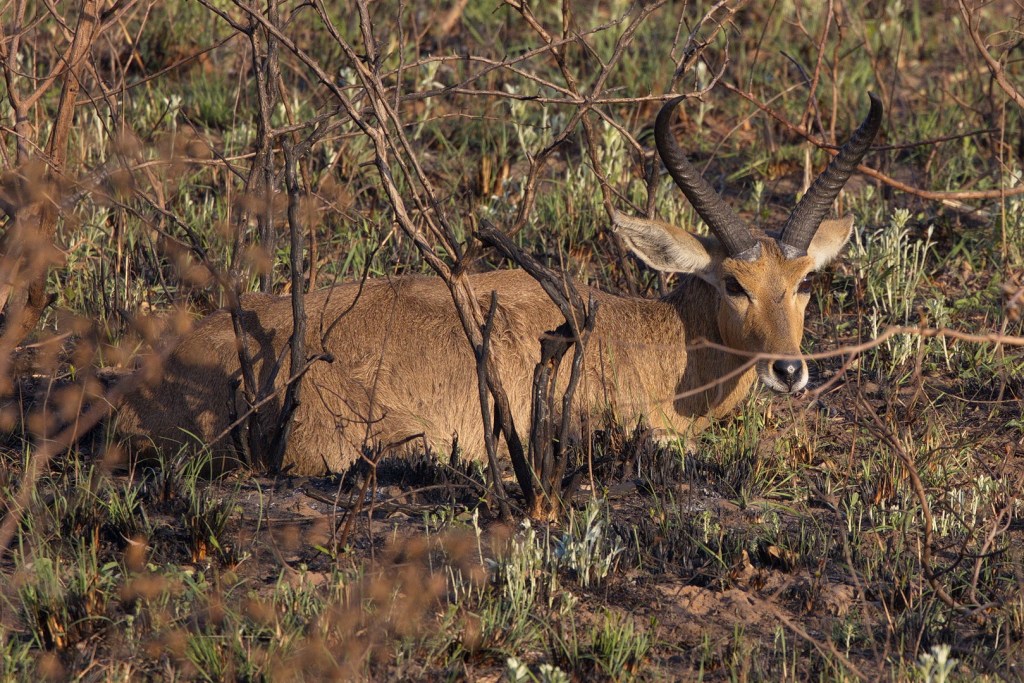
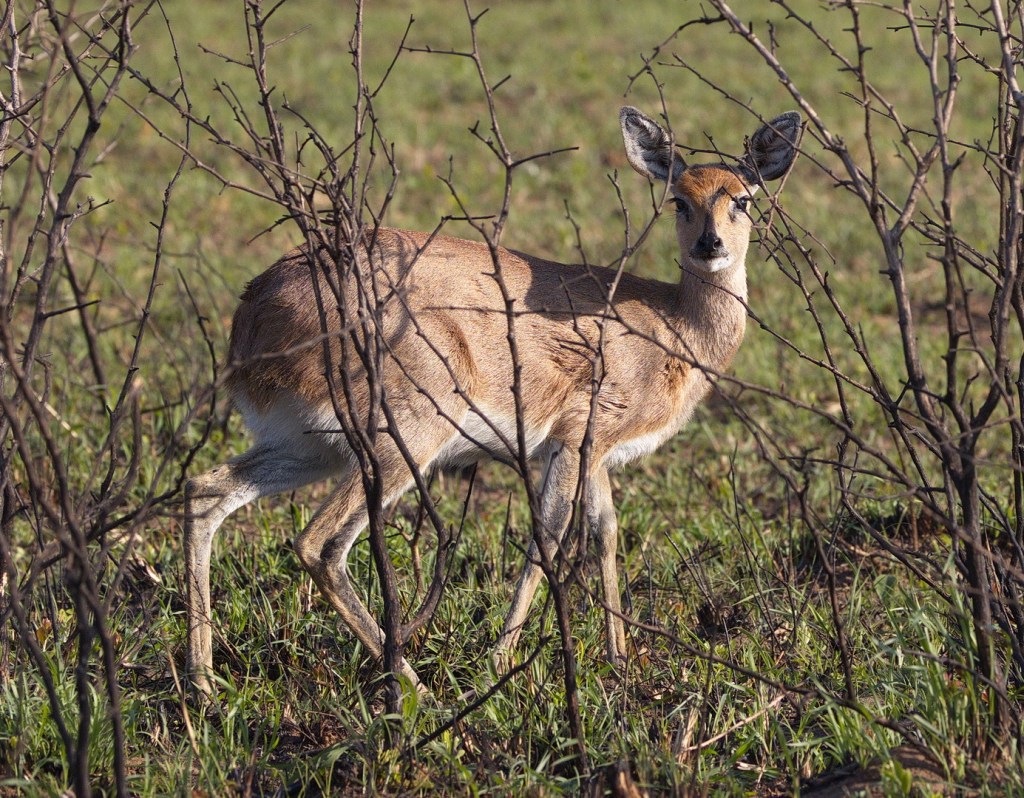
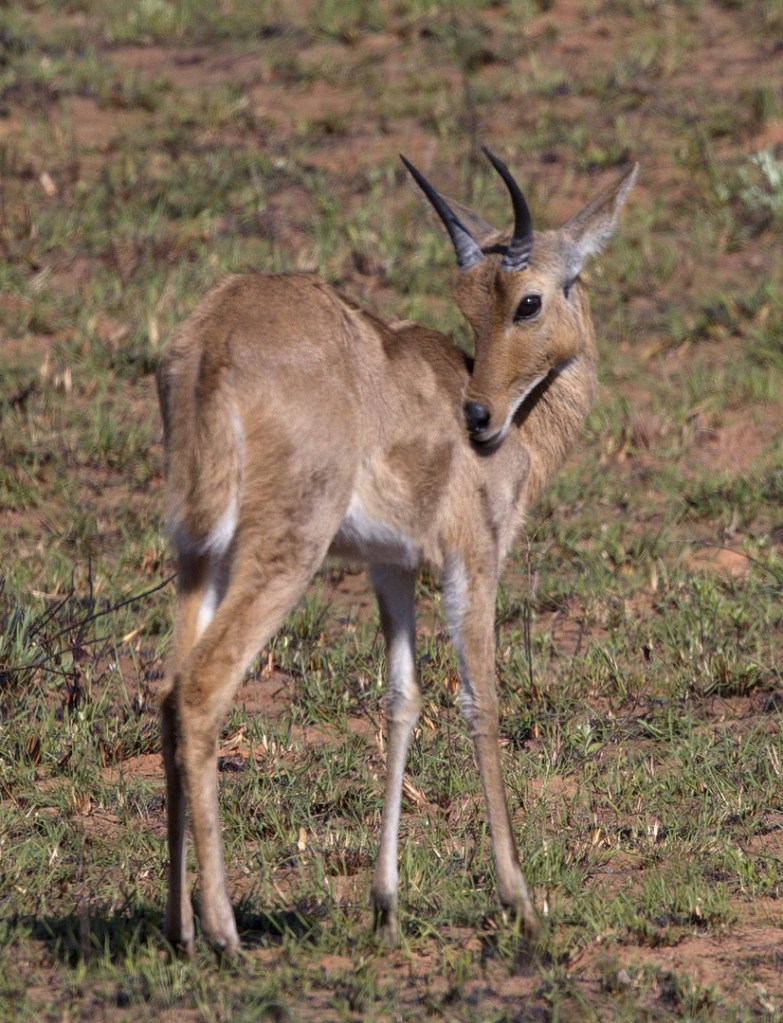




And bird species seen include:






At the end of the road we went down to Lagoa Maxanfi. Loads of reeds at first opening up to open water. Water birds popped in and out of the reeds – Common Moorhen, Black Crake and African Swamphen. Reed Cormorants, Darters, Egrets and Spoonbills were present. There were numerous White-faced Ducks and a Yellow-billed Stork amongst them. Purple Heron was seen on one bank and several raptors made a fleeting appearance as well as a Woolly-necked Stork.






And this raptor flew over in the distance.




This road was our favourite and we took several drives along it.
Our drive out of the park to the Futi Gate took us a third of the time that we took on the way in – only one and a half hours. At the gate we spent quite some time at their pump to get our tyres back up to the correct pressure. And then we were on our way to Macaneta north of Maputo.
In all we recorded 79 different bird species. You can download the list here:

Next stop Macaneta.
Macaneta
19th to 21st August 2024
Then we were on our way, continuing up the highway to Maputo and across the new bridge into bedlam.


An hour and a half later, fighting through traffic with our Wildcat in tow, we reached the north side of Maputo and eventually to Macaneta and our campsite at Tan-N’-Biki.
The campsite is not very impressive – more interested in being a conference hotel. There were three campsites. We chose the one more hidden but beside a sandy road leading to the beach. There was power and a choice of ablutions with hot water round the corner. Wifi was available in the office area.

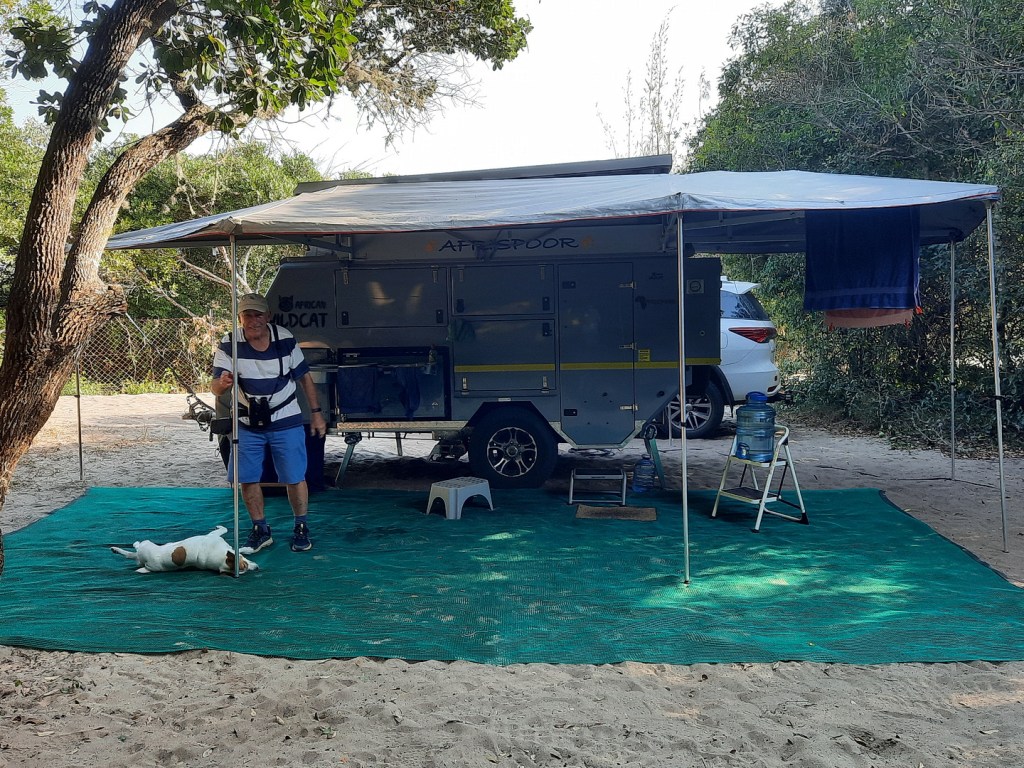

We had several hosts at the campsite.


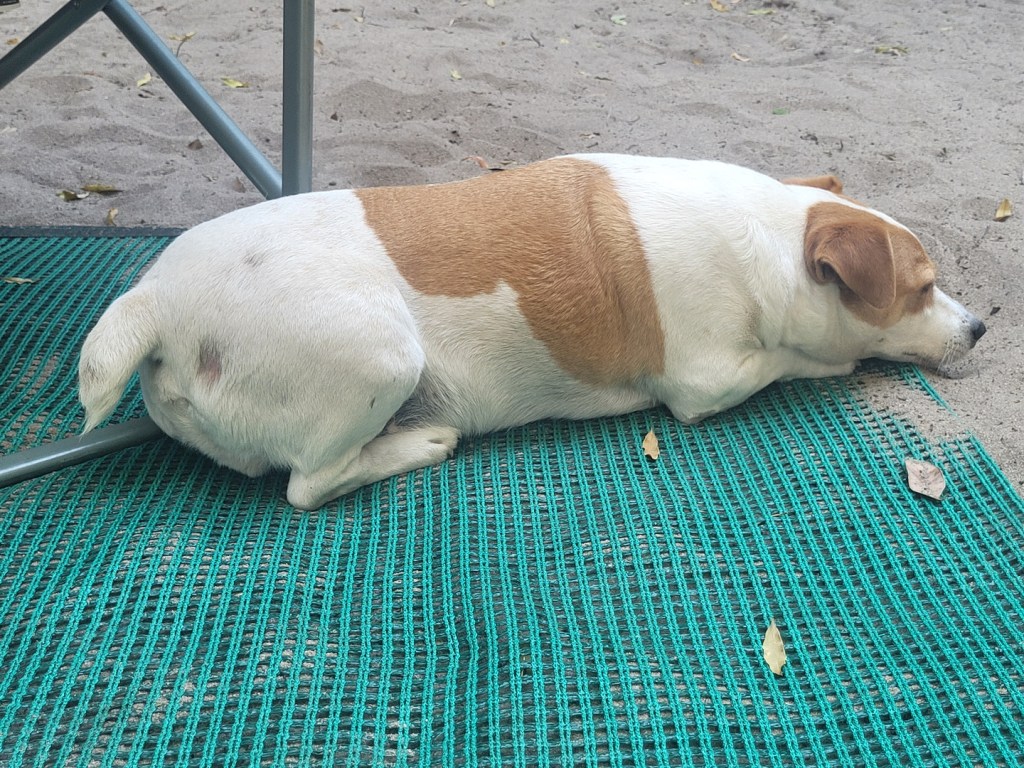
It was a short walk to the beach. Another long stretch of white sand.


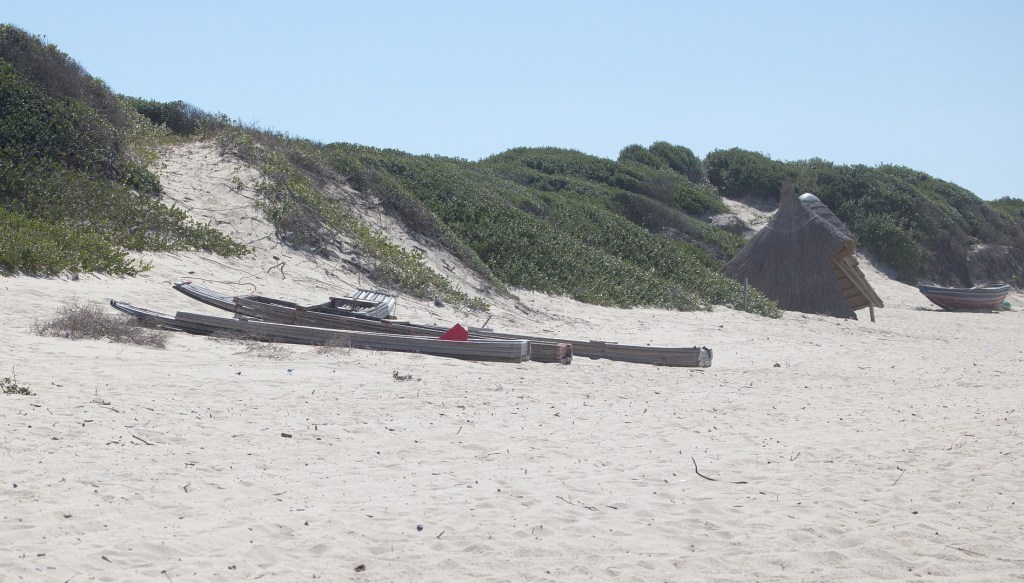



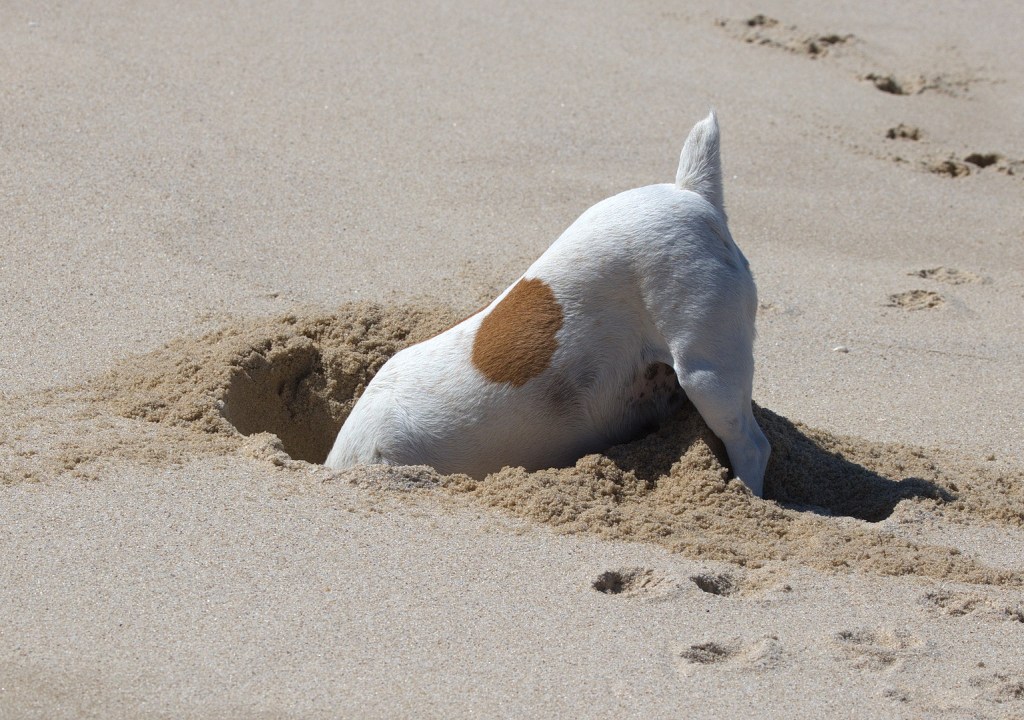
Looking out to see, many ships were passing by. But one very controversial in South Africa stood out – anchored.

On another visit to the beach, we watched as dozens of people were pulling in their fishing net.

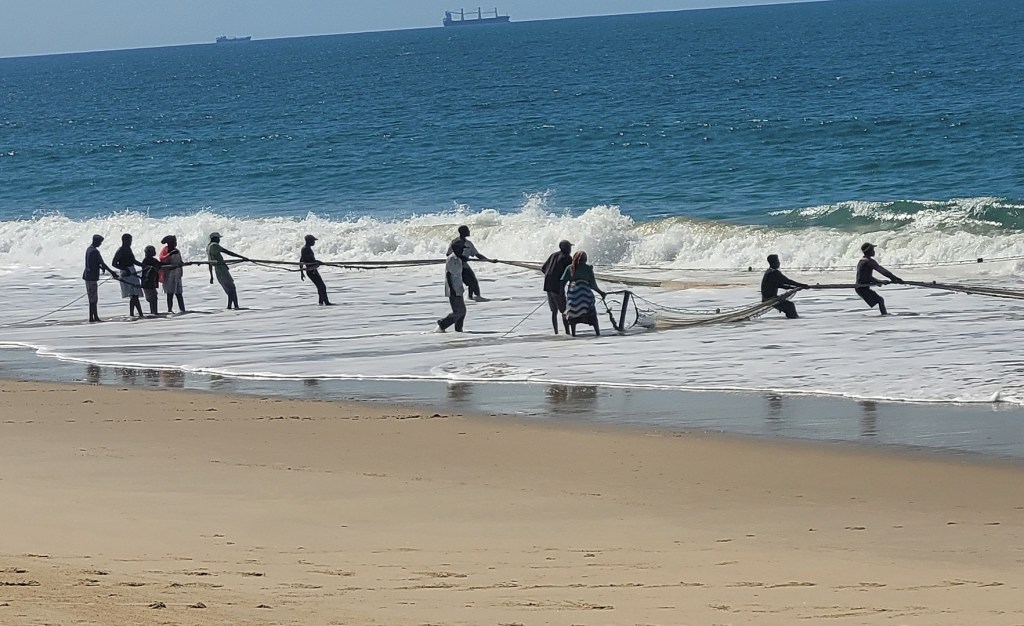




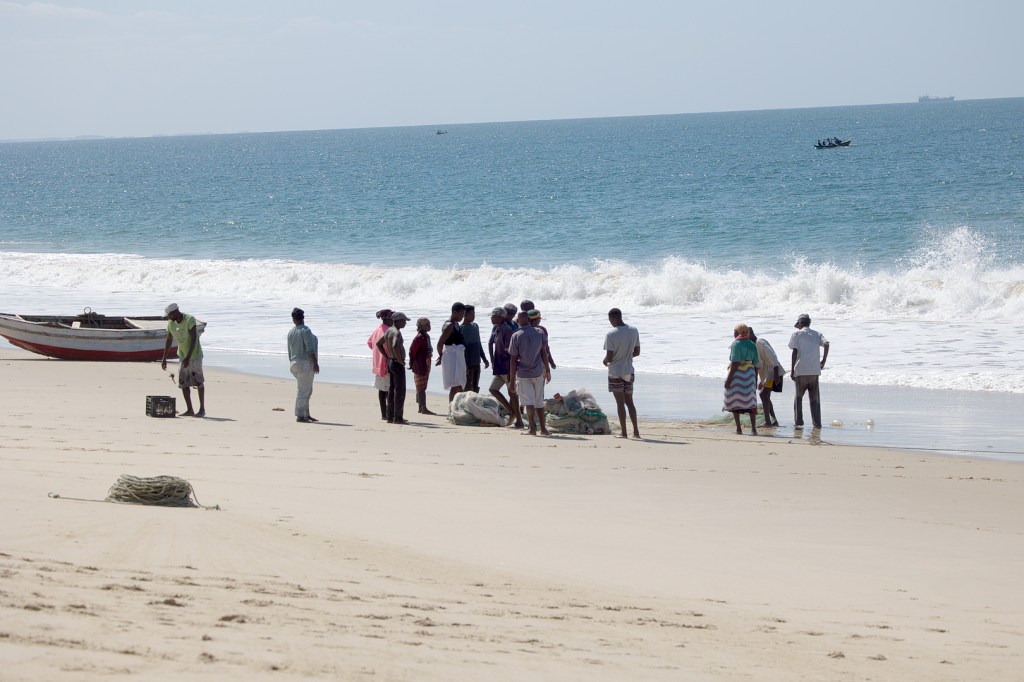
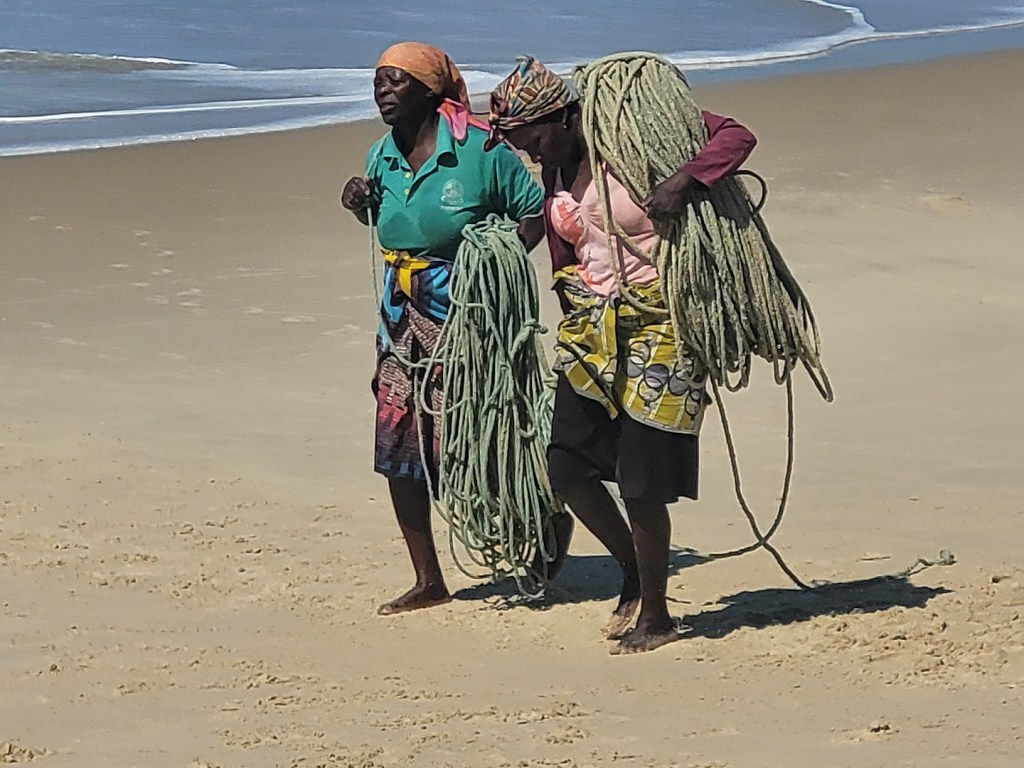
Birding was not great, mostly because we stuck to driving and not parading ourselves on the open flood plains. To get to the camp we had to cross a toll bridge over the river. Once crossed, the habitat changed to open flood plain on either side. And this is where we did our birding – apart from in camp.
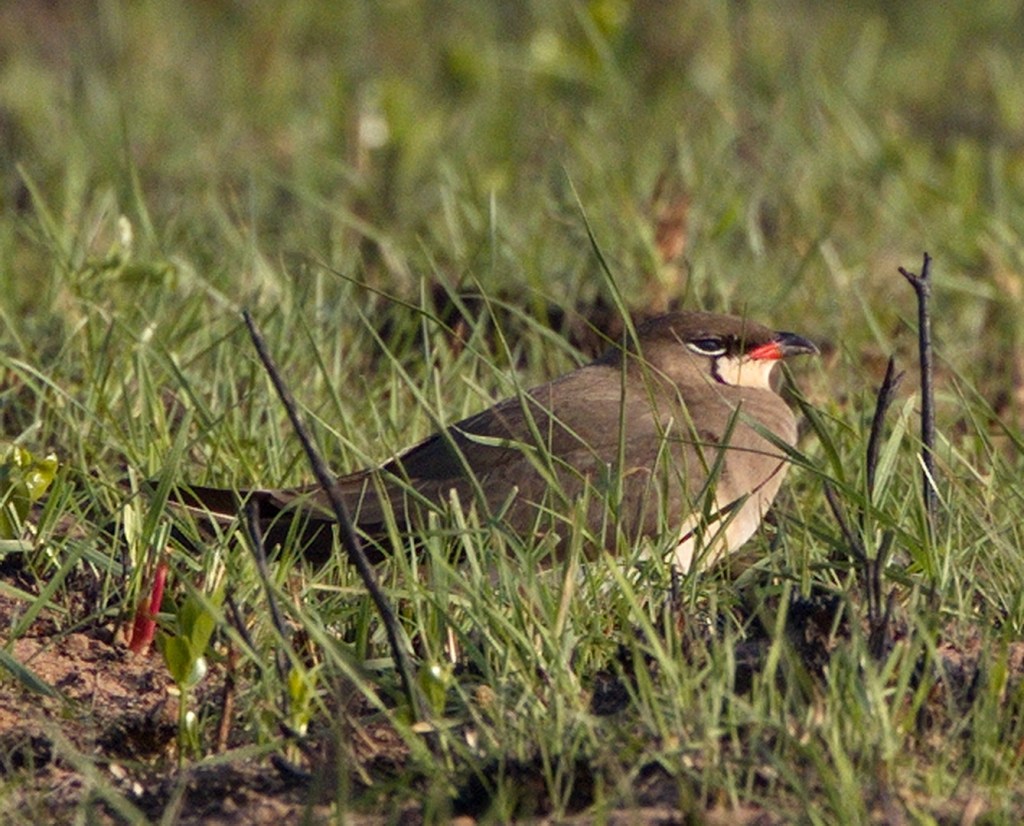
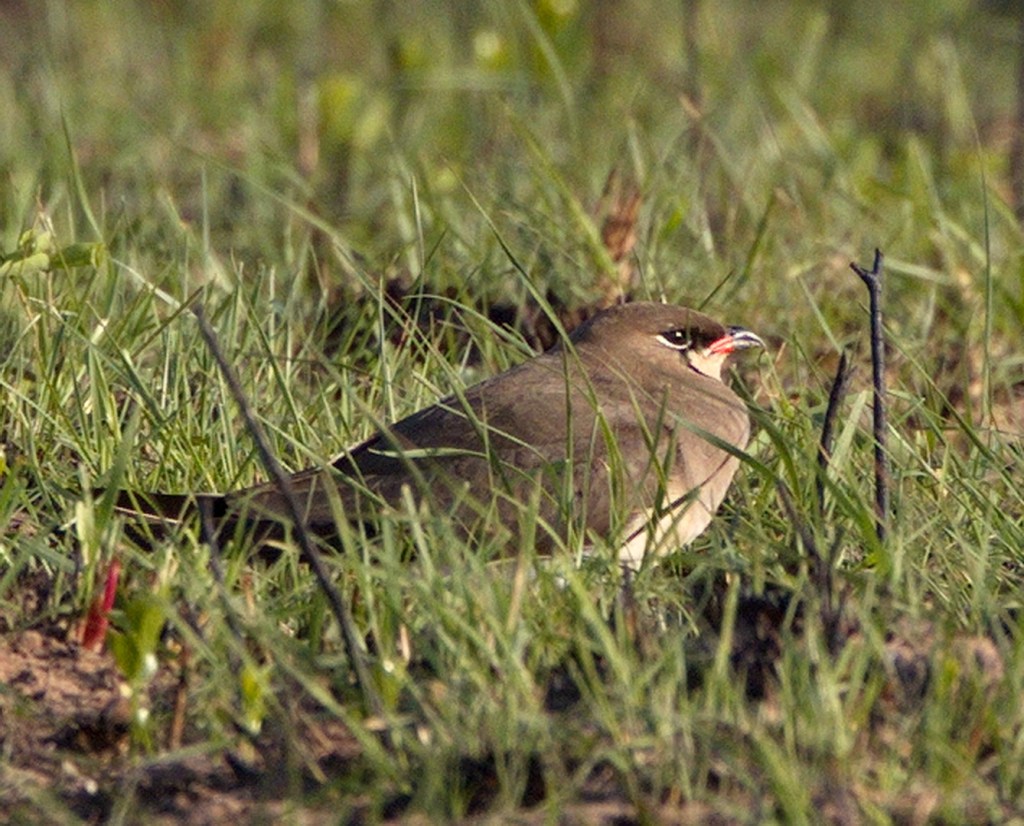












We had planned to stay 4 nights but after two we decided to leave and head home via a stopover at Bonamanzi for 3 nights.
In all we recorded 34 different bird species in the area. You can download our list following:
So back to the border at Kosi Bay, we headed. But instead of going round Maputo the way we came, we took the coastal road. A good 4 lane highway with numerous cheap toll stations, speed bumps and under-used to our benefit. We diligently stuck to the 60Km/hour speed limit. We were sorry were unaware of this alternative.
It was only as we approached to go over the new bridge that we joined the turmoil of traffic. Fortunately, this was a very short distance to endure.
Once over the bridge it was a very pleasant drive to the border.
At the border, one of the customs people asked for our papers and noticed that the official who prepared it had forgotten to put our Wildcat on the document – a fine was coming. Fortunately, Sally had the original official to add our Wildcat to the gate pass which we should have handed in.
We did all the paperwork for both sides, came back for the car and drove off quickly.
Bonamanzi
21st to 224th August 2025
We arrived at Bonamanzi in good time and setup camp quickly before going for a drive around the camp.
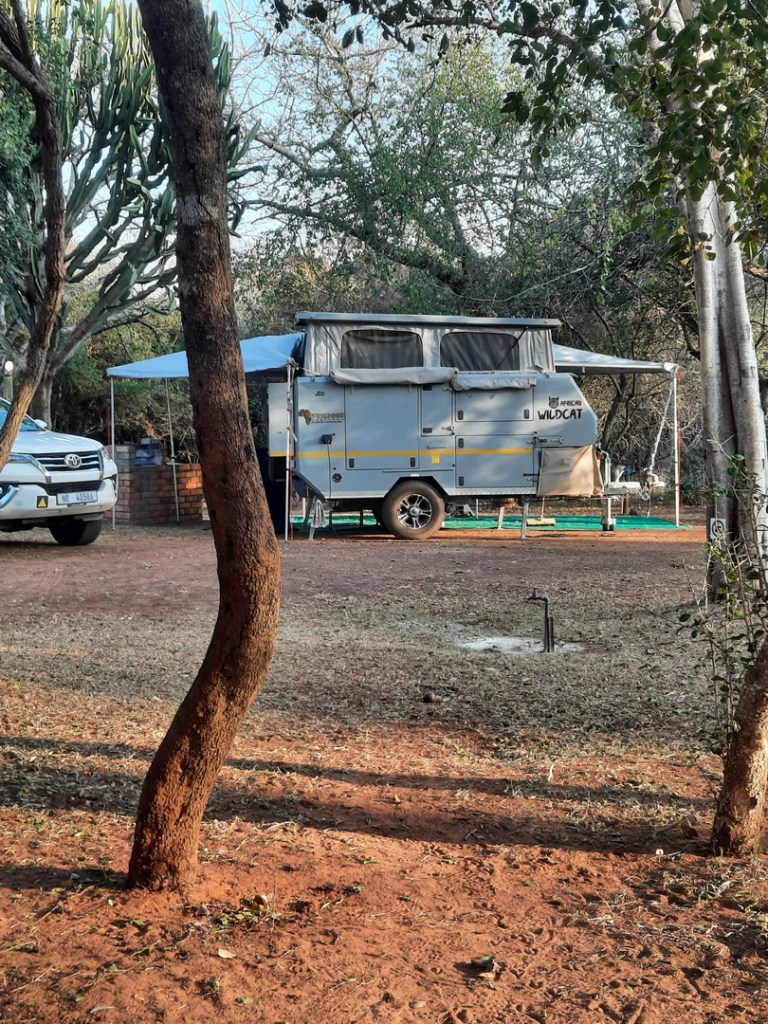
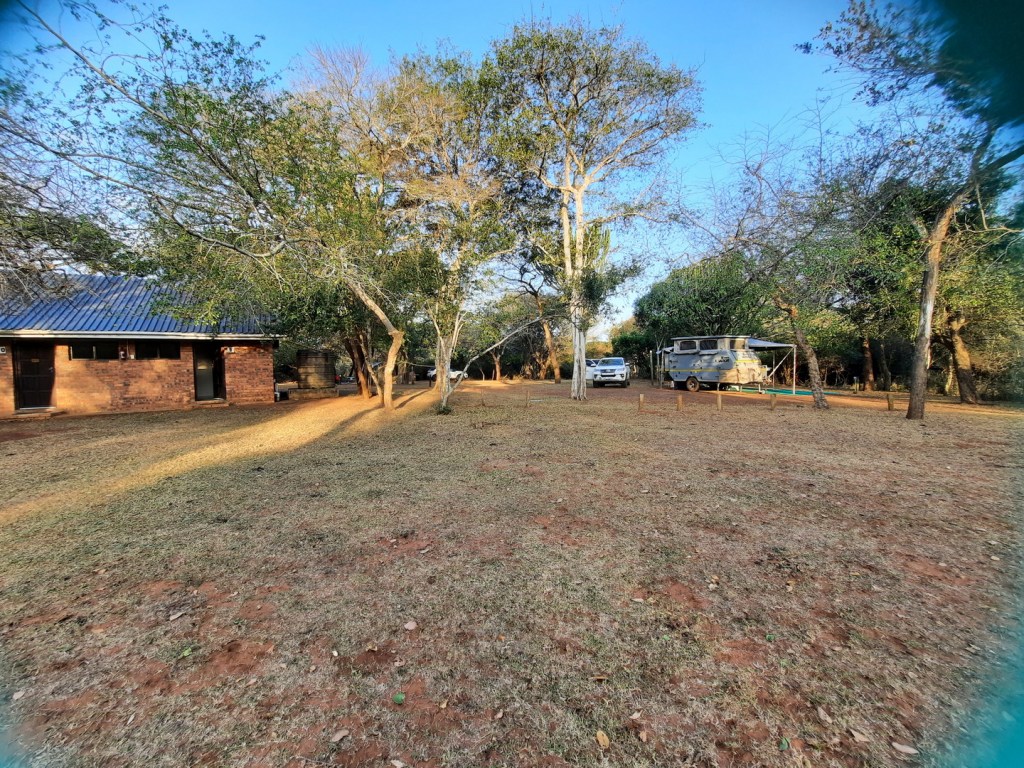


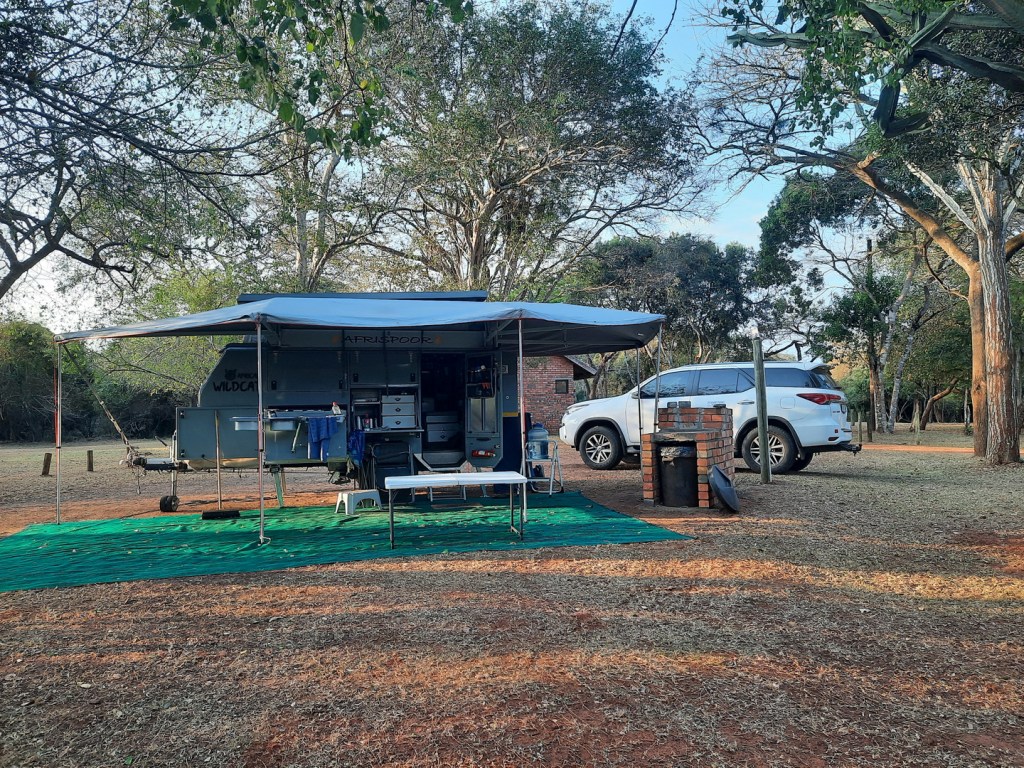
One of the habitats on our drive around in rainy conditions.

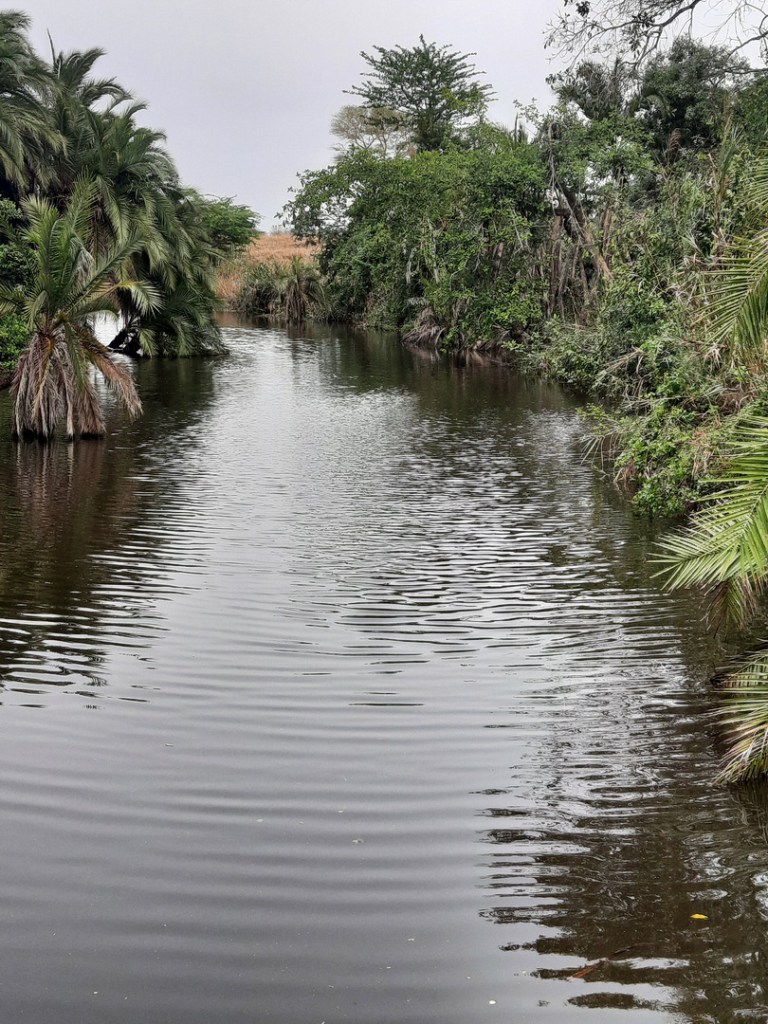
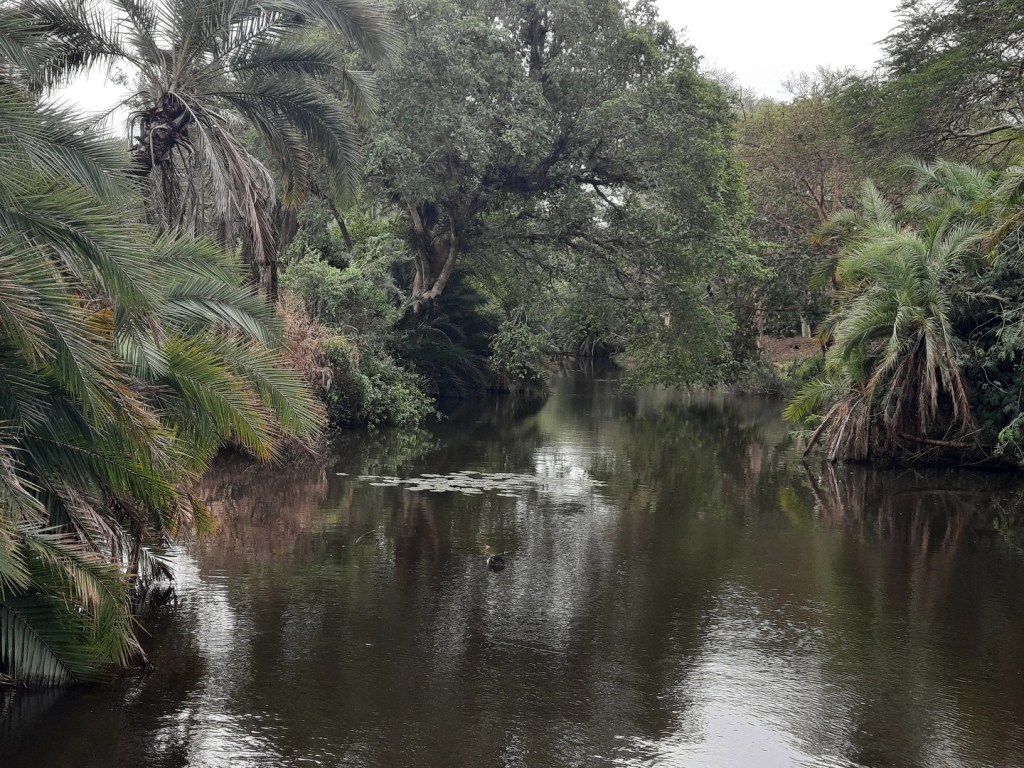
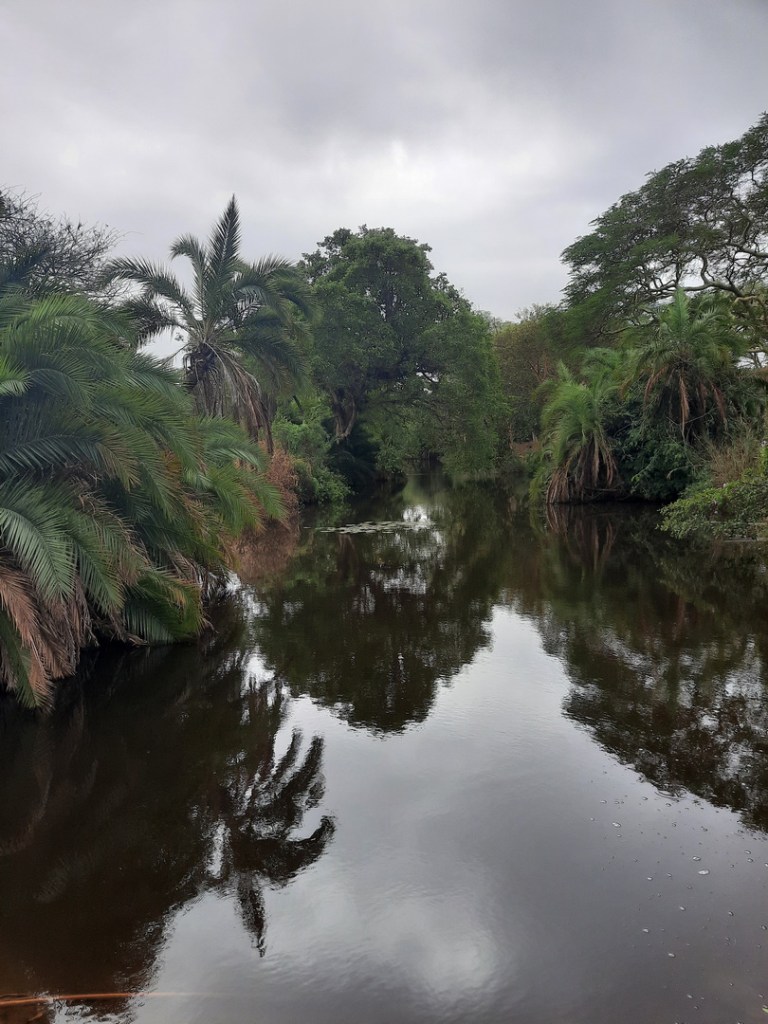

The rainy conditions limited our bird photography, but here are a few of the species photographed – a number rather wet.
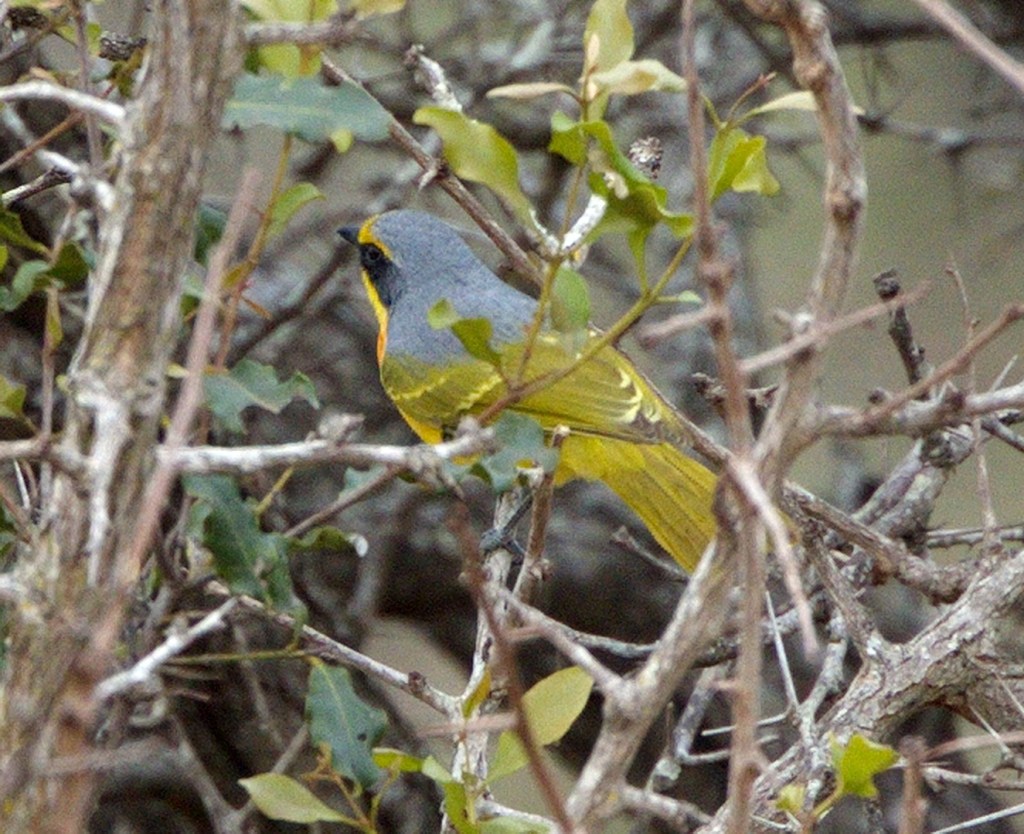
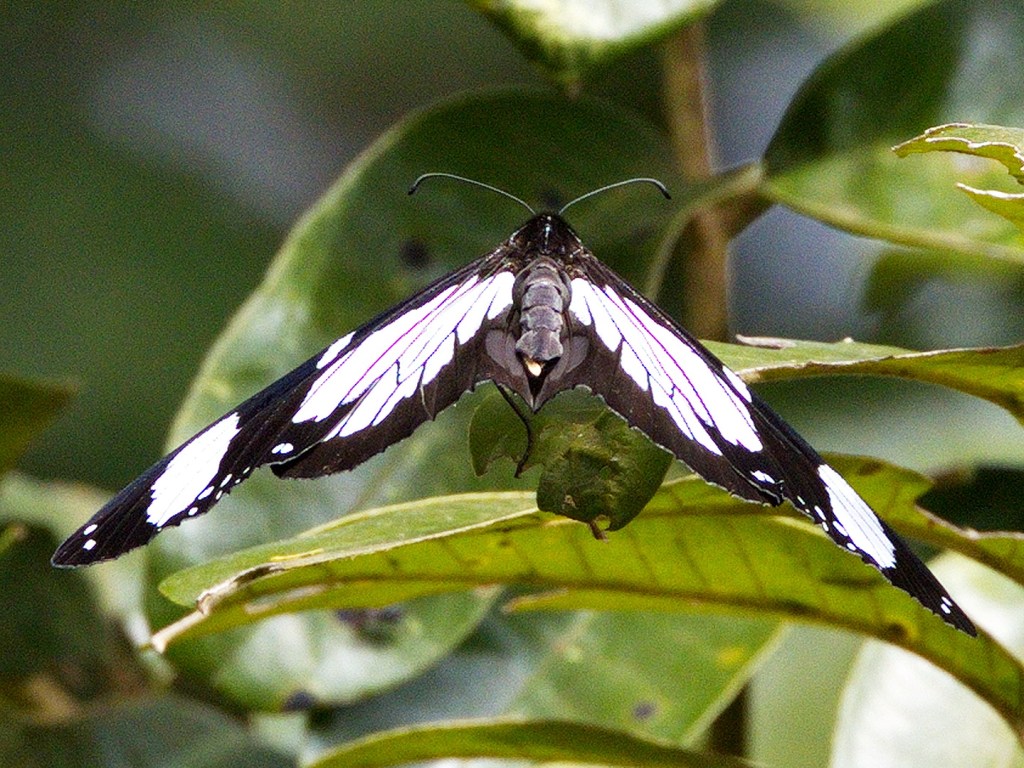
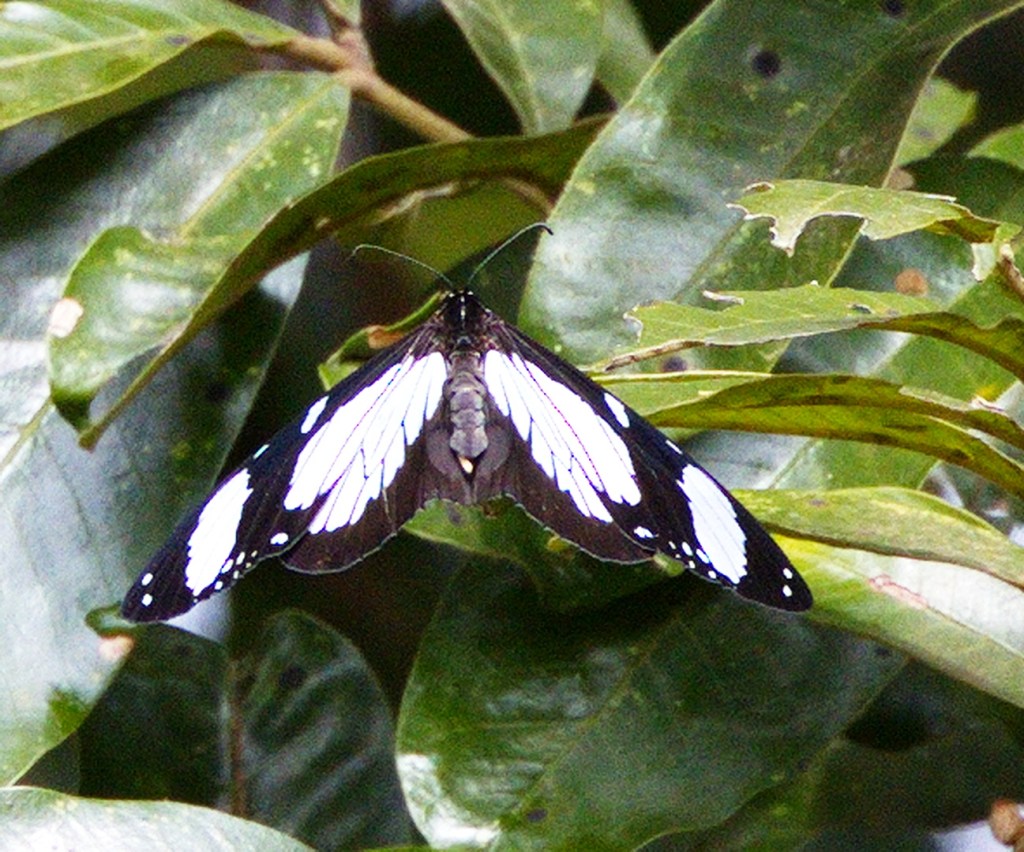
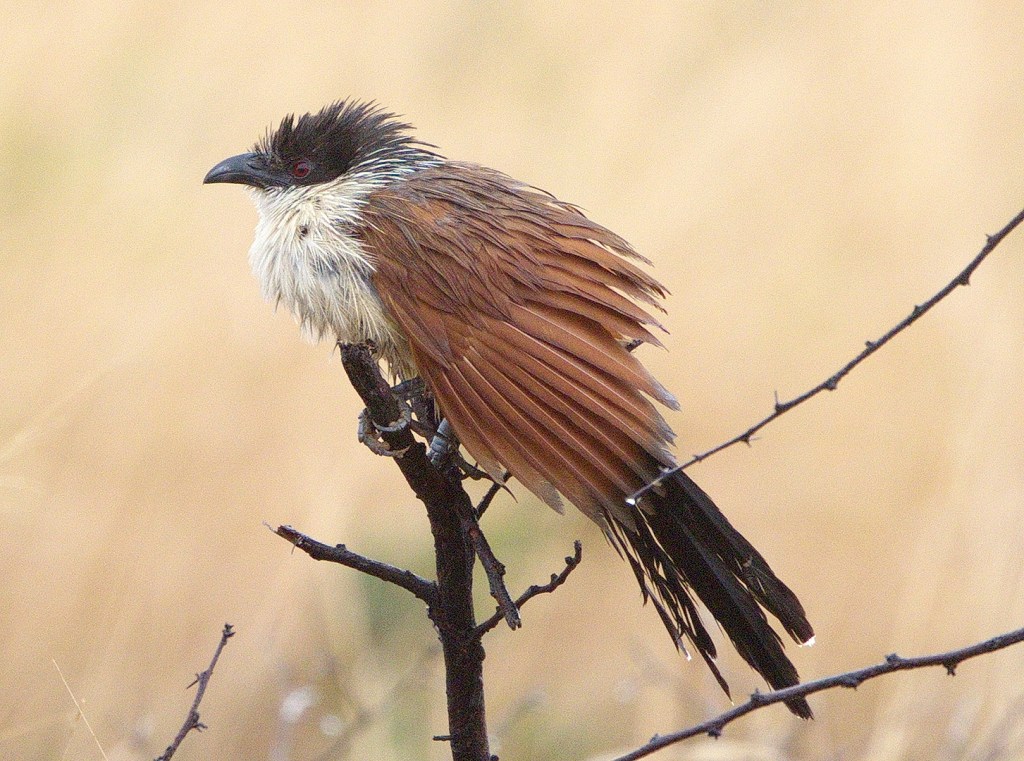


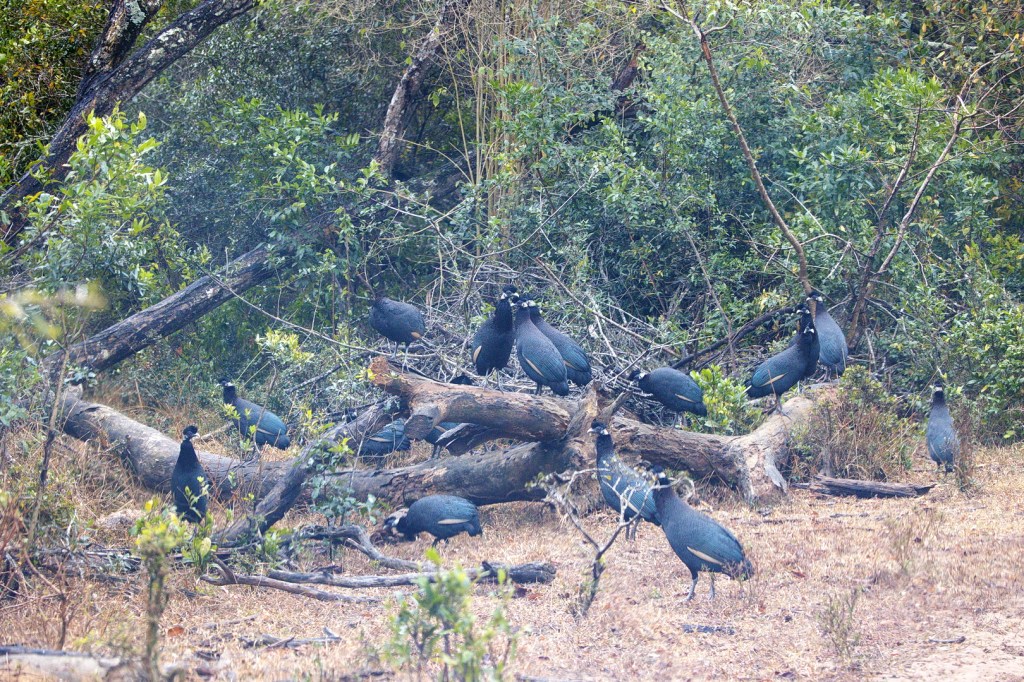
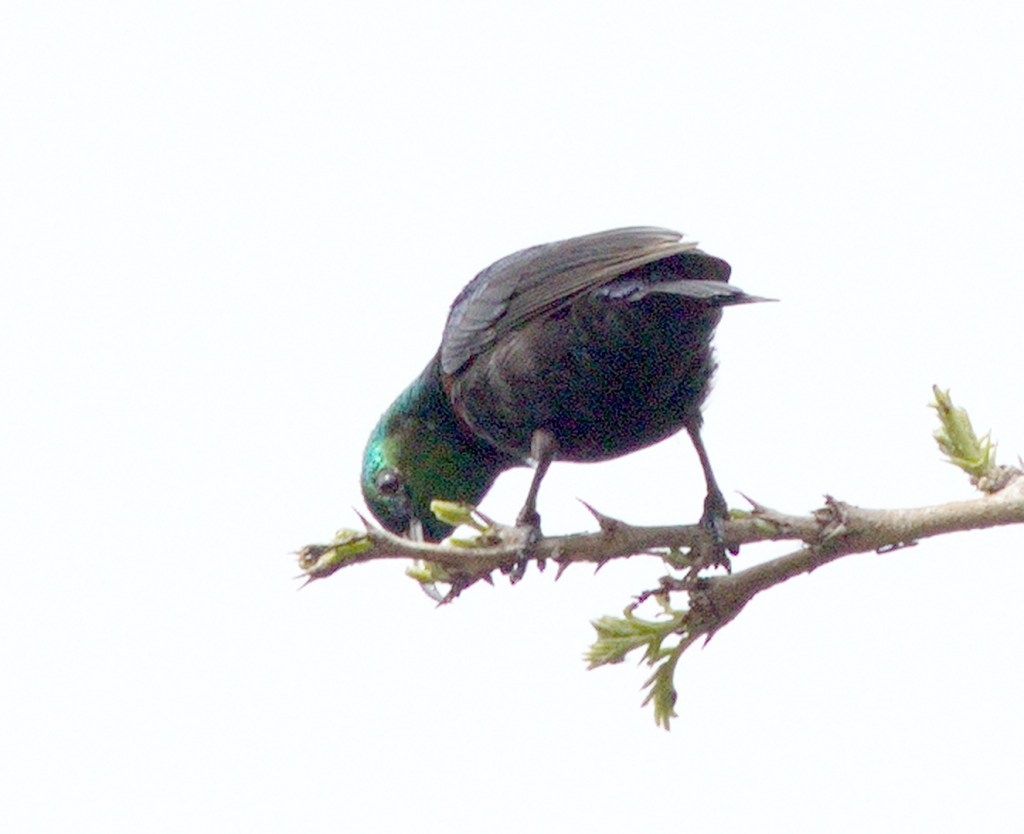


When the weather got unpleasant, we headed for the lookout over the dam at the main camp. From there we watched the few waterbirds that were present.
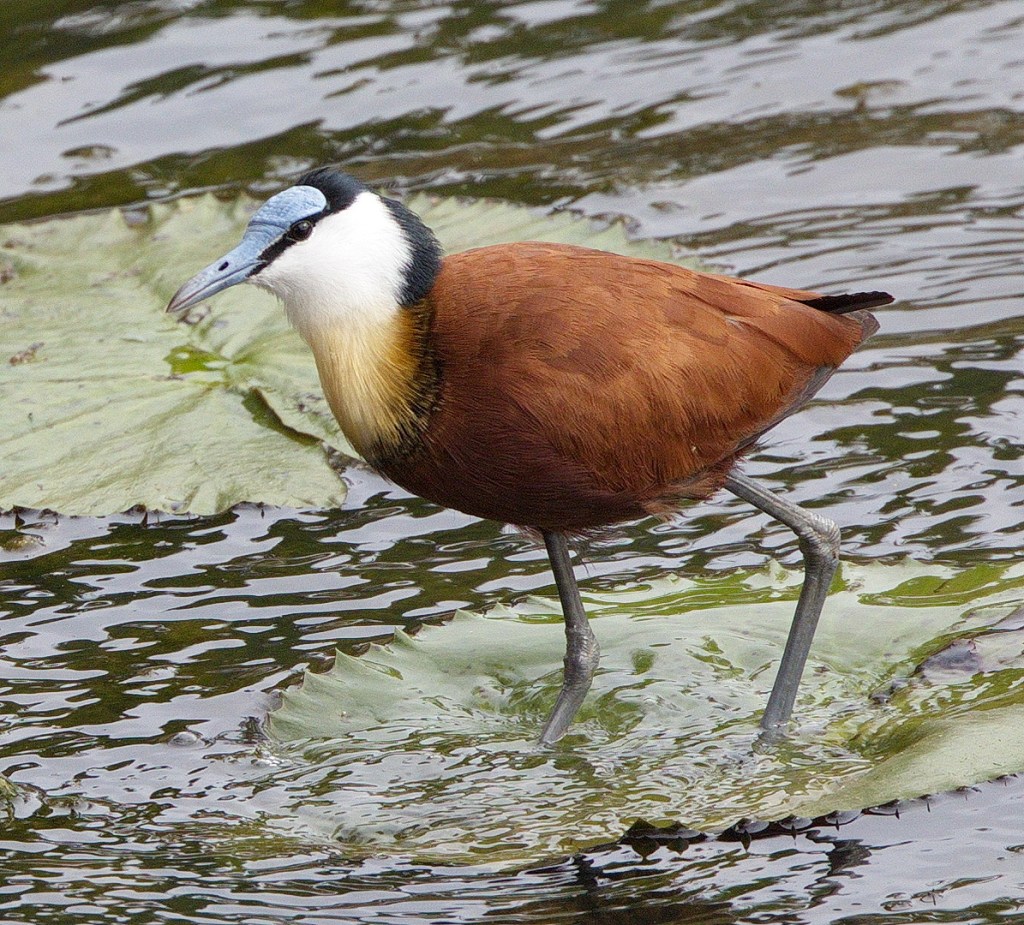






In total we recorded 69 different bird species in Bonamanzi. You can download the list here:
Hluhluwe
23rd August 2025
One morning at Bonamanzi we went to Hluhluwe.
As we entered the park we immediately turned right and into the mountainous open area. It was quiet at first until we got over the first of the hills. At the bottom we found Buffalo and Rhino with Red-billed Oxpeckers having breakfast atop them. We travelled along the lower road heading back to the tar. As we approached the tar a heard of Elephant blocked our way.

Fortunately, they moved out of the way and we were able to get to the tar. However, we could not turn back towards the gate as they blocked that road also. Wanting to head for the off-tar picnic site, we were obliged to head towards Hilltop and then turn off. Elephants were all along beside us until the turn off.
Picnic site for breakfast. A good spot overlooking the river. Birding is always interesting there.



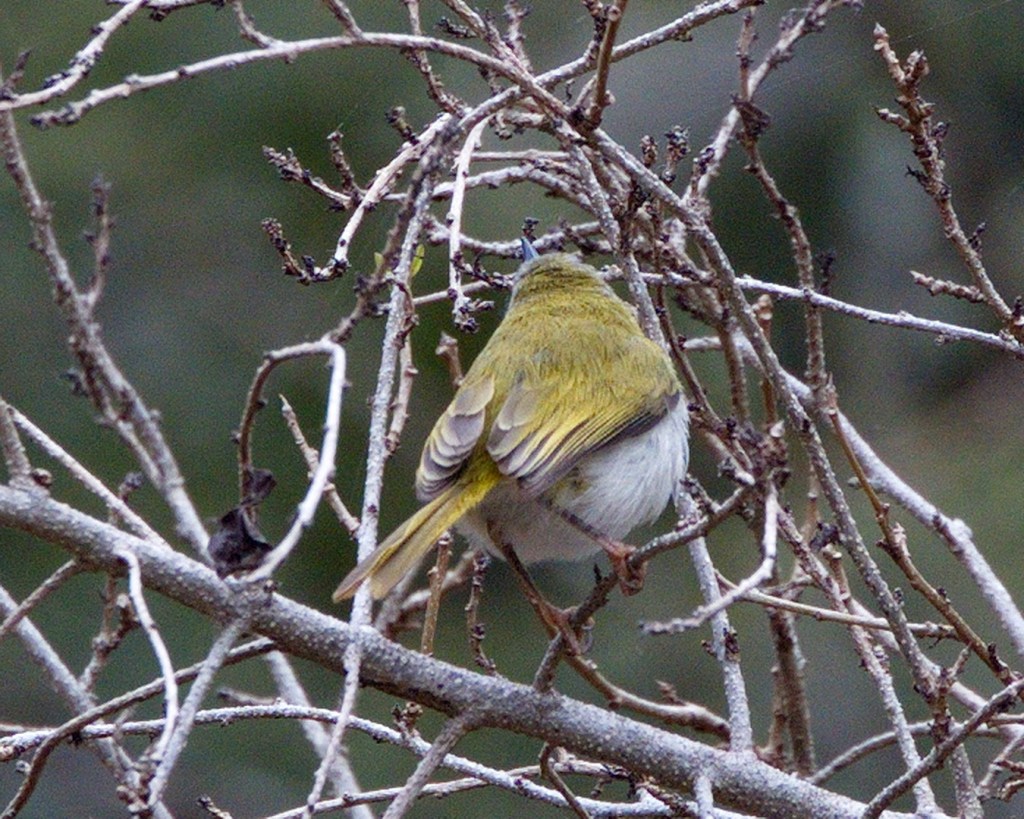
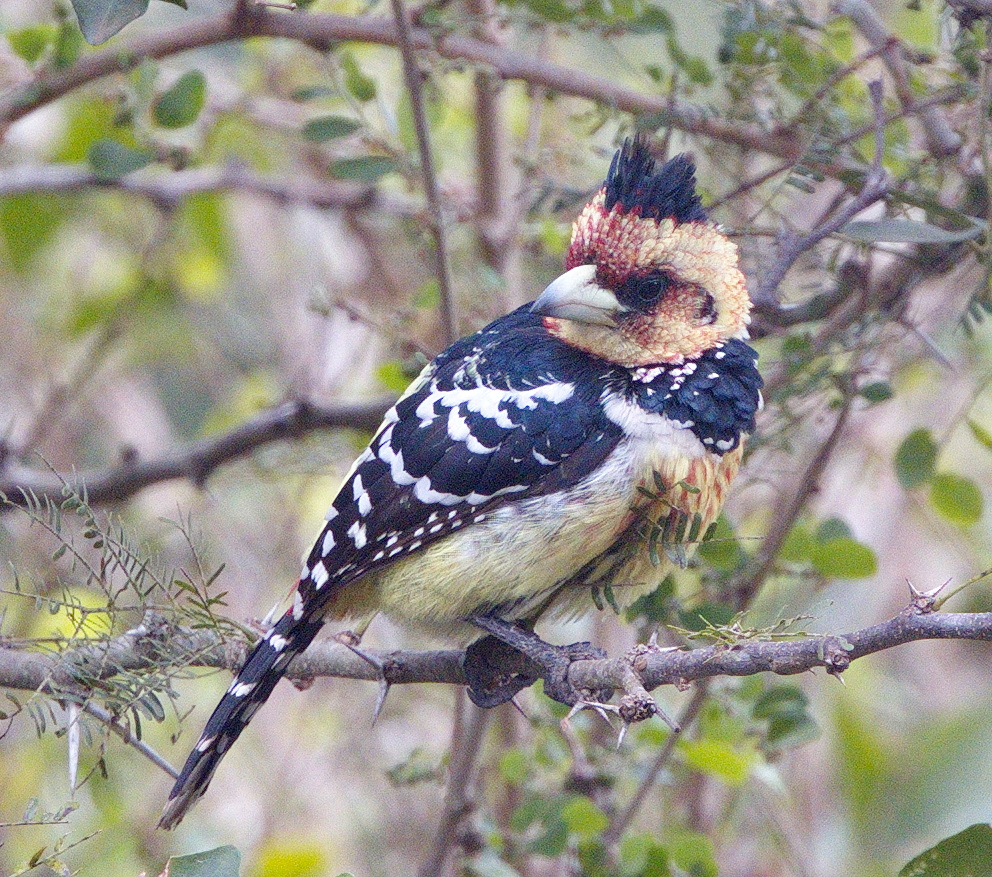






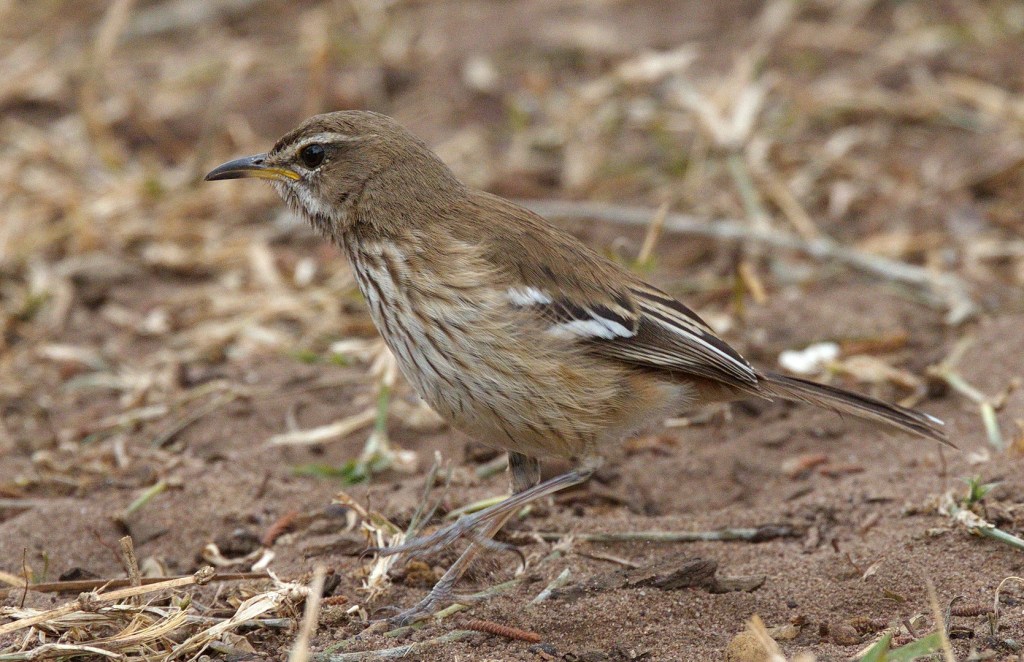
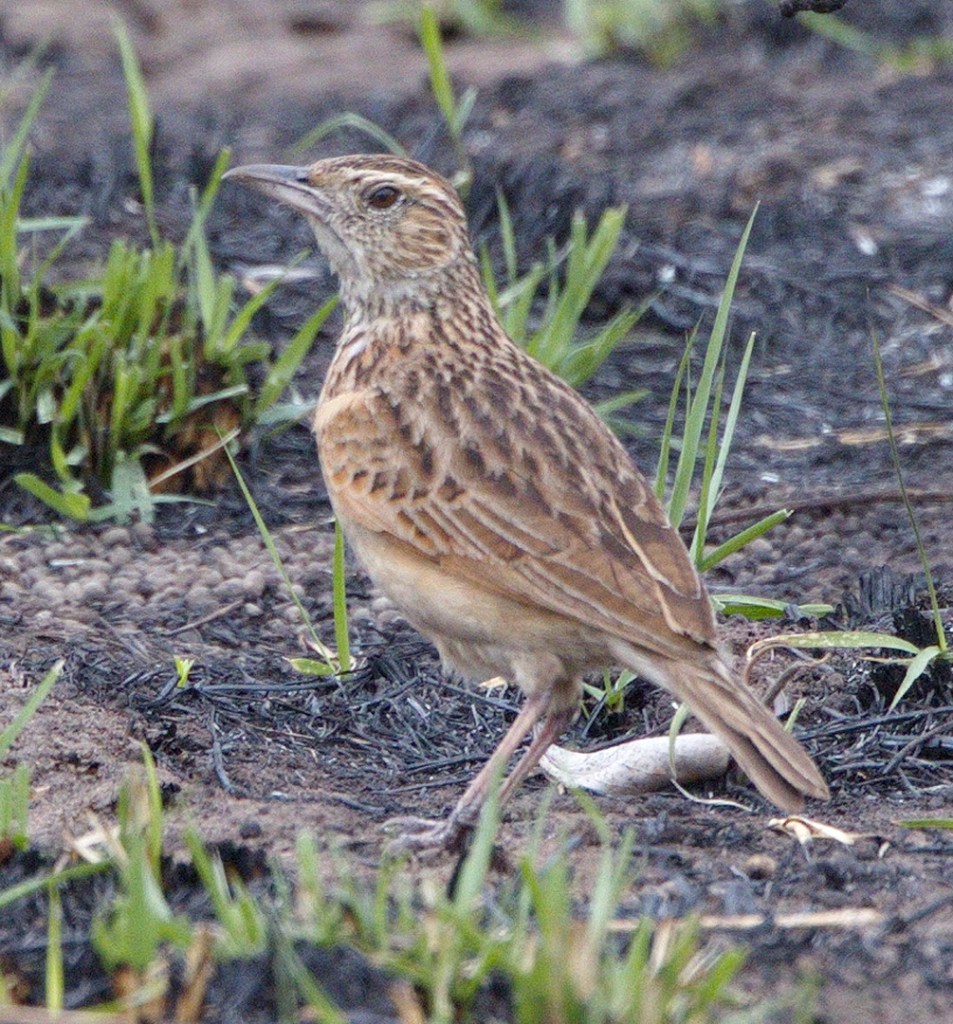

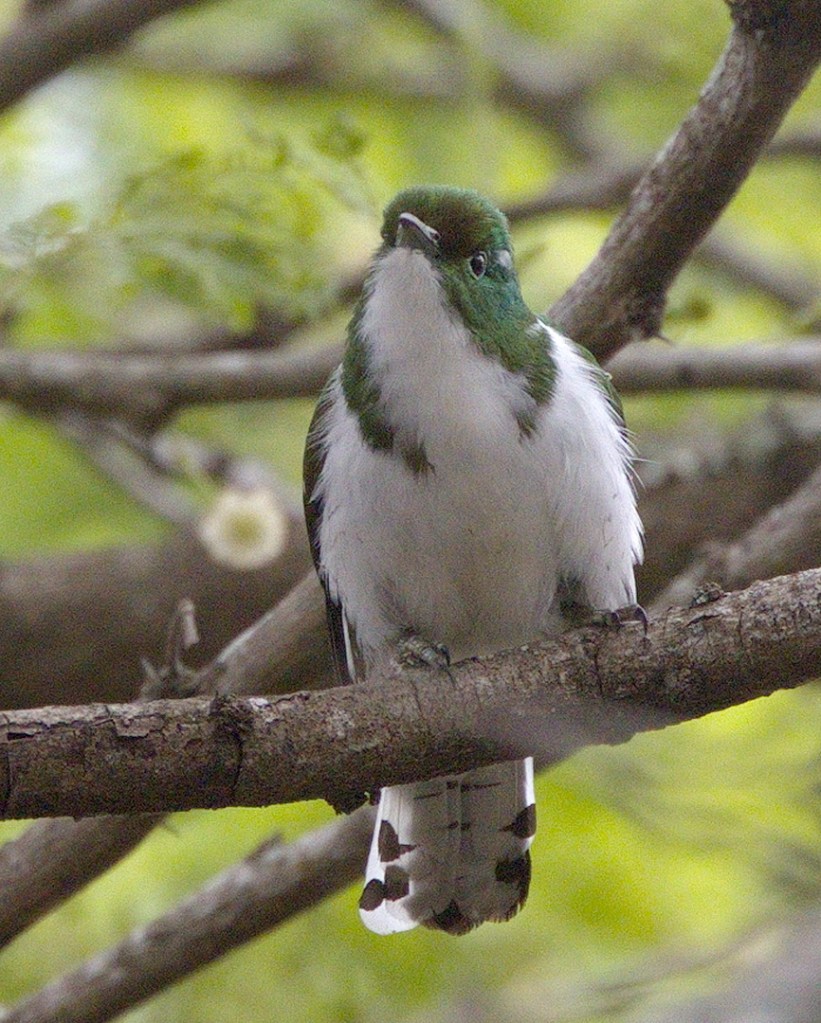
The other picnic site on the way to Umfolozi had a few birds but as the day was dull we did not stay long.





Instead, we headed back towards Hilltop and decided to take the Magangeni Loop. This loop road had been closed the last several times we had visited – due to flooding. It too was quiet except for a lovely king Kudu.


Well, the loop road was not as we expected – a loop. We almost got back to where we started the loop when we came to a river crossing totally flooded. So, we had to turn round and go back the way we came. Grrr…. no warning.
A quick stop at Hilltop Camp and then we started to head back to Bonamanzi. As we drove out and around to the back of the camp, we noticed numerous White-backed Vultures flying ahead. Then as we became able to look down to our left we noticed a number of trees loaded with vultures.


So, what brought them to this place – must be a big meal waiting somewhere near-by. We did not have much further to go to find out.
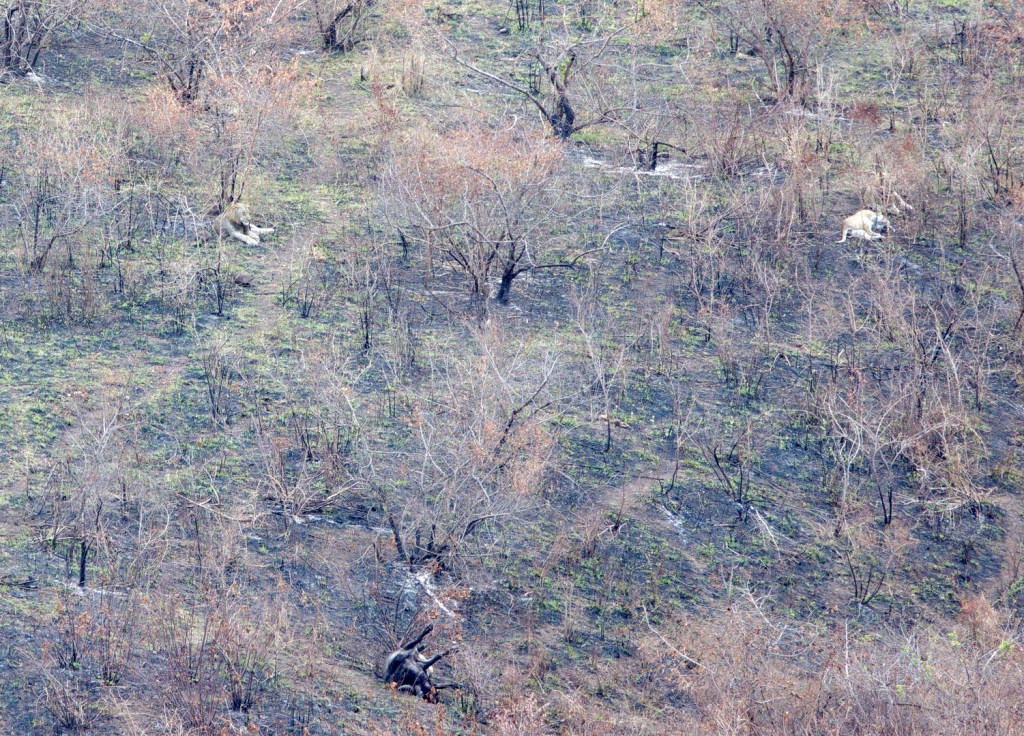

Well, that was a good way to end our day there. Back to Bonamanzi for dinner and getting ready to leave the next day.
A pride of Impala decided to visit us in camp – perhaps inviting us back sometime soon.


Dinner finished and relaxing, listening for Nightjars. Then suddenly, a maddening crash of bushes and trees just out of sight – elephants – several making quite a racket and blowing their trumpets. In all the times we have visited Bonamanzi we have never seen one. This was the second time we have come close. The previous time was late at night when one came into the camp breaking down trees, digging up the road leading out of camp and breaking one of the water taps flooding a part of the camp. We stayed inside not to rattle its temper.
If you download the following, you will be able to see the list of birds we identified in both Bonamanzi and Hluhluwe.
That was the end of the trip, and we headed home uneventfully the next day.
Hope you enjoyed the read.
Sally King and Paul Bartho
